
The Best NYC Books of All Time
Untapped New York staff and contributors share our favorite books about and set in NYC for the ultimate New York reading list!

Inspired by the recent ranking of the 100 Best Books of the 21st Century from the New York Times, we decided to survey the Untapped New York staff, our tour guides, contributors, and a few Untapped New York Insiders to find out their favorite books about and set in New York City. The list includes both fiction and non-fiction works, as well as some poetry and plays, published between the 1800s and the present day. You’ll find among our selections micro-histories on topics like Manhattan’s original street food (oysters), cemeteries, the indie rock scene of the Lower East Side, baseball players, bridges, and more. There are also children’s books, coming-of-age tales, and classic works of literature. Check out our picks below and look for the titles at your local bookstore (New York is full of hidden and niche bookshops). Tag us on social media, @untappedny, to share your favorite New York City books!
This article contains affiliate links. When purchasing through Untapped New York’s affiliate links, there is no extra cost to you, but we earn a small commission which helps support our mission of independent journalism!
Michelle Young
Michelle is the founder of Untapped New York and author of Secret Brooklyn, Secret New York: Hidden Bars and Restaurants, Broadway, and the forthcoming non-fiction book The Art Spy about World War II resistance hero Rose Valland.
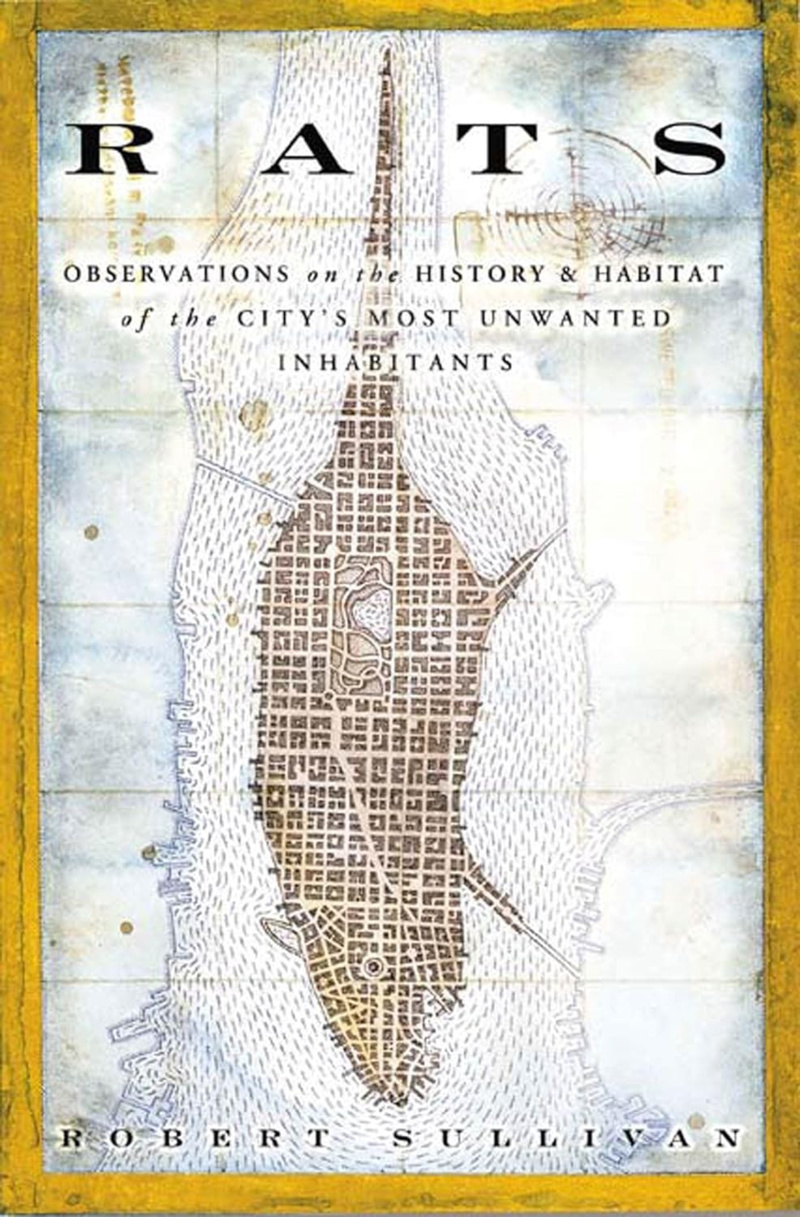
Rats: Observations on the History & Habitat of the City’s Most Unwanted Inhabitants
by Robert Sullivan
Sullivan is a master storyteller and dedicated New York explorer. He spent months observing rats in an alley in Lower Manhattan and uses the tale of the noble and mighty rat to tell the history of New York City.
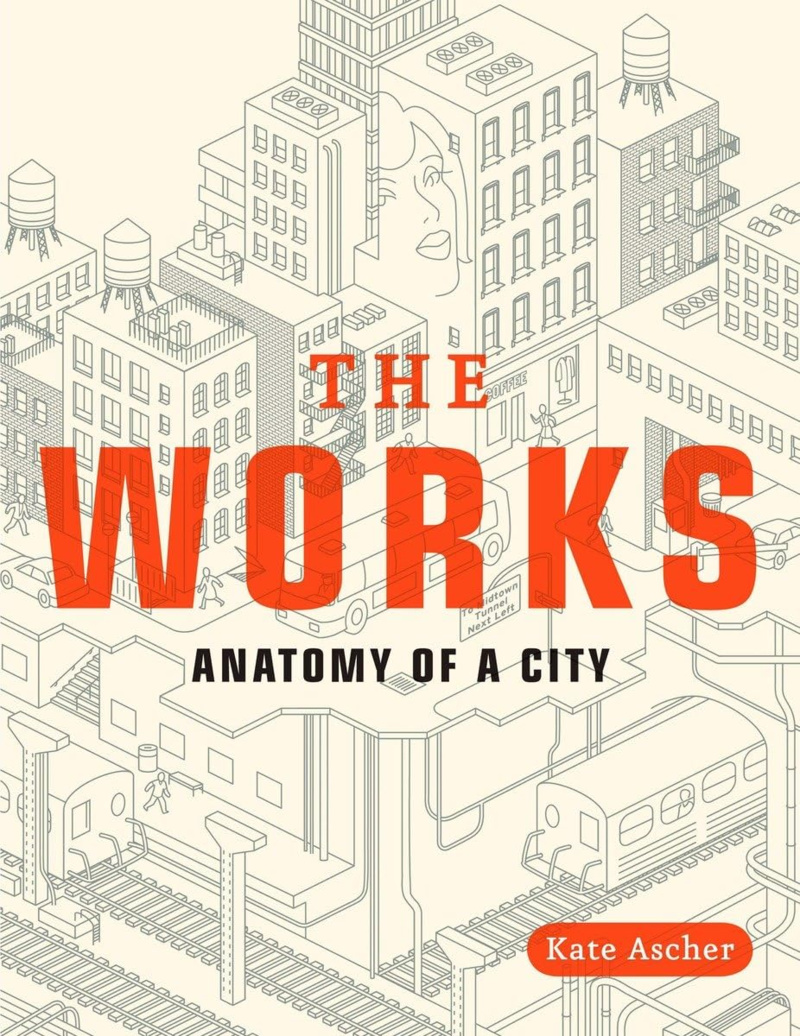
The Works: Anatomy of a City
by professor and author Kate Ascher
A definitive book on how New York City works with wonderful illustrations. A must if you’ve ever wondered (like us) exactly how the city functions, including our favorite topics: pneumatic tube mail, water towers, garbage and so many more.
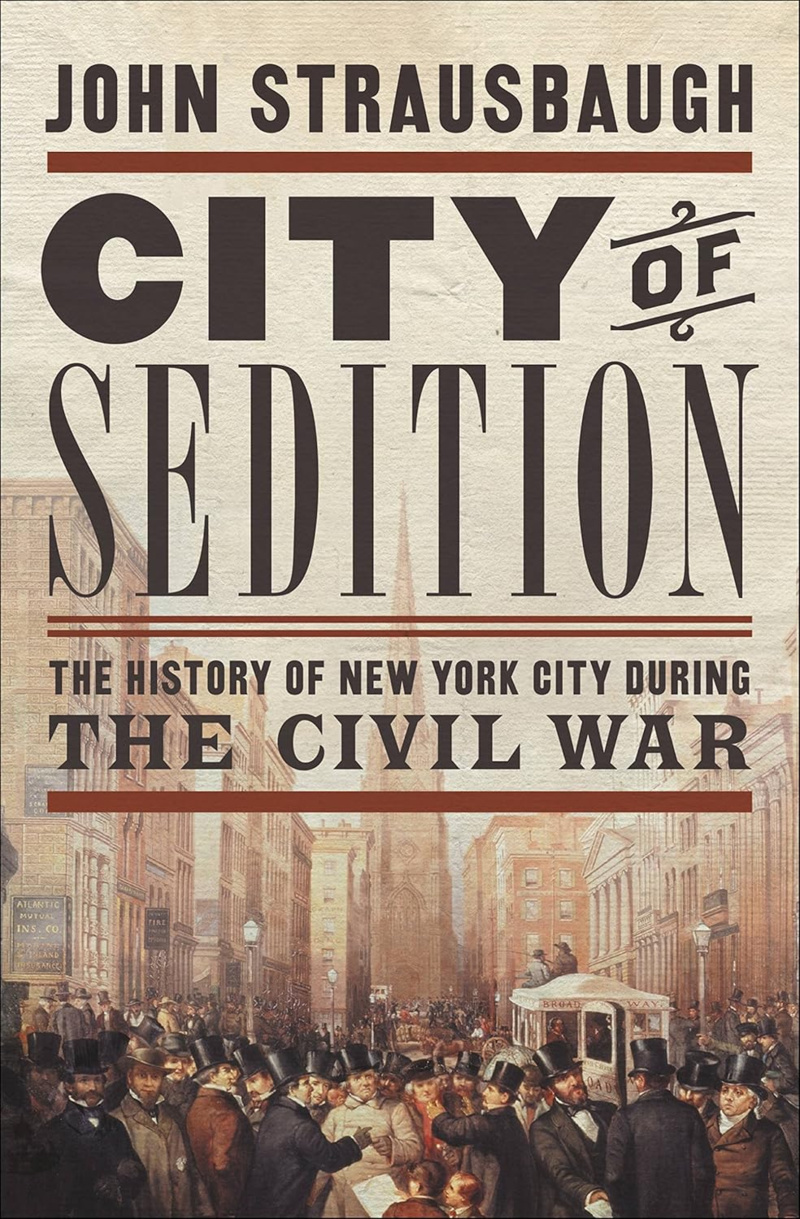
City of Sedition: The History of New York City in the Civil War
by John Strausbaugh
A fascinating and sobering reminder that New York City was not always a liberal bastion. The book unravels the deep political and economic ties New York City had with the Confederate South and unsettles our notions of left and right, right and wrong.
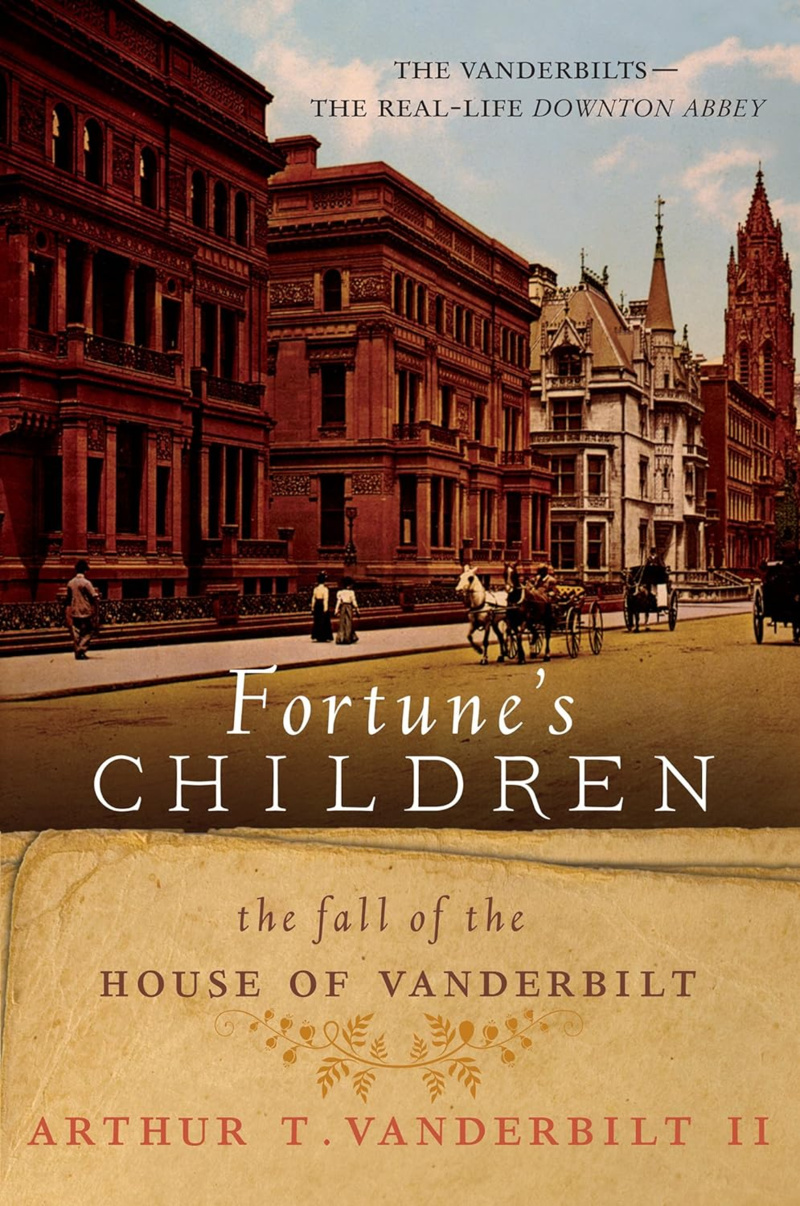
Fortune’s Children: The Fall of the House of Vanderbilt
by Arthur T. Vanderbilt
So many incredible stories packed into this rich history of the Vanderbilt family with so many places for the reader to see in person, whether sites still standing or those demolished over time.
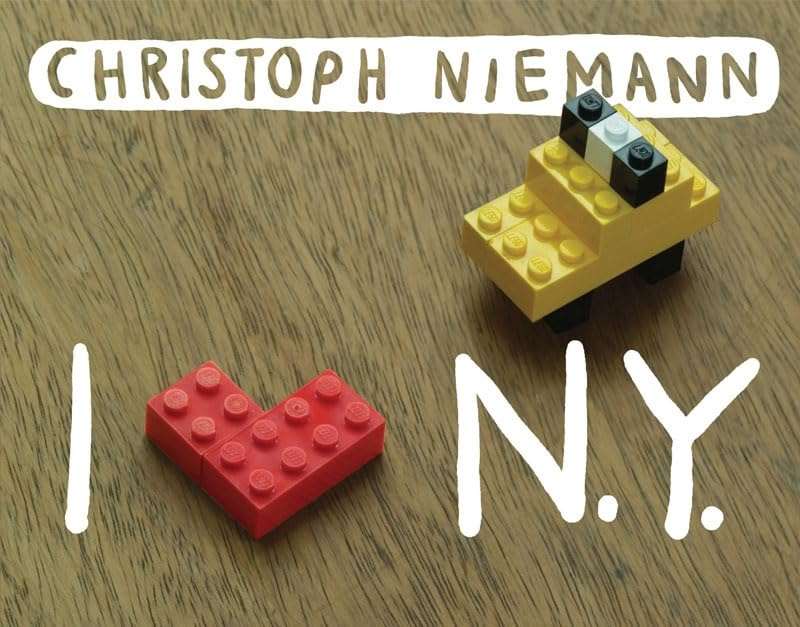
I Lego New York
by Christoph Niemann
Illustrator Christoph Niemann uses the simplicity of LEGO to capture so many New York City truths. My favorite is the one of the Holland Tunnel. A great book for adults and kids.
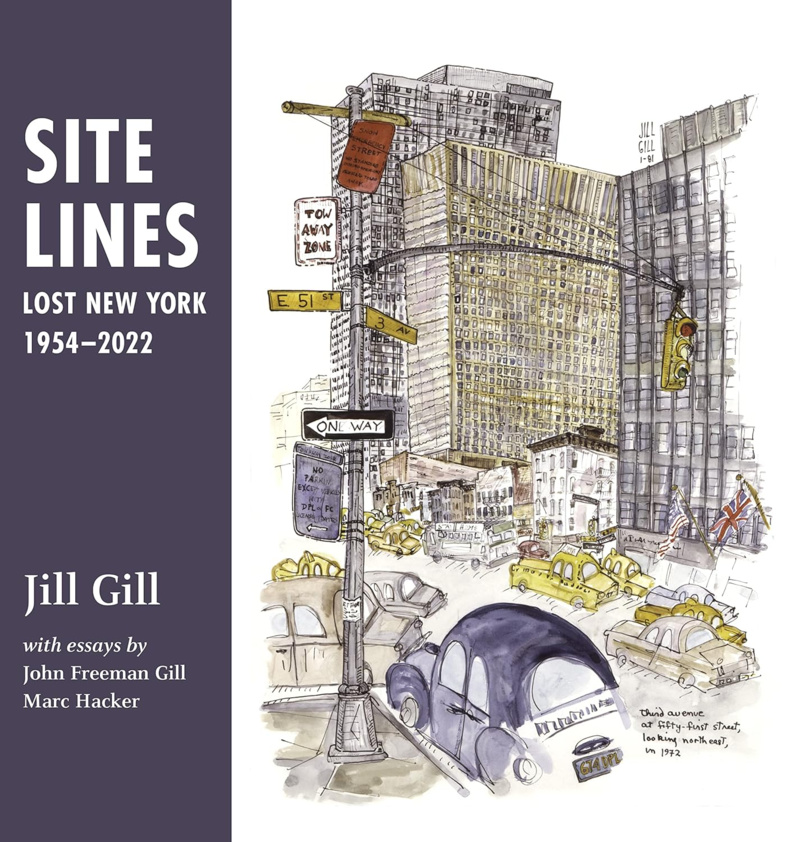
Site Lines: Lost New York
by Jill Gill
A gorgeous book of illustrations and eloquent essays by Jill Gill showcasing a disappearing New York City, told in a way only a native New Yorker could document. Jill is the mother of John Freeman-Gill, the New York Times Streetscapes columnist and author of Gargoyle Hunters.
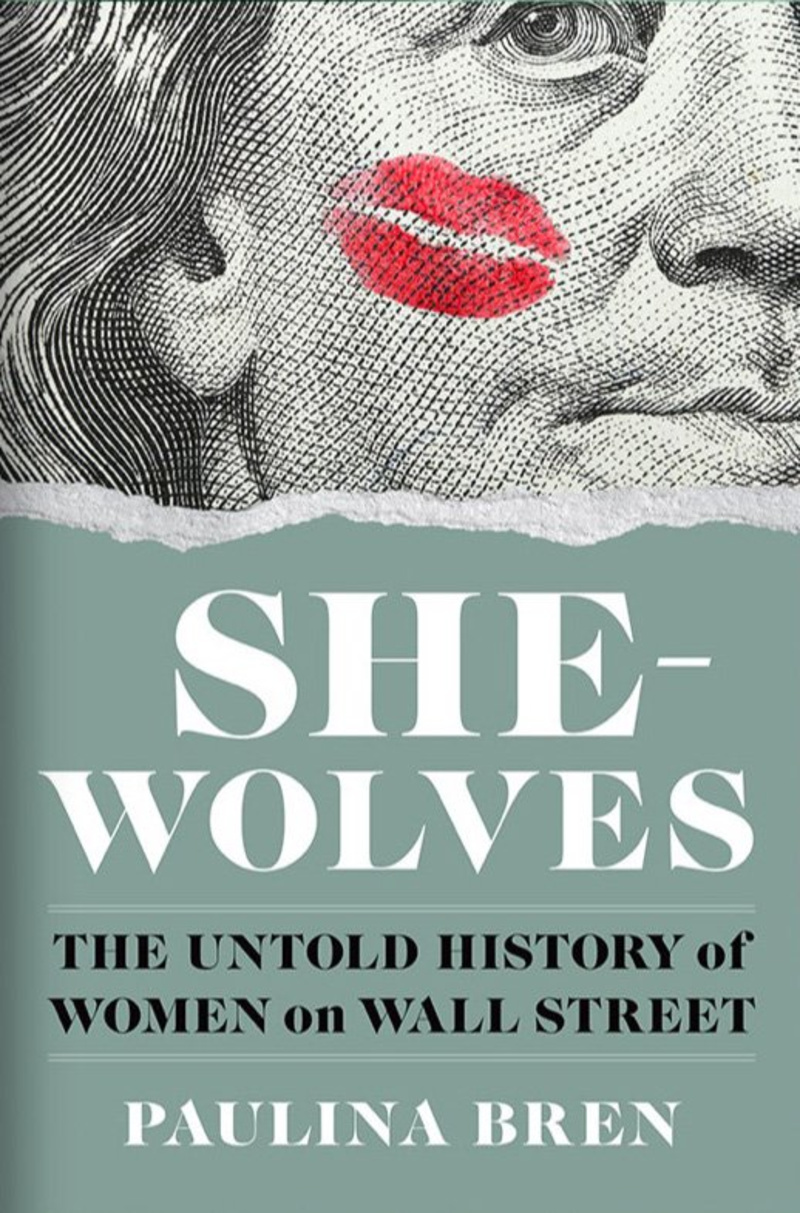
She-Wolves: The Untold History of Women on Wall Street (publishing September 2024) by Paulina Bren
This page-turner brings to life the hard-won gains of Wall Street’s earlier female pioneers whose brave, bold stories have been nearly completely forgotten. For someone like me, ushered into the workforce in the mid-aughts, the book provides historical context into our own lived experiences on and in conjunction with Wall Street. Paulina Bren, author of The Barbizon: The Hotel That Set Women Free, will be at The Lit Salon on September 19 to talk about this book.
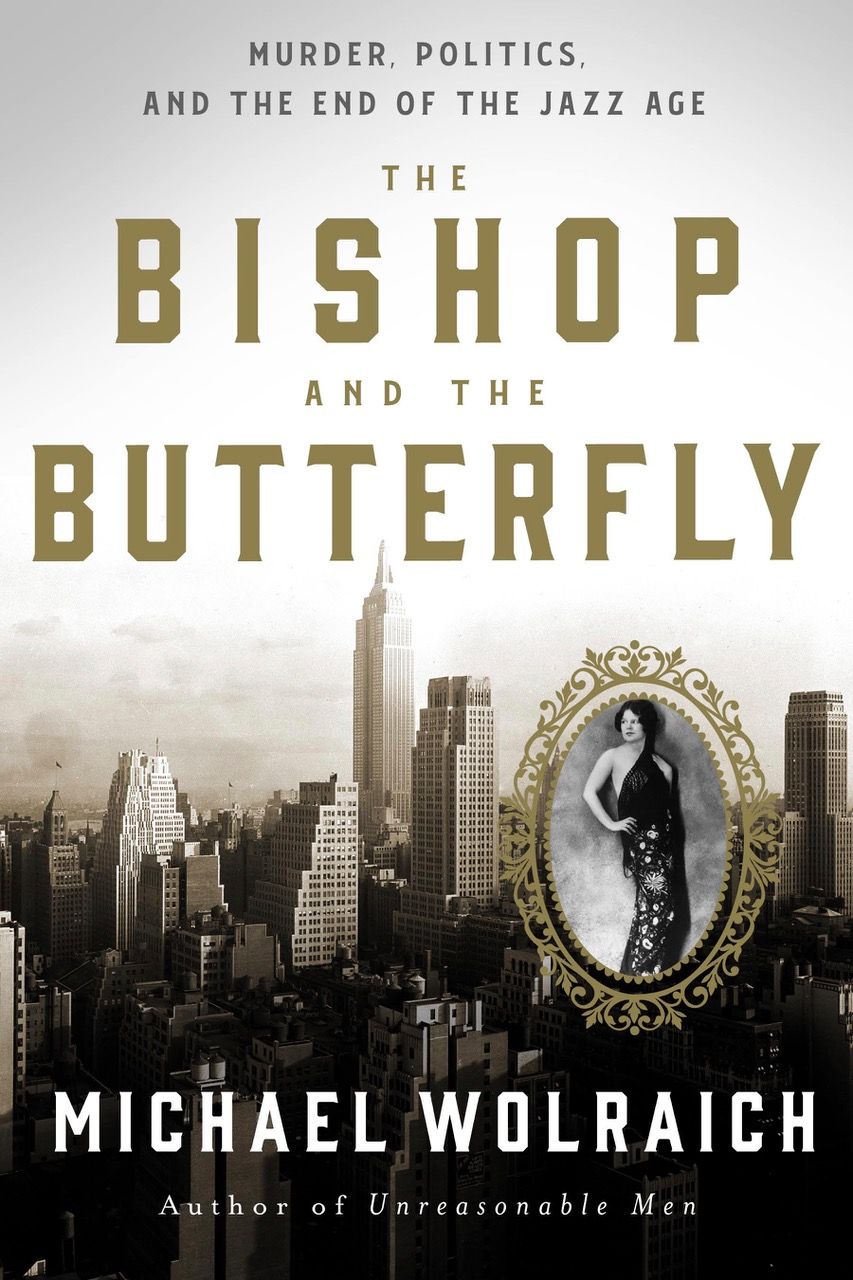
Bishop and the Butterfly: Murder, Politics, and the End of the Jazz Age
by Michael Wolraich
A captivating deep dive into the murder of a beautiful woman during Jazz Age, Prohibition-era New York. The case to find her killer unveiled the dark underbelly of New York City’s political power and policing. The question of who murdered her—was it the police? A corrupt judge? Someone in the mafia?—enthralled New Yorkers, and Americans across the country, but has been completely forgotten in the nearly hundred years that have passed since.
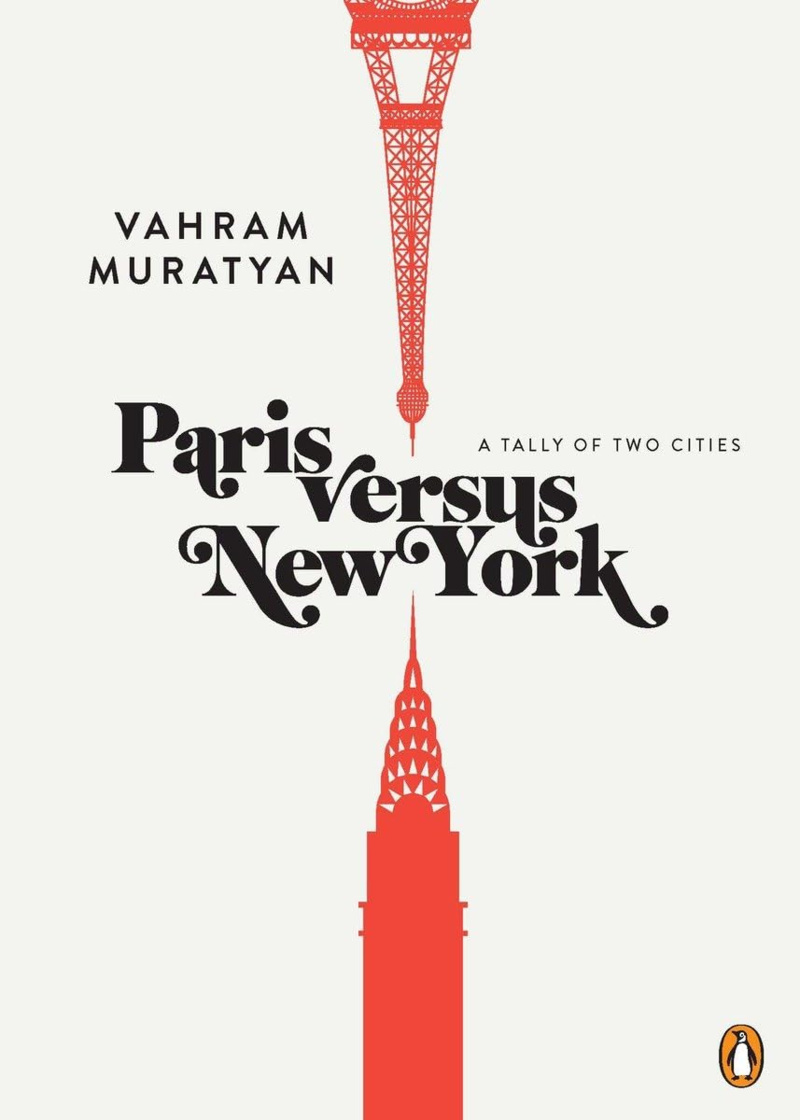
Paris versus New York: A Tally of Two Cities
by Vahram Muratyan
The illustrations by Vahram Muratyan, which inspired countless copycats, use humor to showcase the cultural differences between New York City and Paris.
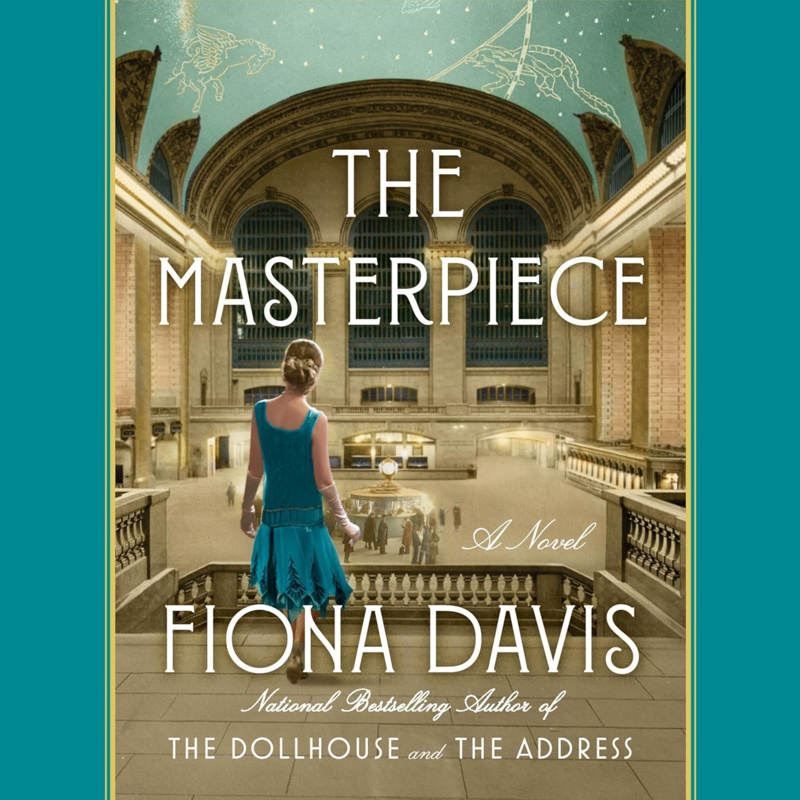
The Masterpiece
by Fiona Davis
I rarely read fiction but I thoroughly enjoyed Fiona Davis’ book which weaves in the real-life hidden art school inside Grand Central with an engrossing story of two women across generations. Looking forward to her new book set at The Metropolitan Museum of Art, The Stolen Queen.
Justin Rivers – Chief Experience Officer
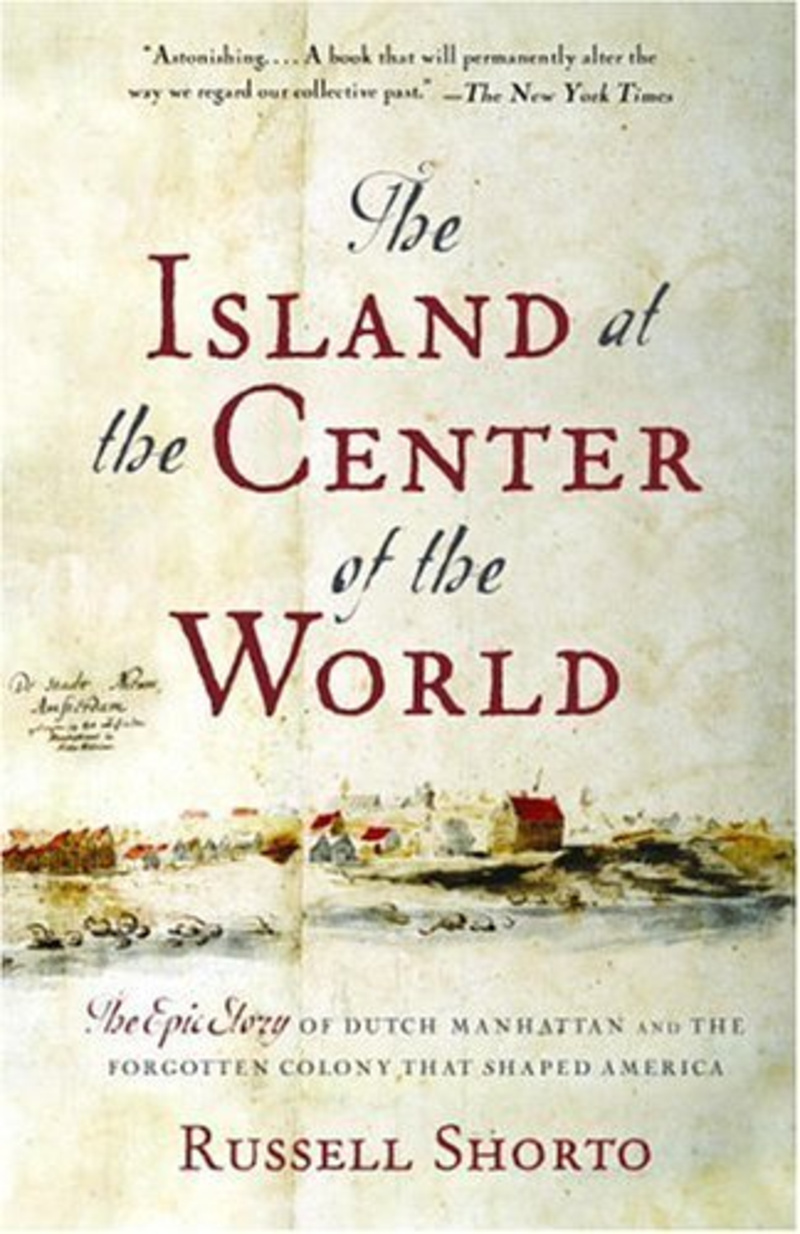
The Island at the Center of the World
by Russell Shorto
If New York City did a 23 and Me it would come back as this amazing book. Shorto decodes New York’s DNA and shows us why we are the city we are today. Remember, if you ain’t Dutch, you ain’t much.
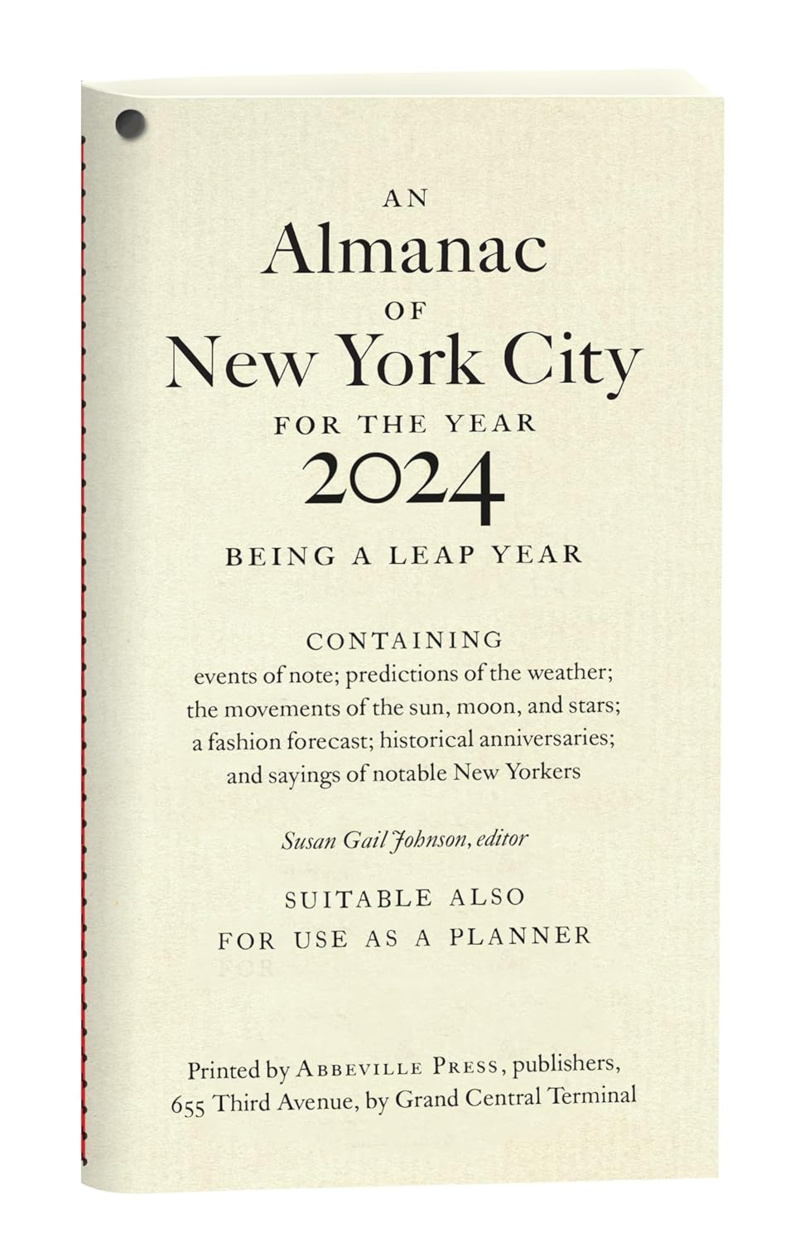
Almanac for New York City (printed yearly)
Compiled by Susan Gail Johnson
Like Benjamin Franklin, Susan Gail Johnson is a genius for coming up with a yearly almanac complete with current events, history, weather, and a little hole in the top left so you can hang it up on a nail. It goes everywhere with me.
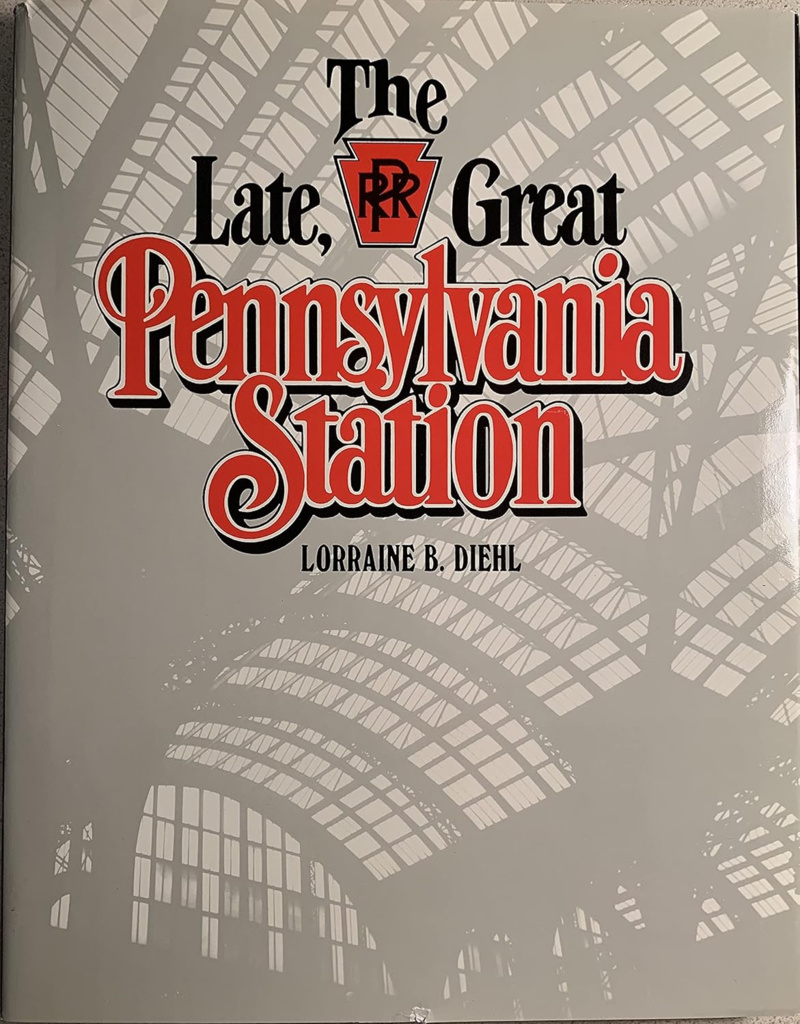
The Late Great Pennsylvania Station
by Lorraine Diehl
The first and definitive history of the old Pennsylvania Station after it was long gone and everyone stopped caring. If it wasn’t for this book, I wouldn’t have been able to write my play, The Eternal Space, or do our Remnants of Penn Station tour. I stand on her mighty shoulders.
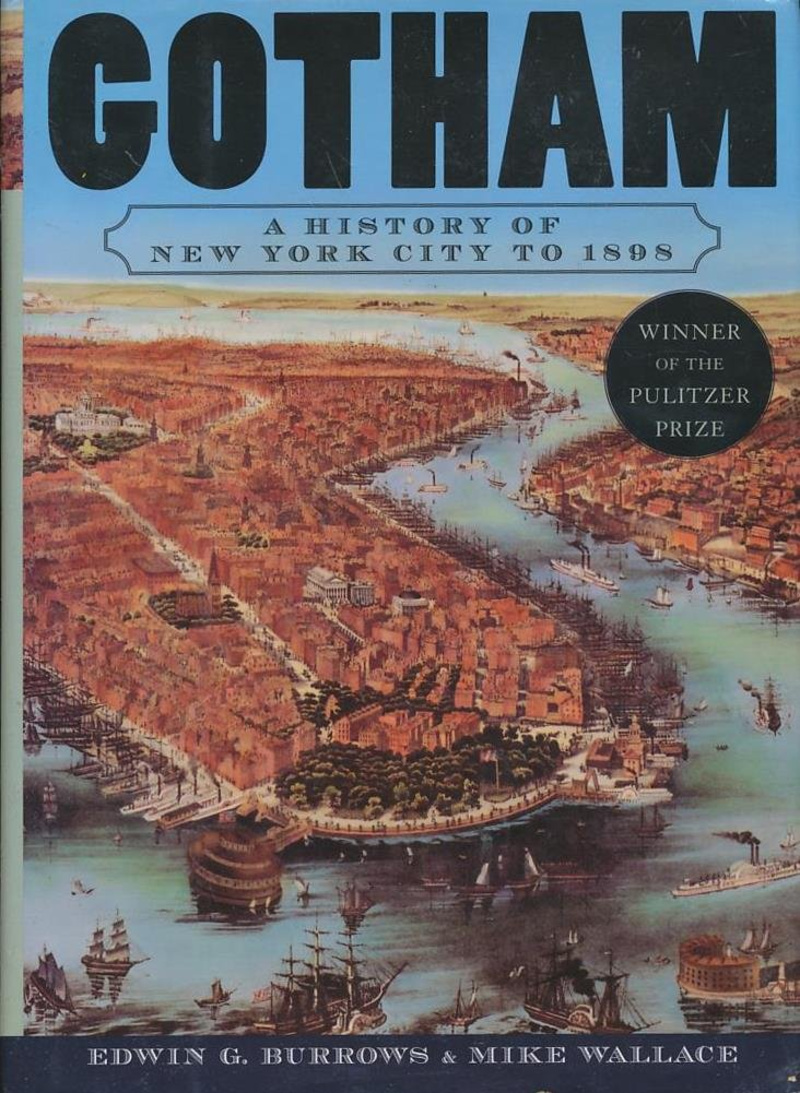
Gotham: A History of New York City to 1898
by Michael Wallace & Edwin C. Borrough
If you love New York City and New York City history and you don’t own this book, you don’t love New York City or New York City history.
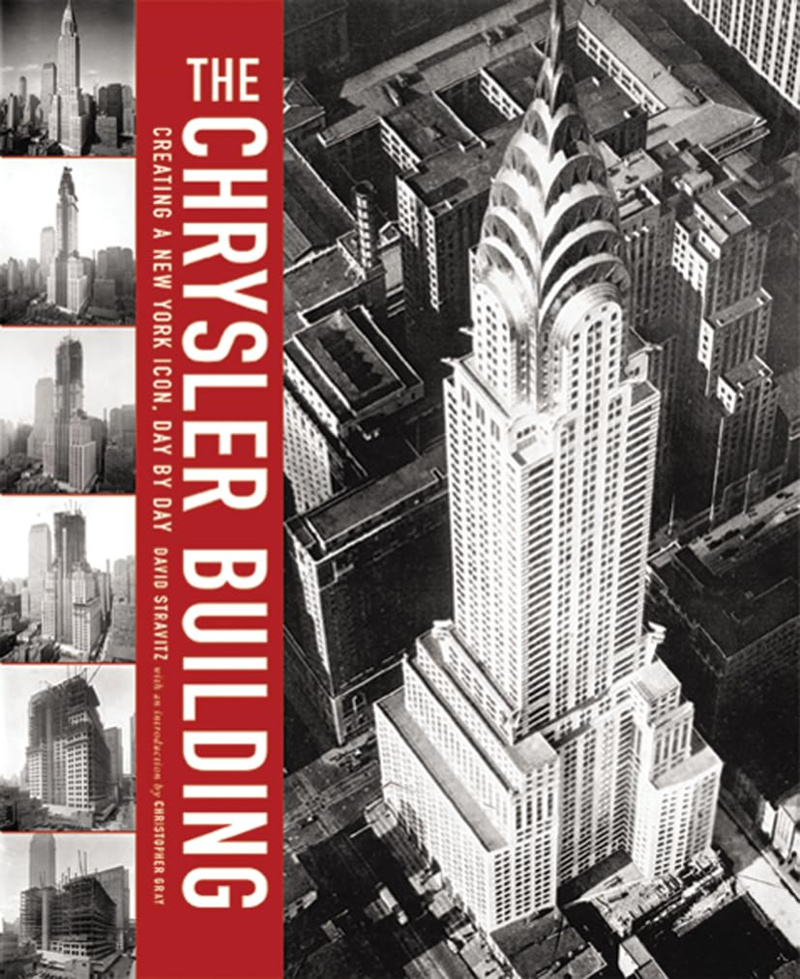
The Chrysler Building Creating a New York Icon Day by Day
by David Stravitz
The most comprehensive and dare I say beautiful photo documentation of the construction of New York’s most beautiful skyscraper from start to finish.
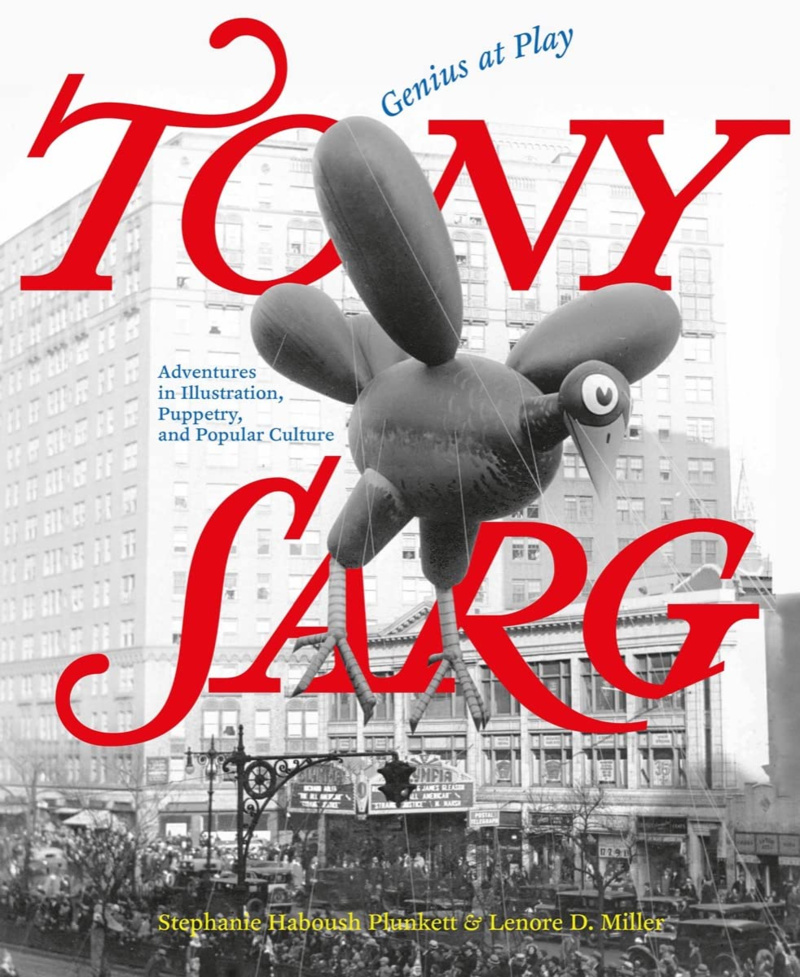
Tony Sarg: Genius at Play
by Stephanie Haboush Plunkett & Lenore D. Miller
A beautiful-looking book that tells the story of an unsung hero of the New York commercial art scene including the invention of the first Macy’s Thanksgiving Day Parade balloons. The book is just as comfortable in a research library as it is on a coffee table.
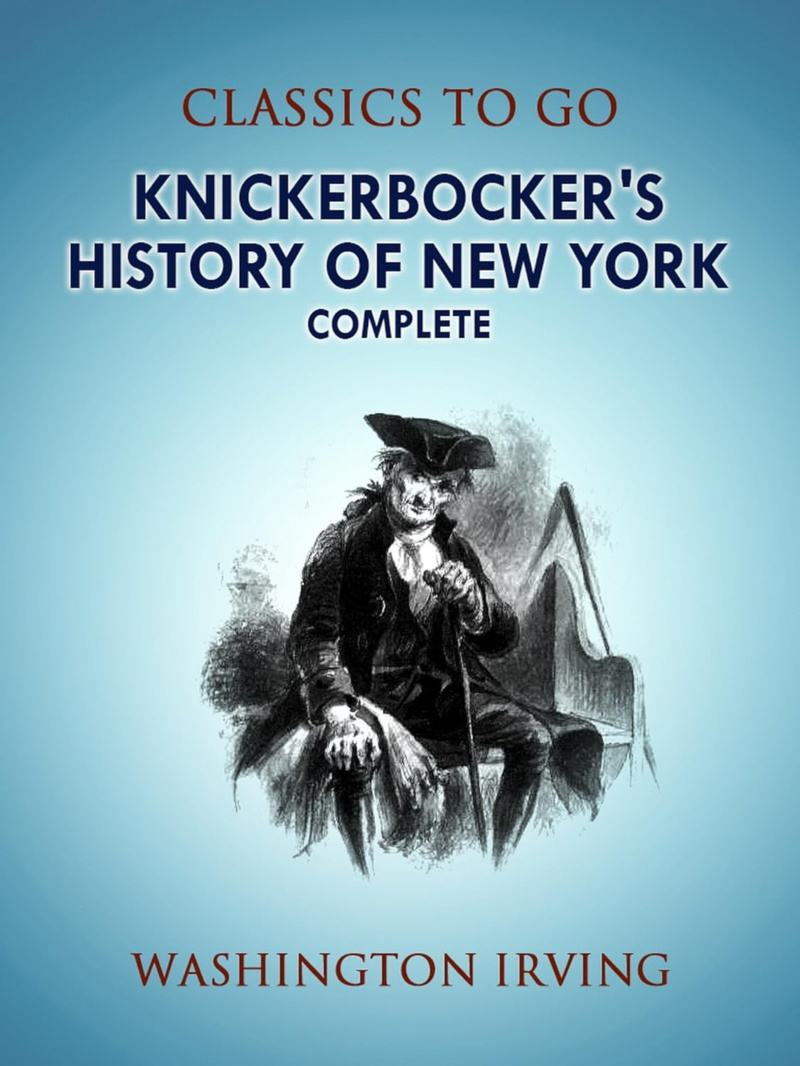
Knickerbocker’s History of New York
by Washington Irving
This is New York’s first novel! Sassy, witty, ridiculous, and fun, it’s our city’s founding myth told through the lens of the fictional granddaddy of all New Yorkers, Diedrich Knickerbocker.
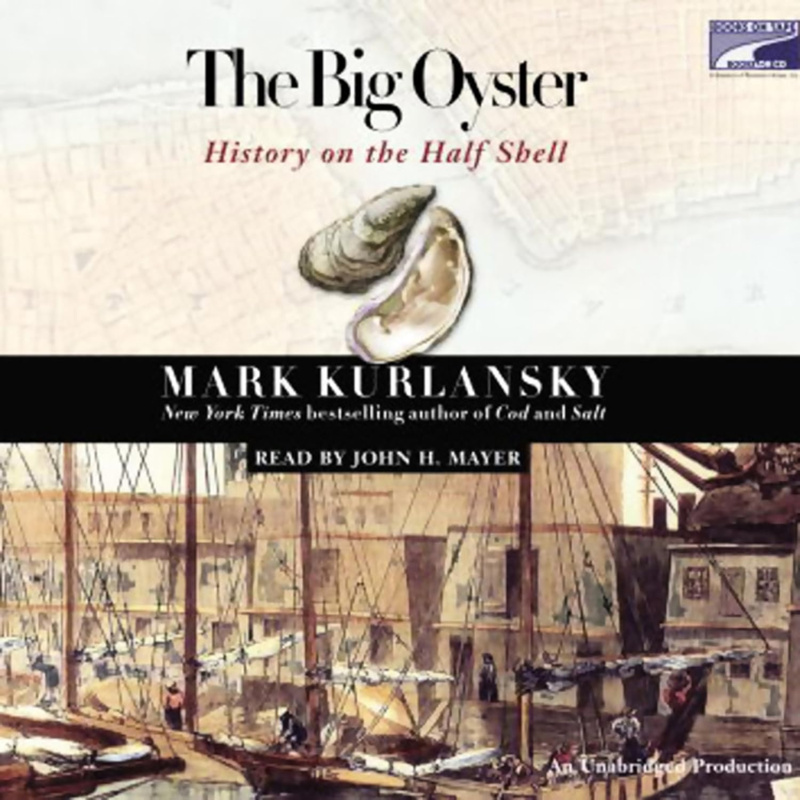
The Big Oyster
by Mark Kurlansky
A petite tome that makes me wish I lived in the days when lower Manhattan was dotted with big smelly oyster middens.
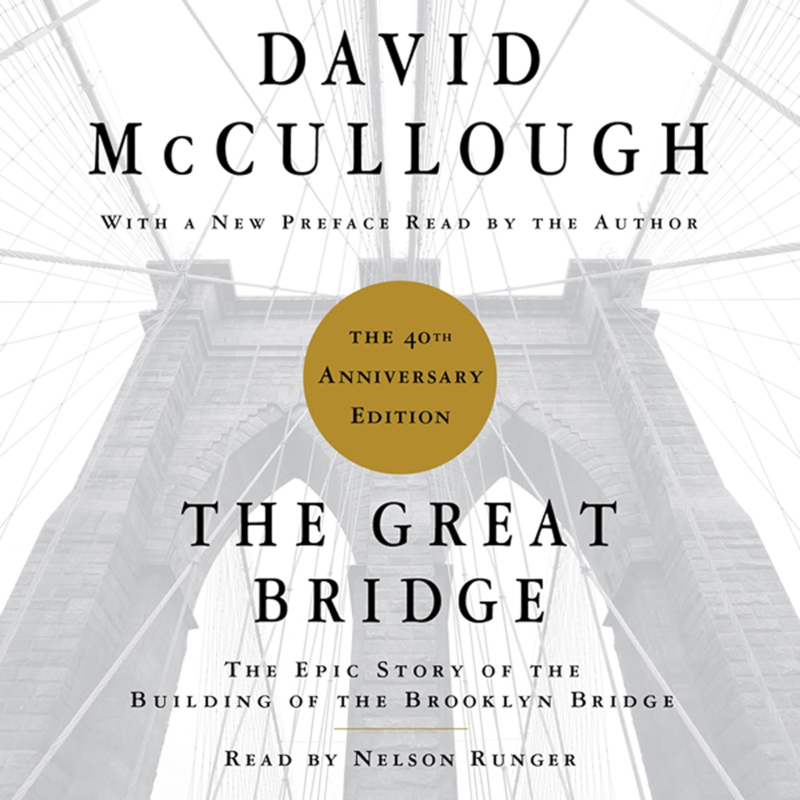
The Great Bridge
by David McCullough
This was a primary source for our Secrets of the Brooklyn Bridge tour. It’s written so well you want to cry and I did, at least twice. McCullough’s telling of the bridge’s inception and construction reads like a Homeric epic and proves the Brooklyn Bridge is a miracle.
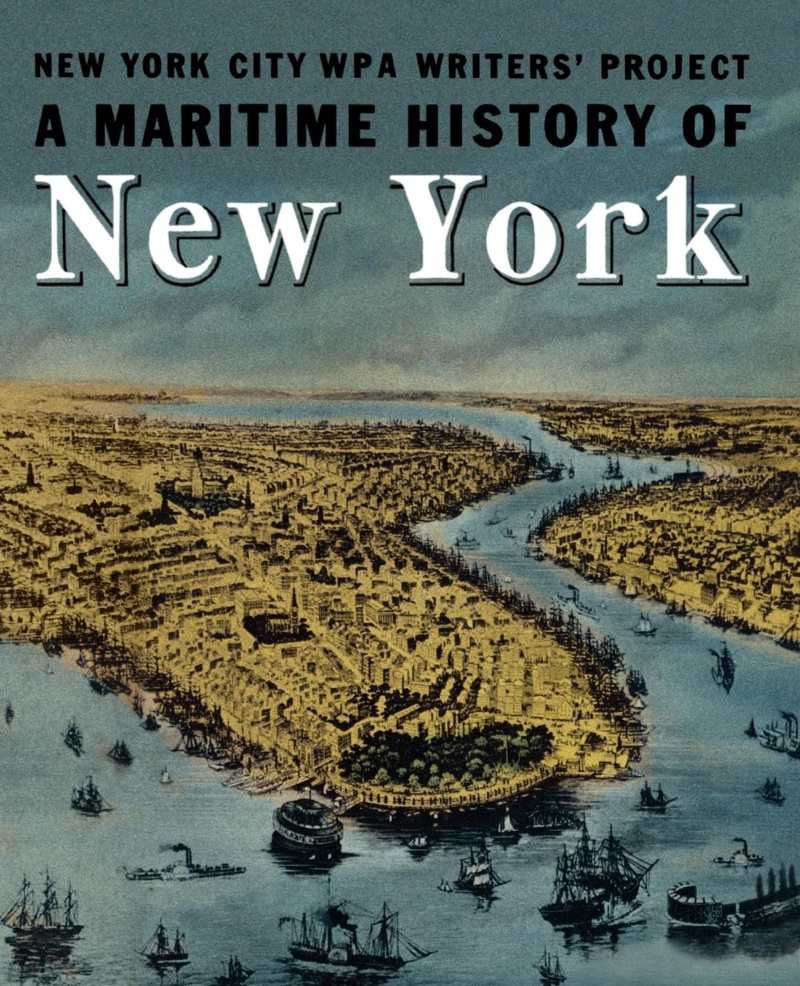
A Maritime History of New York
by NYC WPA Writers’ Project
“As a city of skyscrapers, New York is widely known. Because of the rise of industrial and financial New York, many Americans overlook the fact that their largest municipality is also a great seaport; that its tremendous expansion can be traced to the growth of dominance of the Port”, so says Mayor Fiorello LaGuardia in the introduction to this amazing look at the old Port of New York.
Nicole Saraniero – Editor + Director of Events
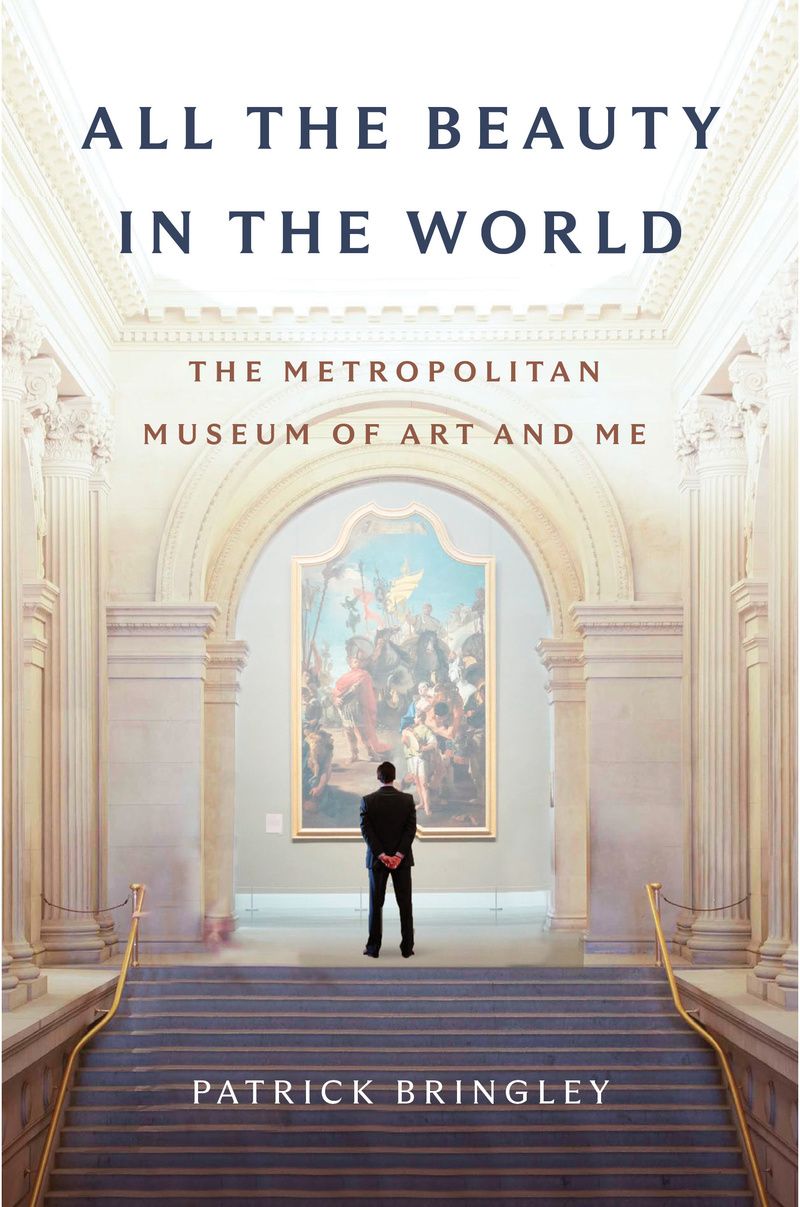
All the Beauty in the World: The Metropolitan Museum of Art and Me
by Patrick Bringley
A stirring memoir by a former museum guard who spent ten years on duty at The Met. It not only satisfies the curiosity of peeking into the inner workings of this illustrious institution but also provides a touching story that made me cry tears of sadness and joy.
As the host of our virtual author talks for Untapped New York Insiders, I’ve had the pleasure of speaking with a few of the authors I’m about to recommend. You can see all of those talks, including a presentation from Bringley, in our on-demand archive.
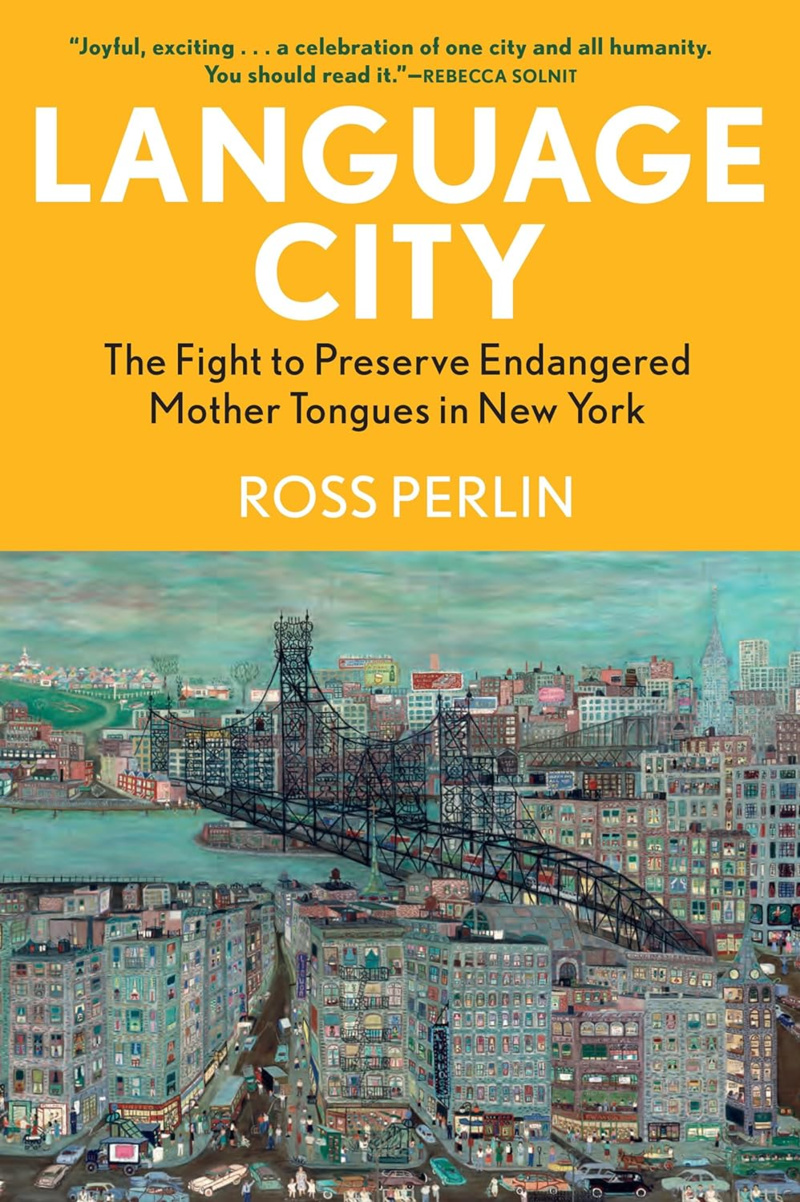
Language City: The Fight to Preserve Endangered Mother Tongues in New York
by Ross Perlin
Easily the most fascinating book I’ve read this year! Perlin gives a sweeping overview of New York City history through the languages spoken here then introduces the reader to six speakers of endangered mother tongues.
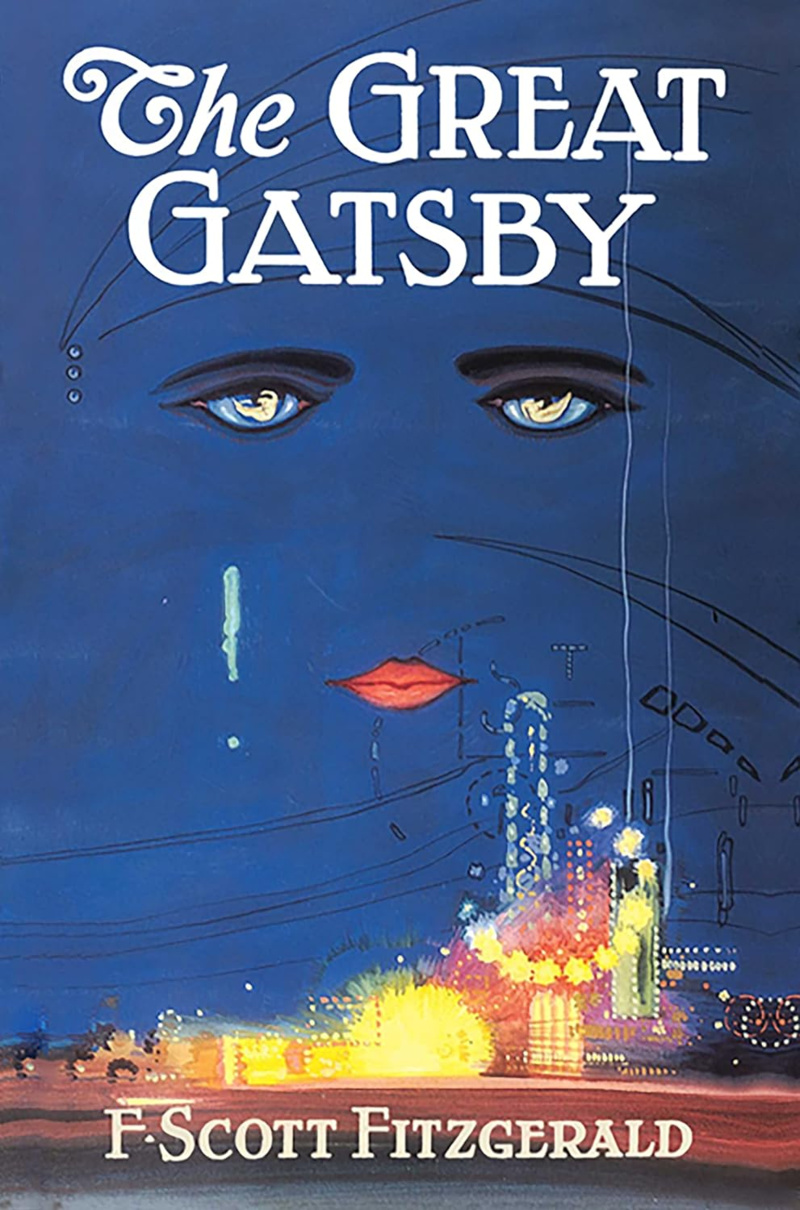
The Great Gatsby
by F. Scott Fitzgerald
Having grown up on “that slender riotuous island which extends itself due east of New York,” I was very excited to read this Jazz Age in high school, but I didn’t fully appreciate the novel until I got older. Now, it’s my go-to re-read and I find some new to love each time.
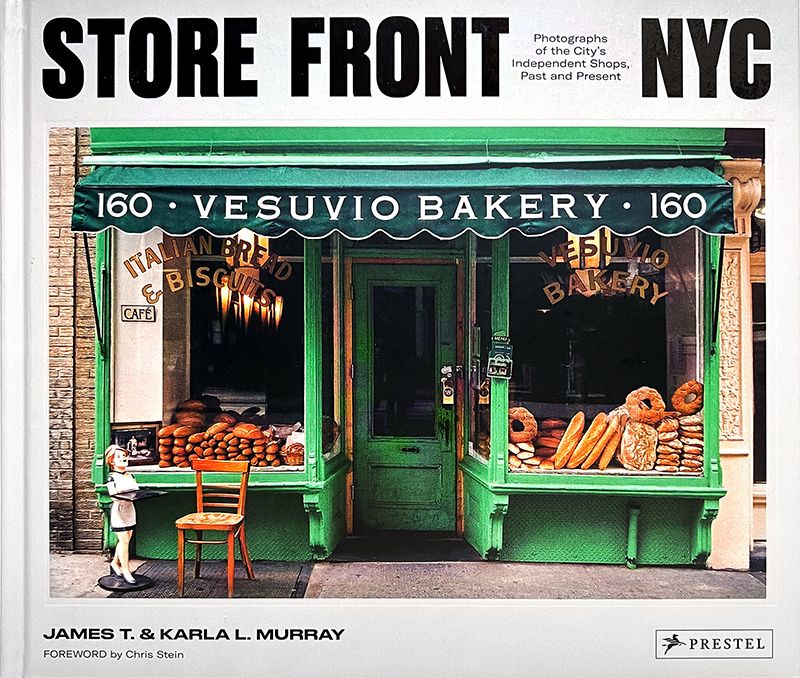
Store Front NYC: Photographs of the City’s Independent Shops, Past and Present
by Karla and James Murray
In this photo book by James and Karla Murray (two of the coolest New Yorkers you’ll ever meet), the pair turns their lens on mom-and-pop shops, both lost and extant, across the five boroughs. The photos are pure eye candy for lovers of vintage signage and the stories of each shop show both the resiliency of New York’s shop owners and the pressures (usually raising rents) that force long beloved establishments to close. I can’t wait to speak with the couple about their new book, Great Bars of New York City, in September.
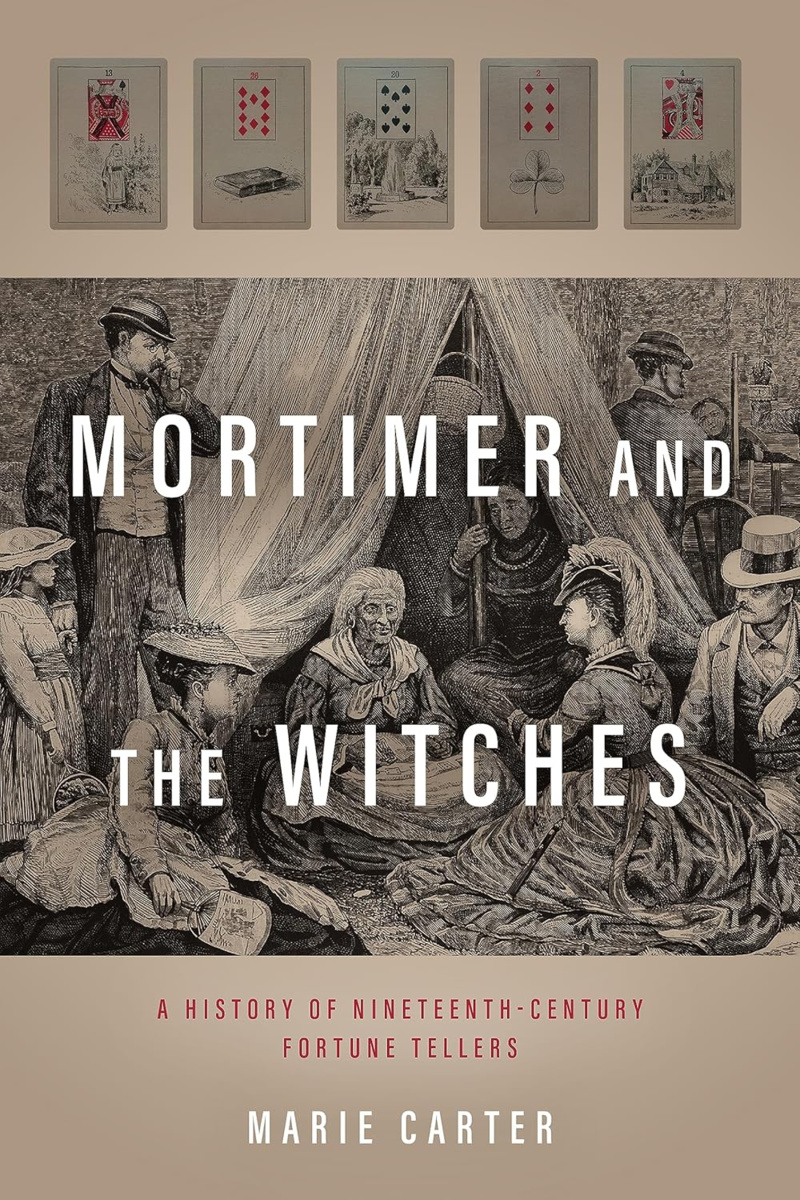
Mortimer and the Witches: A History of Nineteenth-Century Fortune Tellers
by Marie Carter
Framed by the reports of Q. K. Philander Doesticks, P. B., (aka humor writer Mortimer Thomson) this book reveals the facts and fiction of New York City’s “witches.”
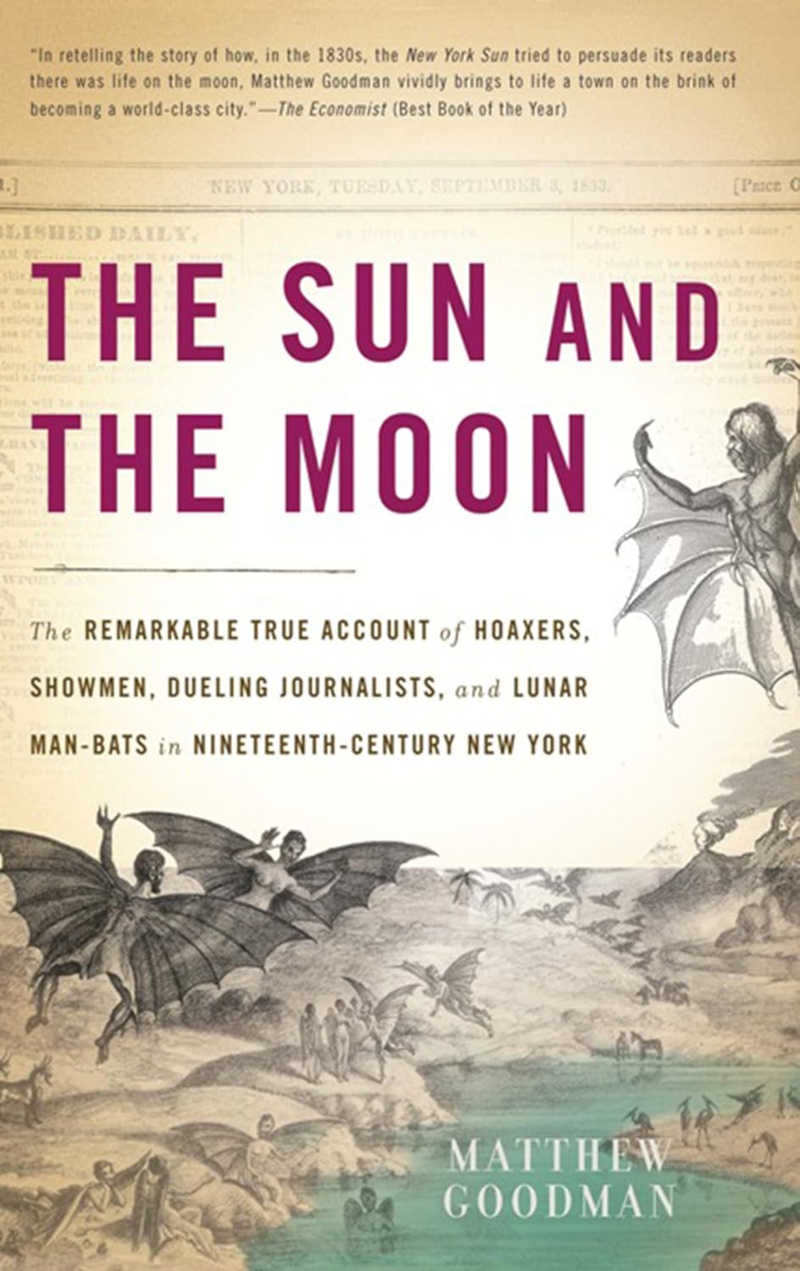
The Sun and The Moon: The Remarkable True Account of Hoaxers, Showmen, Dueling Journalists, and Lunar Man-Bats in Nineteenth-Century New York
by Matthew Goodman
The title says it all. This is the latest New York City-centric book I read and it made me excited for our new tour, Hoaxes, Humbugs, and Hotels of Newspaper Row.
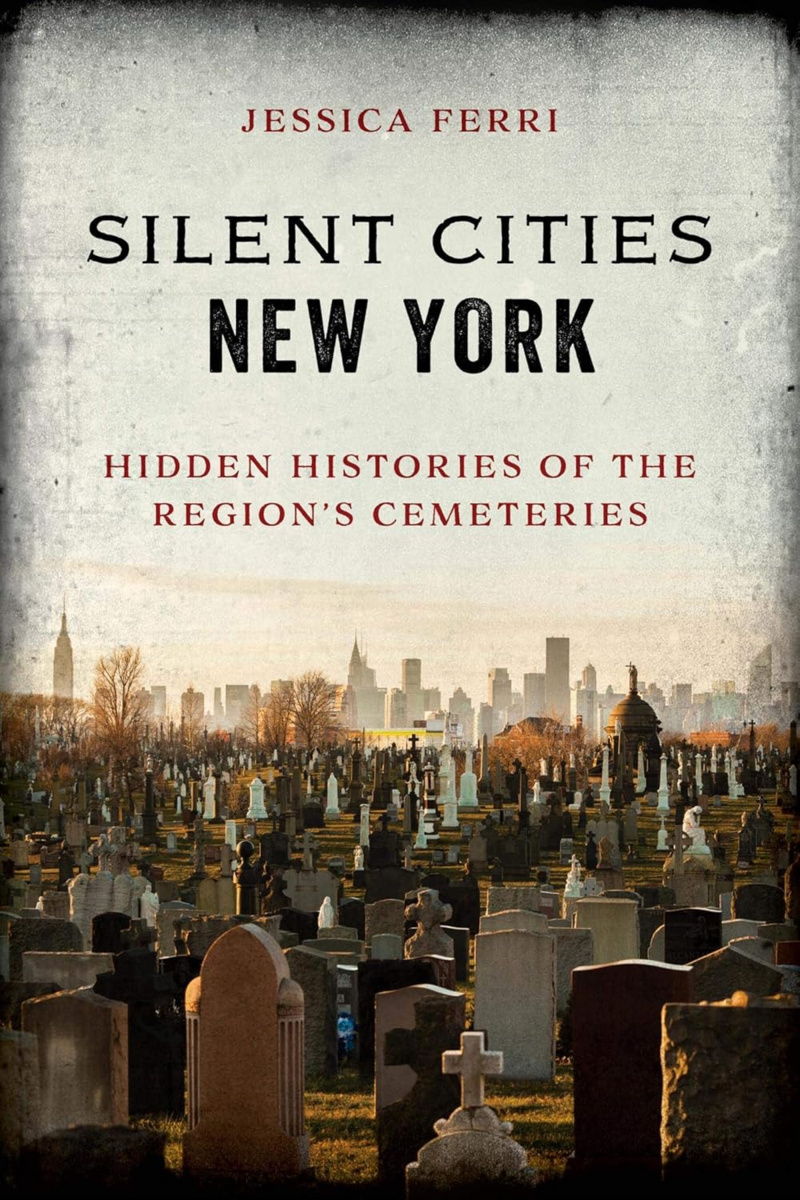
Silent Cities New York: Hidden Histories of the Region’s Cemeteries
by Jessica Ferri
I’m a bit obsessed with cemeteries. As this book proves, New York’s “silent cities” are full of beautiful art, architecture, and fascinating people.
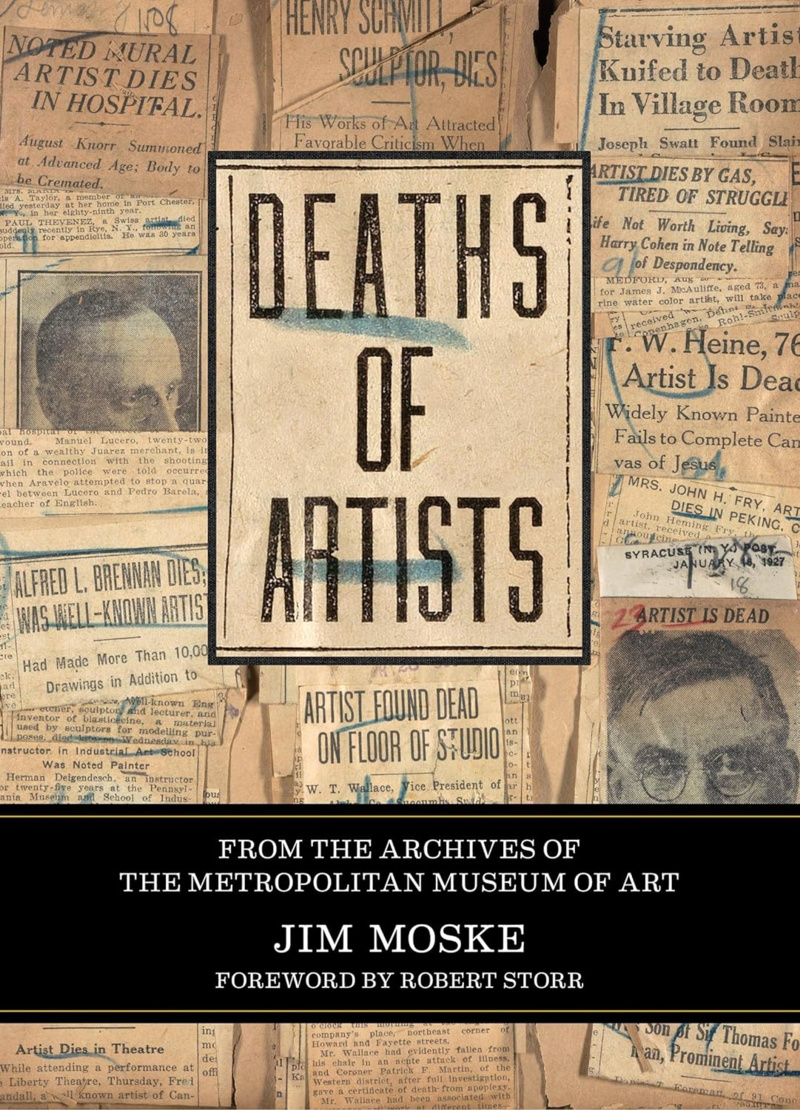
Deaths of Artists
by Jim Moske
When Moske found a mysterious scrapbook full of obituaries in storage at The Met, he set out to uncover who compiled the collection and why. This book recounts what Moske discovered and dives into some of the more bizarre deaths.
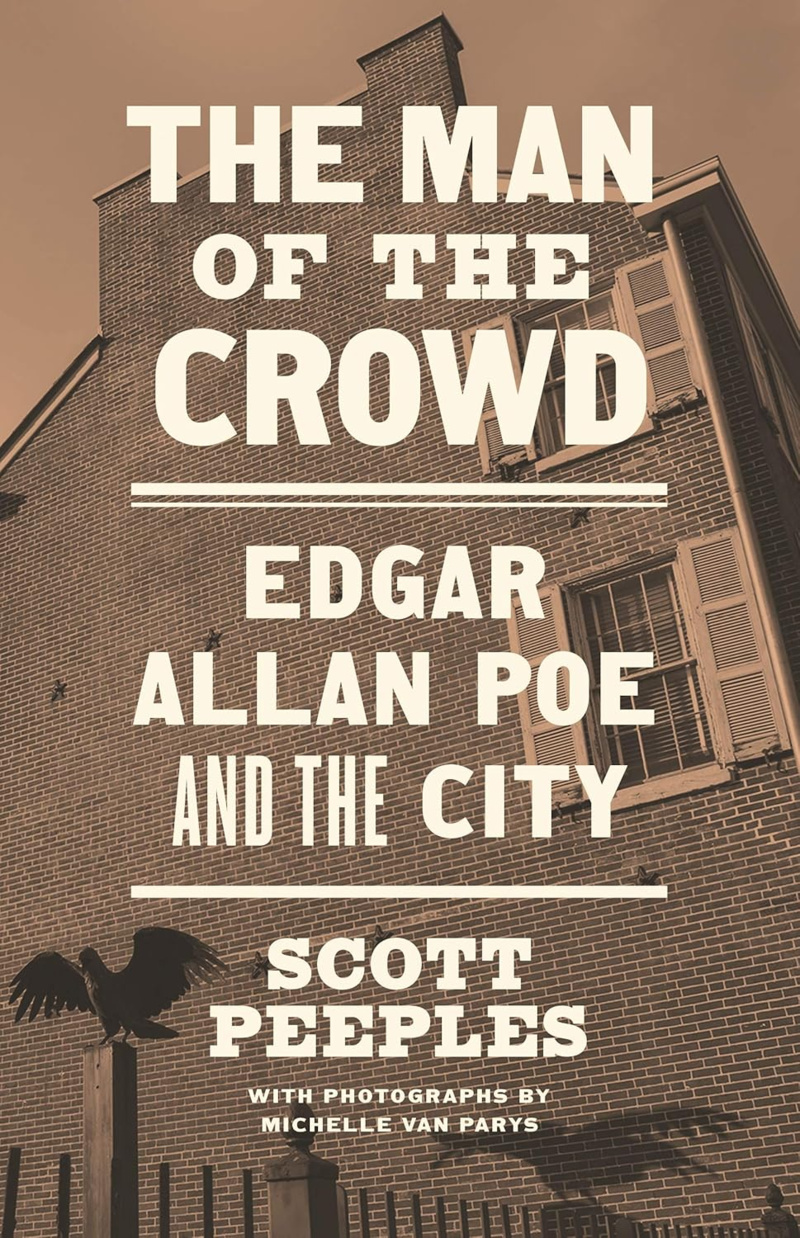
The Man of the Crowd: Edgar Allan Poe and the City
by Scott Peeples with photographs by Michelle Van Parys
Many cities claim Poe as their own. This book explores how four cities—Richmond, Baltimore, Philadelphia, and New York—shaped his life and work. During his time here in 1844, Poe wrote a series of sketches titled Doings of Gotham for the Columbia Spy in Pennsylvania in which he discussed various New York City people, places, and events.
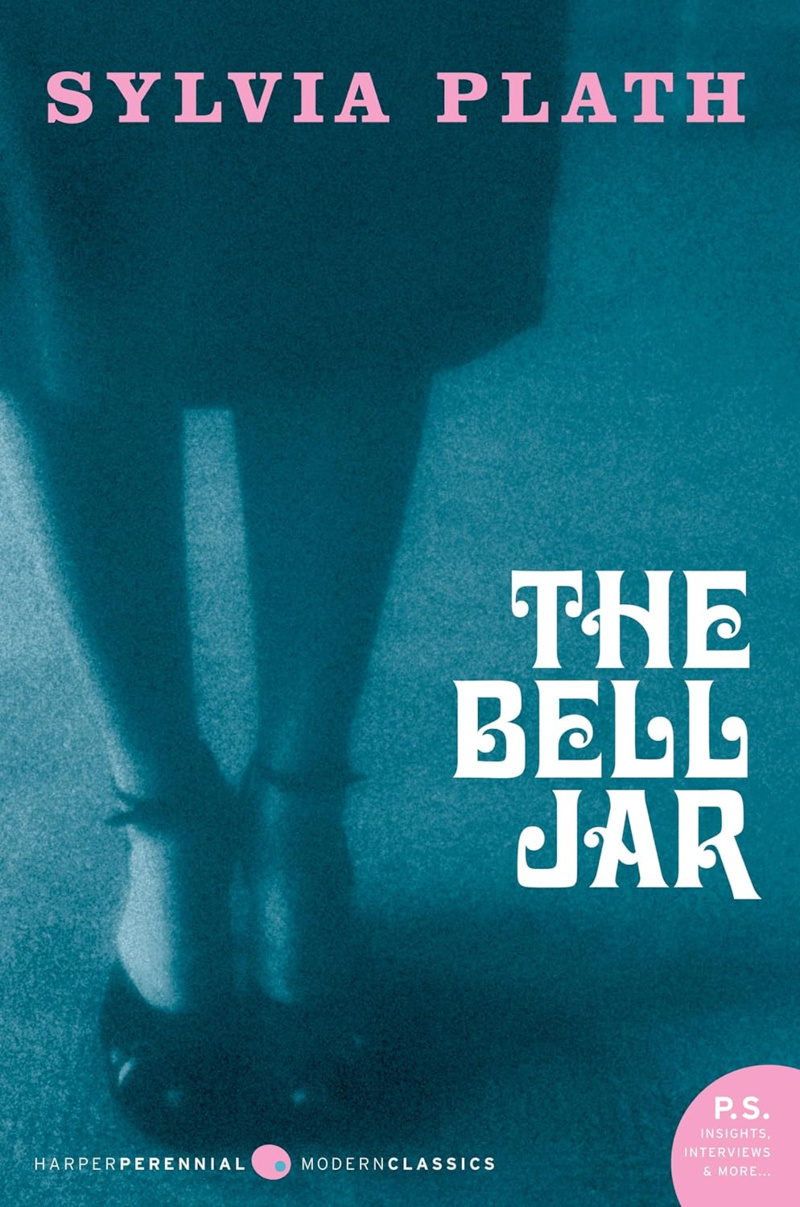
The Bell Jar
by Sylvia Plath
Set in the early 1950s, this novel follows 19-year-old Esther Greenwood as she travels to New York City for a summer internship at Ladies’ Day magazine and quickly finds out that her dream job and life in the big city are not what she expected. The plot mirrors Plath’s real-life mental health struggles and experiences living at The Barbizon Hotel while working as a guest editor at Mademoiselle.
Laurie Gwen Shapiro
Lifelong New Yorker, award-winning filmmaker, and writer. Author of The Stowaway: A Young Man’s Extraordinary Adventure to Antarctica and a forthcoming biography of Amelia Earhart, Amelia and George, from Viking.
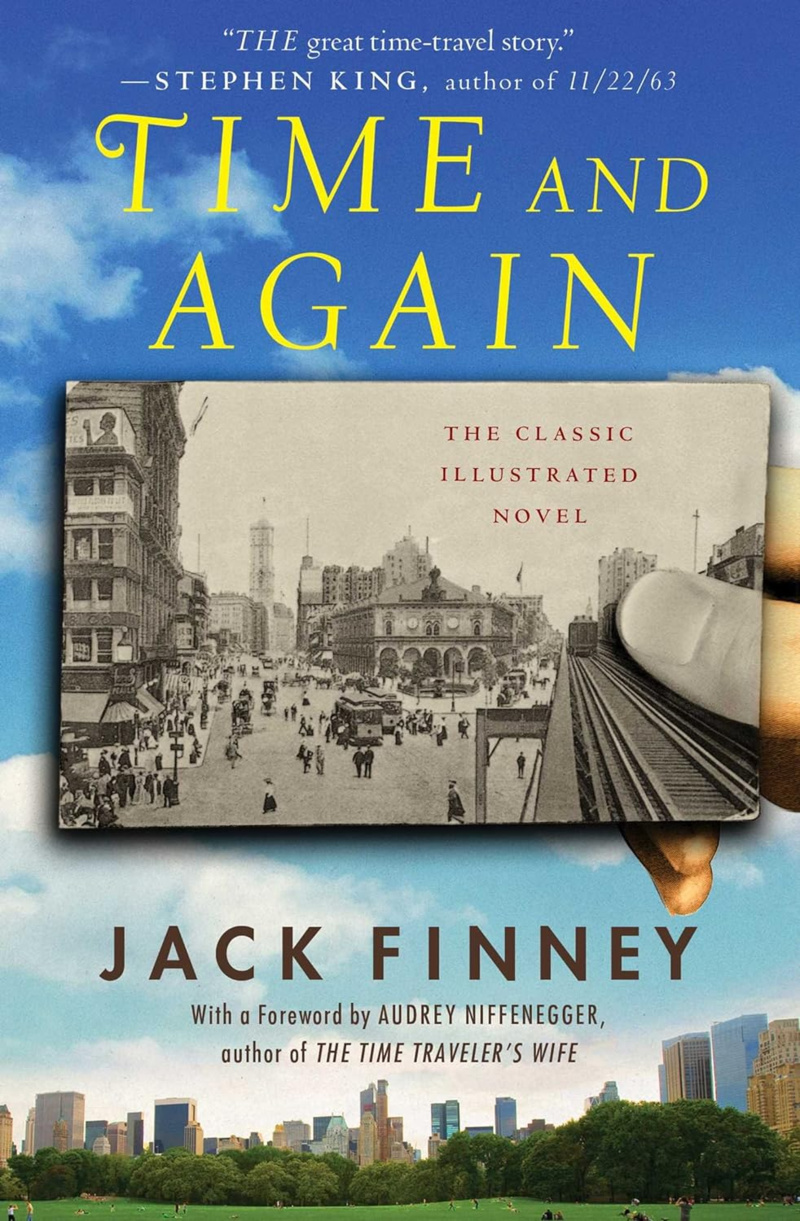
Time and Again
by Jack Finney
This is a bit cheesy but heck it is my favorite time-travel novel and intricately weaves past and present Manhattan, offering a captivating glimpse into the city’s rich history and evolution. Everyone has tried to adapt it to film – and no one has. Ripe for the picking, directors.
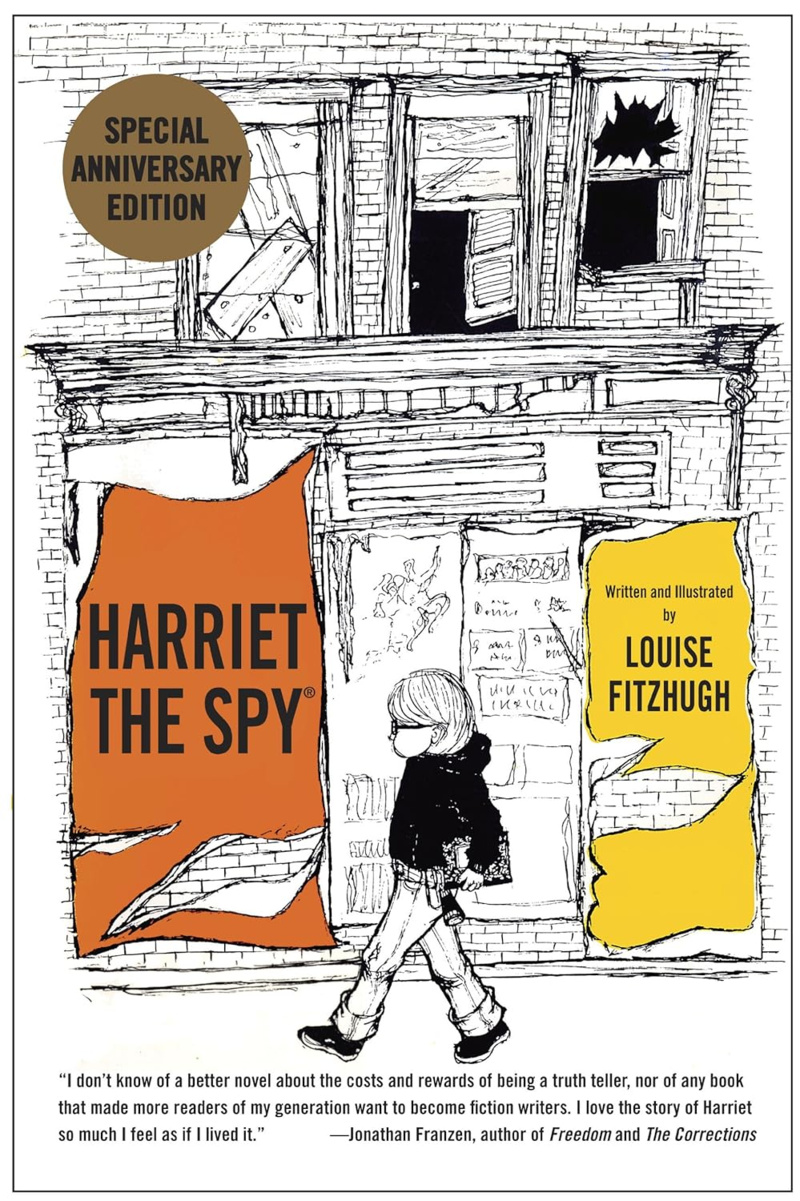
Harriet the Spy
by Louise Fitzhugh
Made me want to be a writer. And I was delighted when my daughter went through her own Harriet the Spy phase with a notebook and crouching in corners taking notes. Harriet’s spirited adventures through 1960s New York City reflect a timeless curiosity and love for exploration.
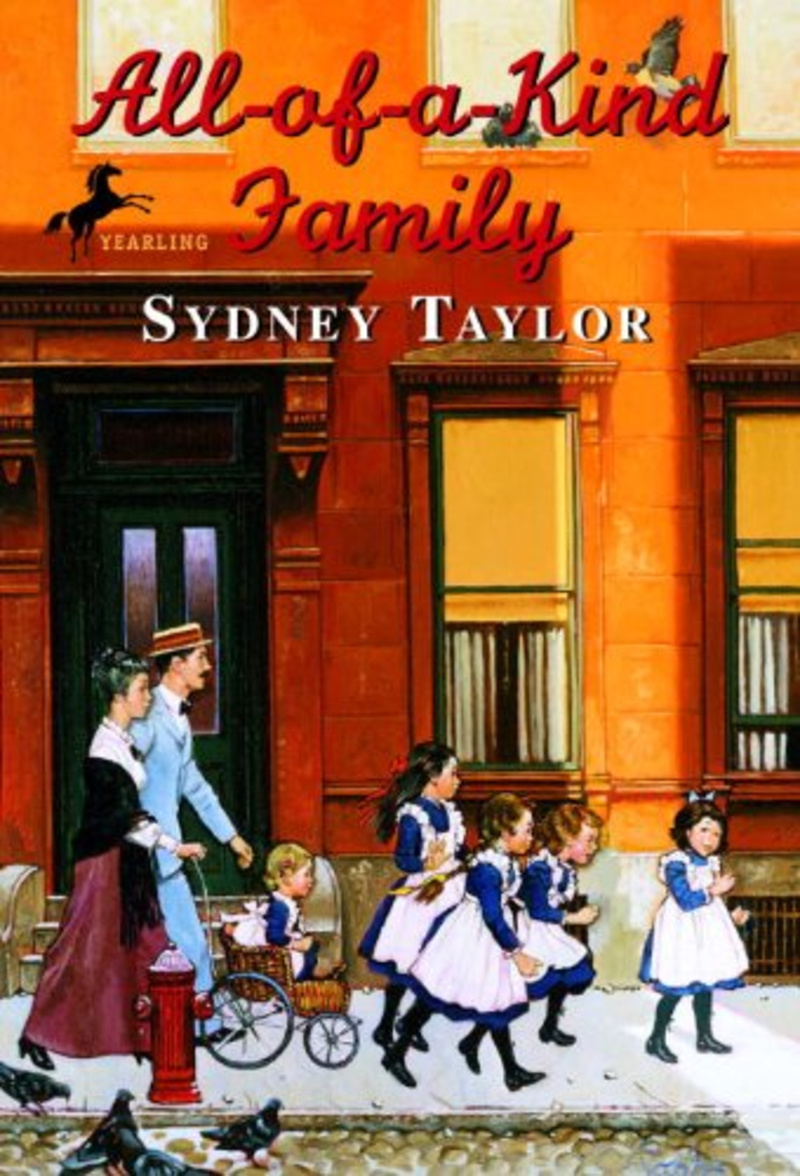
All-of-a-Kind Family
by Sydney Taylor
Another childhood favorite – I read all the books in this series. Taylor’s heartwarming portrayal of Jewish family life in early 20th-century Lower East Side captures the immigrant experience with warmth and authenticity. Like the Jewish Little House on the Prairie. L’Chaim!
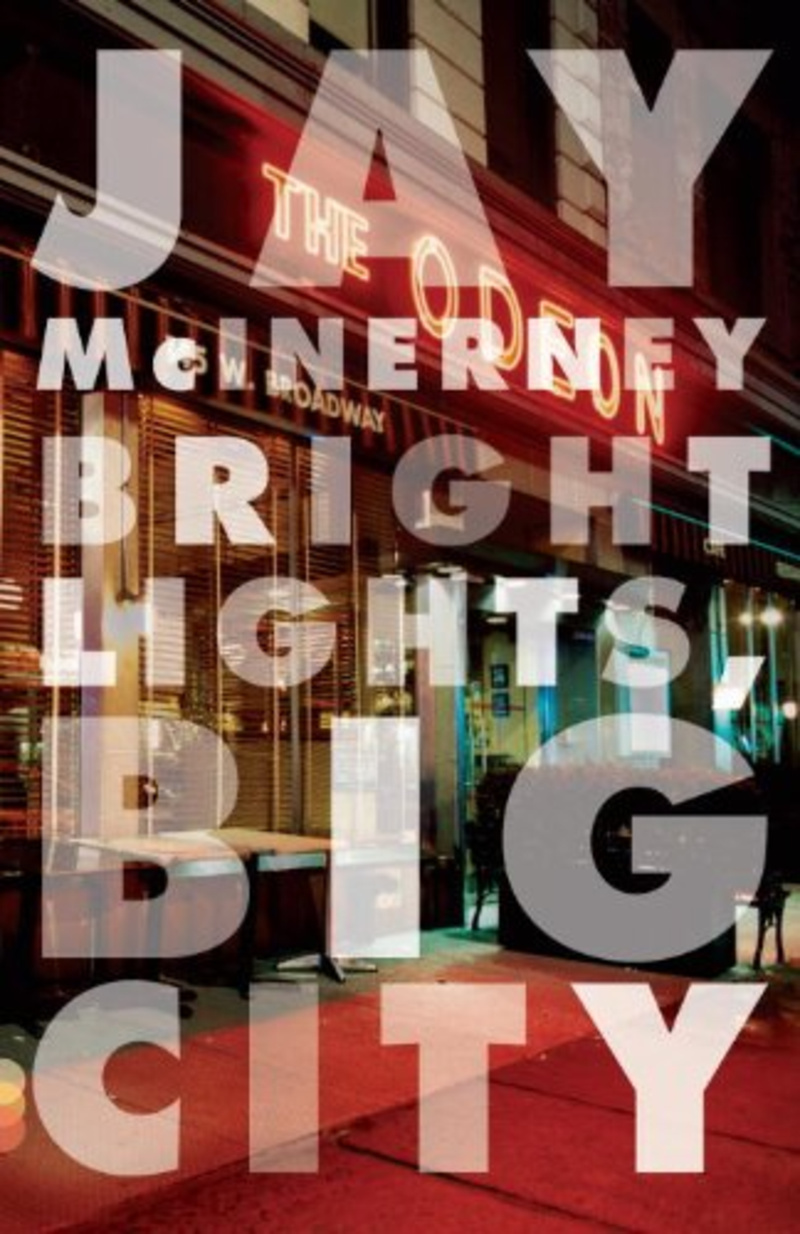
Bright Lights, Big City
by Jay McInerney
McInerney’s snapshot of 1980s Manhattan nightlife and urban disillusionment paints a picture of a city that pulses with energy and intrigue. Fun tidbit: He was a Syracuse University grad student working at a liquor store when he sold his book! Probably there for Ray Carver – why every would-be writer went to Syracuse.
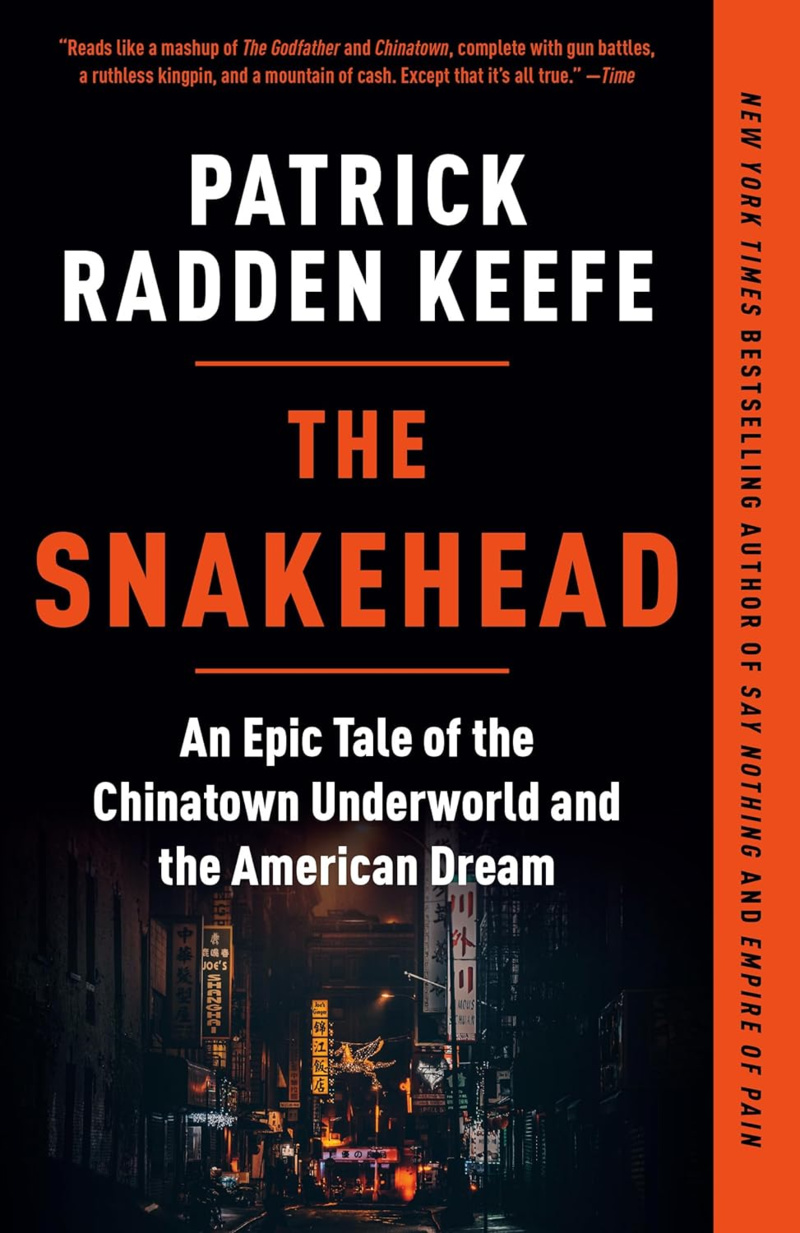
The Snakehead: An Epic Tale of the Chinatown Underground and the American Dream
by Patrick Radden Keefe
Keefe’s investigative narrative delves into Chinatown’s underworld, revealing layers of New York’s multicultural landscape and hidden stories. He’s a writing god of mine. This is an early work that holds up and will be a mini-series soon.
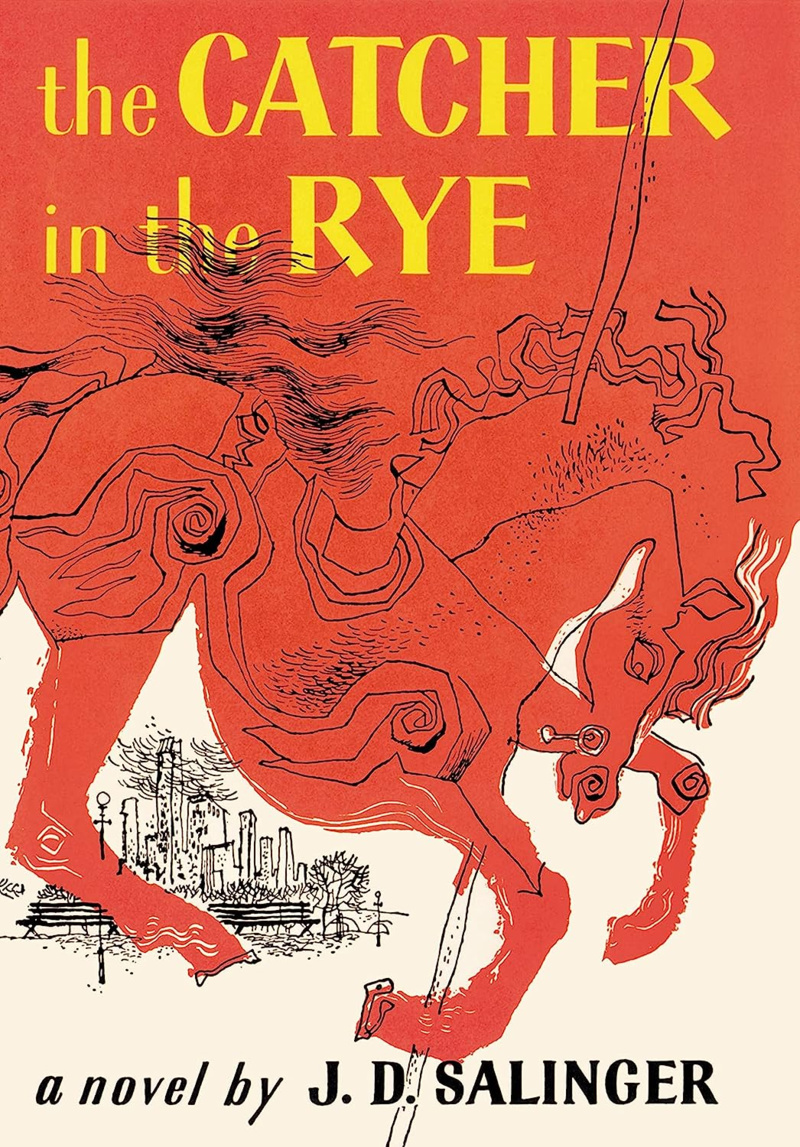
The Catcher in the Rye
by J.D. Salinger
Salinger’s iconic novel – of course, it’s on my list. I don’t get the haters. If you like this book, you are my people.
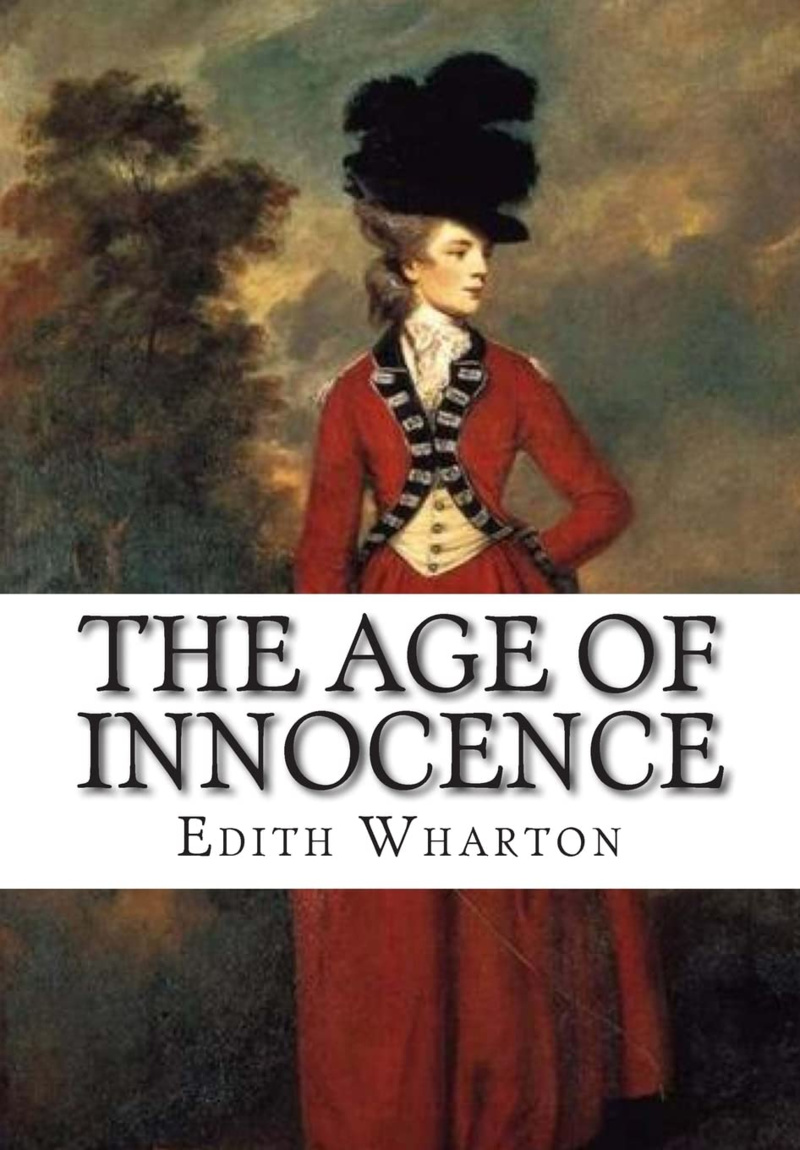
The Age of Innocence
by Edith Wharton
Wharton’s critique of Gilded Age New York society offers a compelling exploration of societal norms, love, and individual freedom.
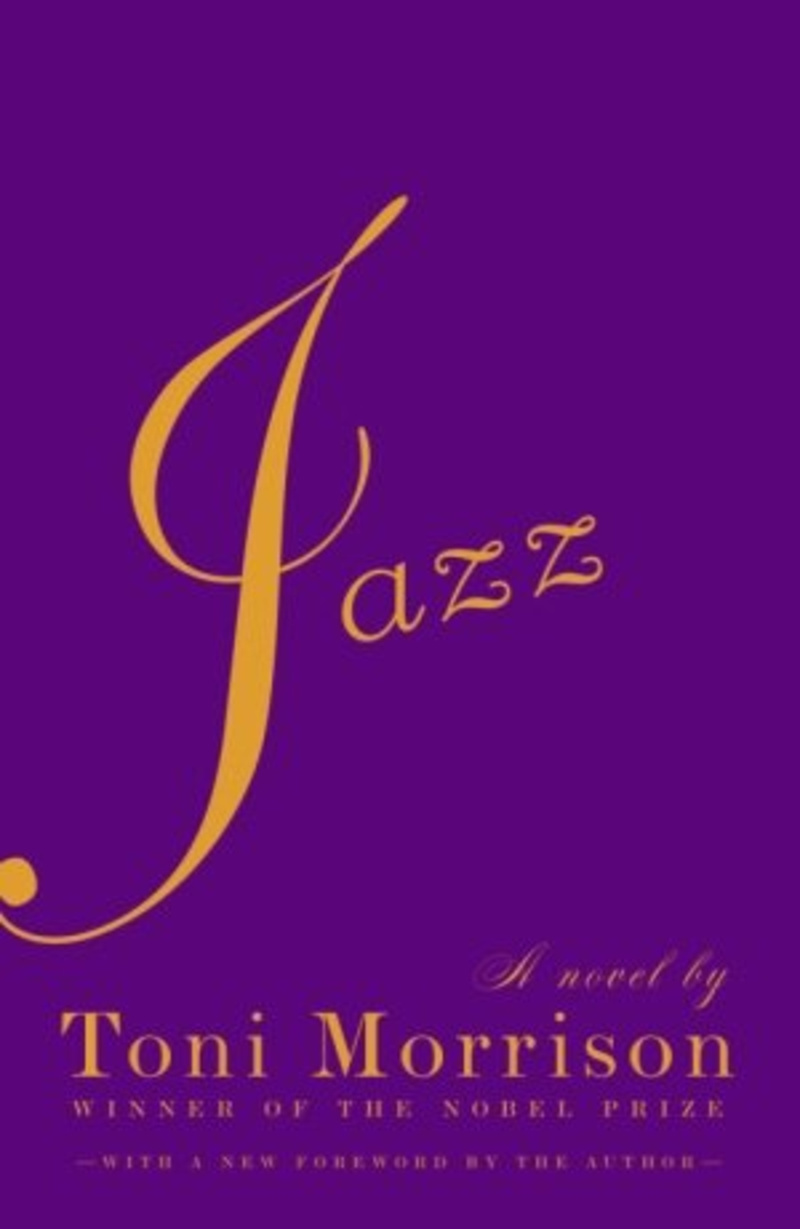
Jazz
by Toni Morrison
Morrison’s poetic prose immerses readers in the vibrant world of Harlem during the Jazz Age, celebrating African American culture and resilience.
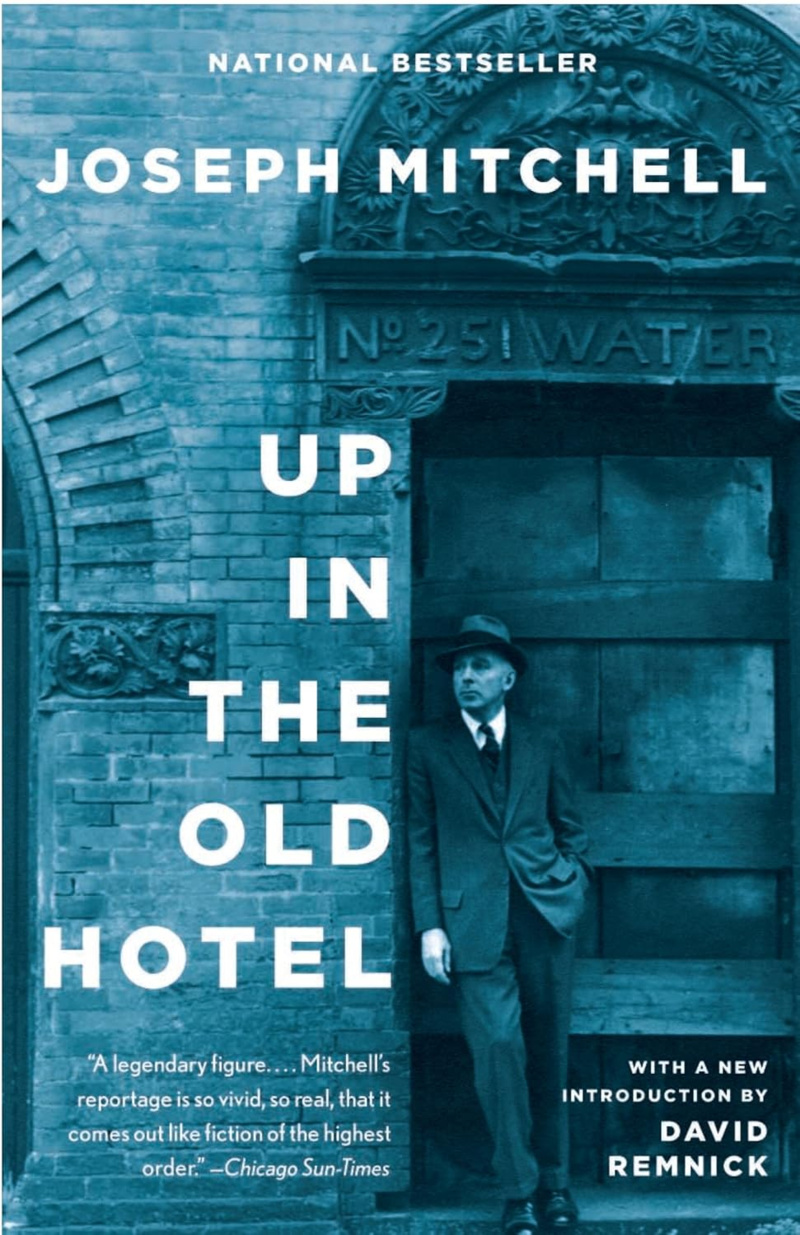
Up in the Old Hotel
by Joseph Mitchell
This is a collection of Mitchell’s writings, including profiles of various New Yorkers, essays, and sketches that depict the city’s characters and neighborhoods. No, I won’t lend you my copy. Another writing god.
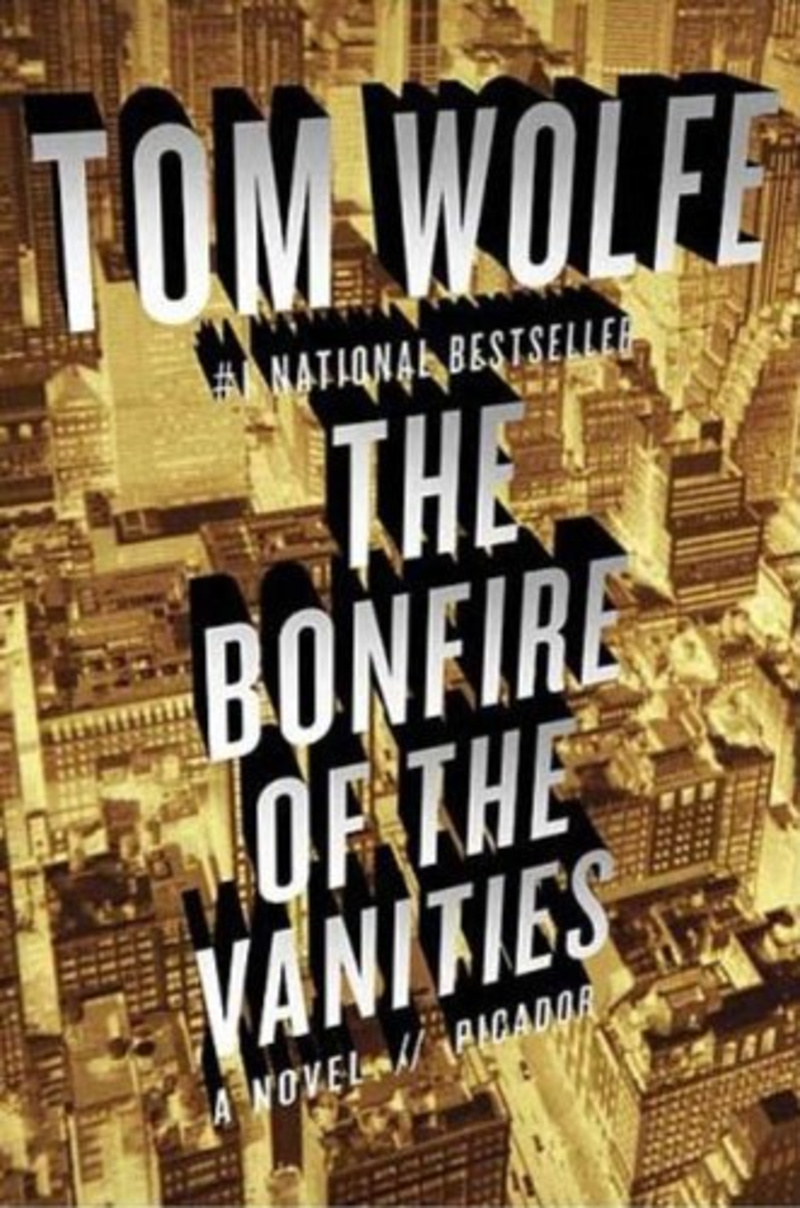
The Bonfire of the Vanities
by Tom Wolfe
Wolfe’s satirical novel critiques the excesses and social tensions of 1980s Manhattan, focusing on a bond trader’s downfall amidst racial and class divides. It is really good, and not all of his novels were this good – it is of its time.
Moses Gates
Urban planner (who will work for access to abandoned observation decks!)
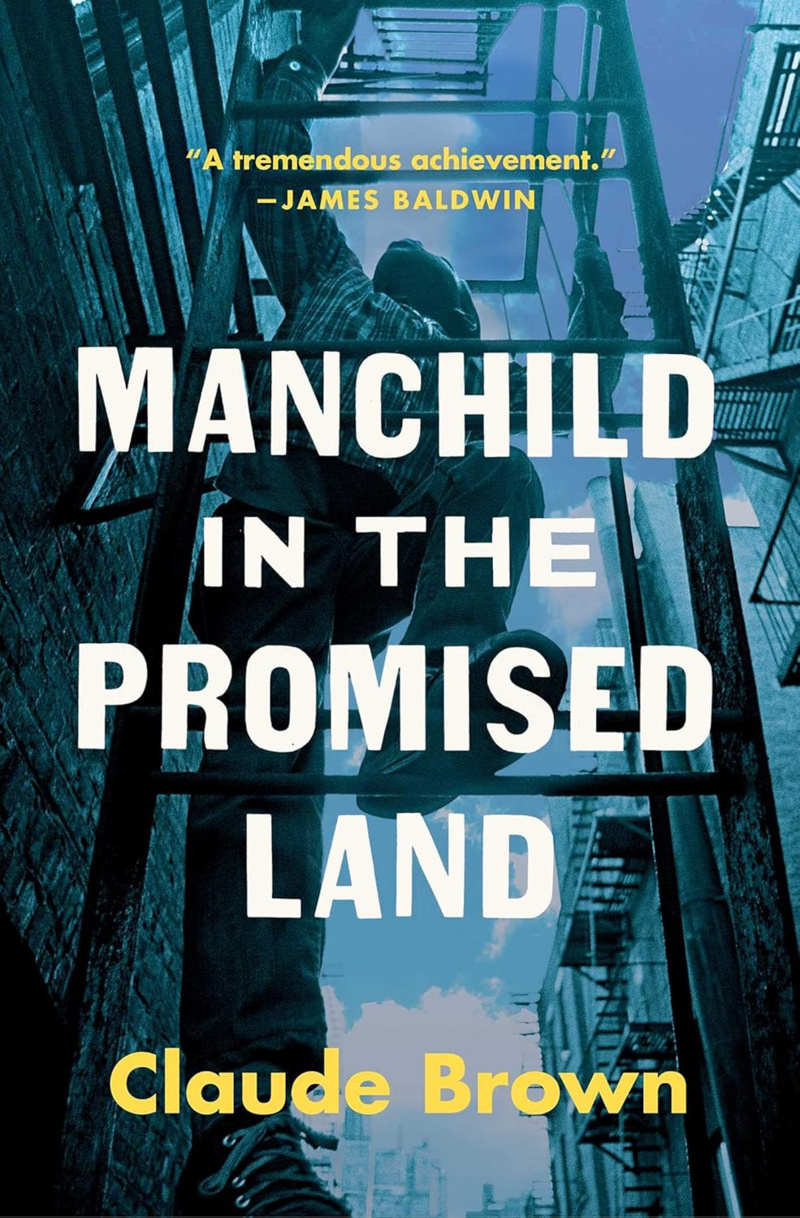
Manchild in the Promised Land
by Claude Brown
This has been #1 with a bullet since I first read it in high school. Not just one of the most celebrated commentaries about growing up Black in America, it’s a memoir of someone who followed their curiosity through the city and an inspiration to everyone who knows they have something to do with their life but are just not quite sure what it is yet.
It’s almost impossible to pick just one book about growing up in post-WWII New York, Chaim Potok’s The Chosen and Piri Thomas’s Down These Mean Streets are two other classics that should be on everyone’s list.
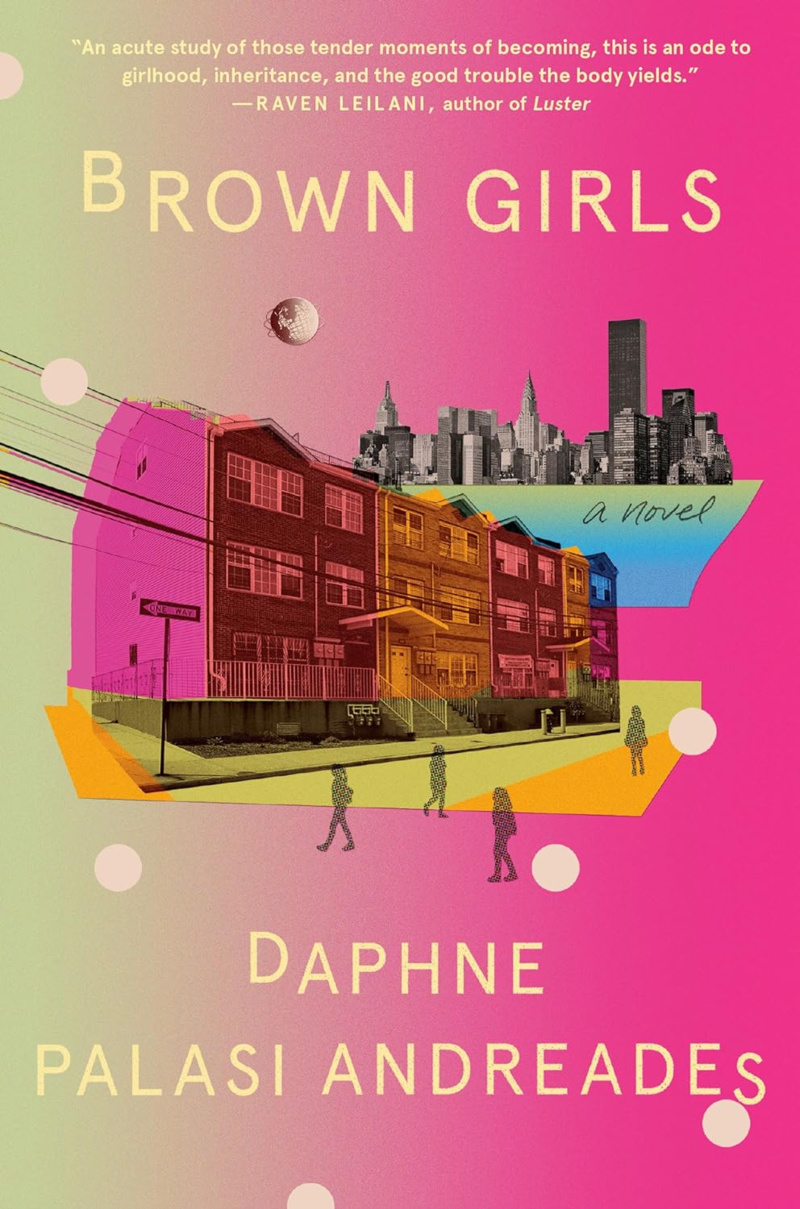
Brown Girls
by Daphne Palasi Andreades
Jumping ahead five decades or so, this book presents a no less gripping portrait of friendship, family and growing up in early 21st century New York. I think I read it in one afternoon, from the first page’s description of a residential Queens block I could not put it down.
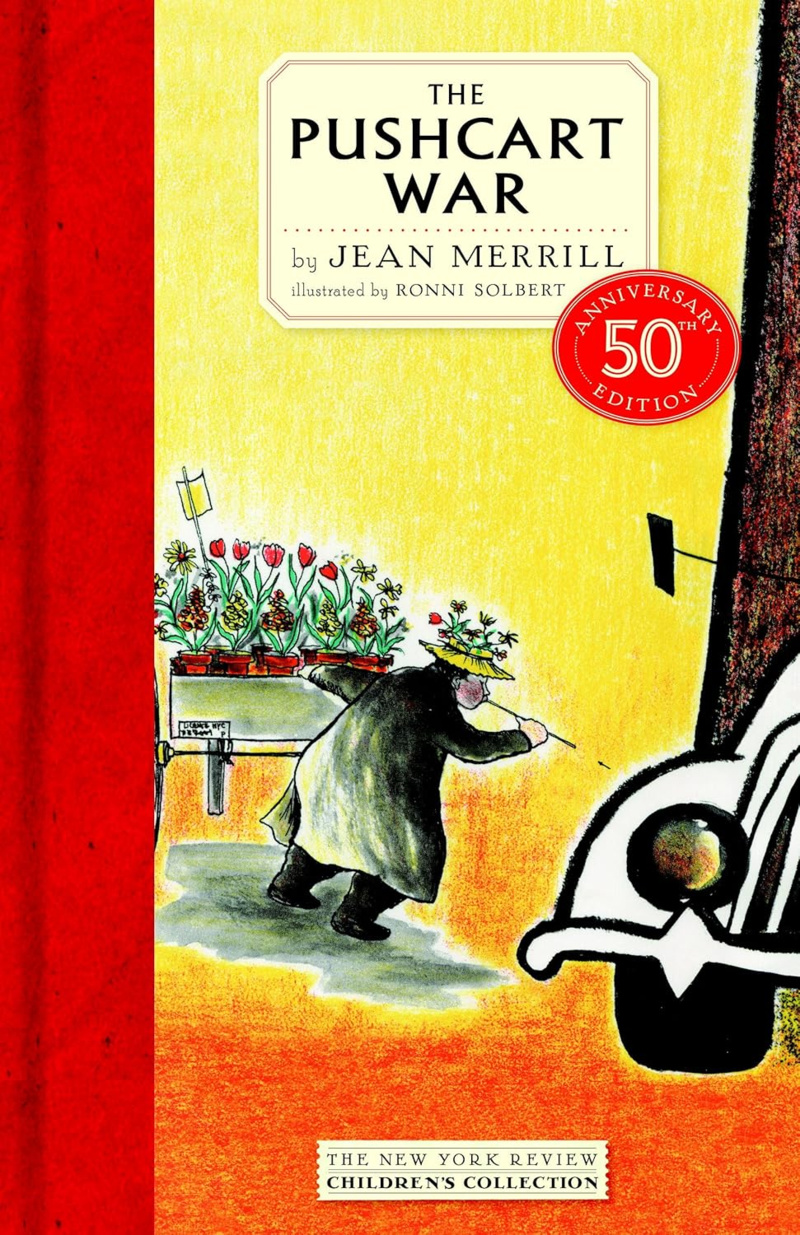
The Pushcart War
by Jean Merrill
Before there were battles over bike lanes, congestion pricing, outdoor dining, and Citibike docks, there was The Pushcart War, Jean Merrill’s 1964 children’s book detailing a fictional war for the city streets. Forget The Power Broker or Death & Life of Great American Cities, this is the one true must-read for any budding NYC urban planner.
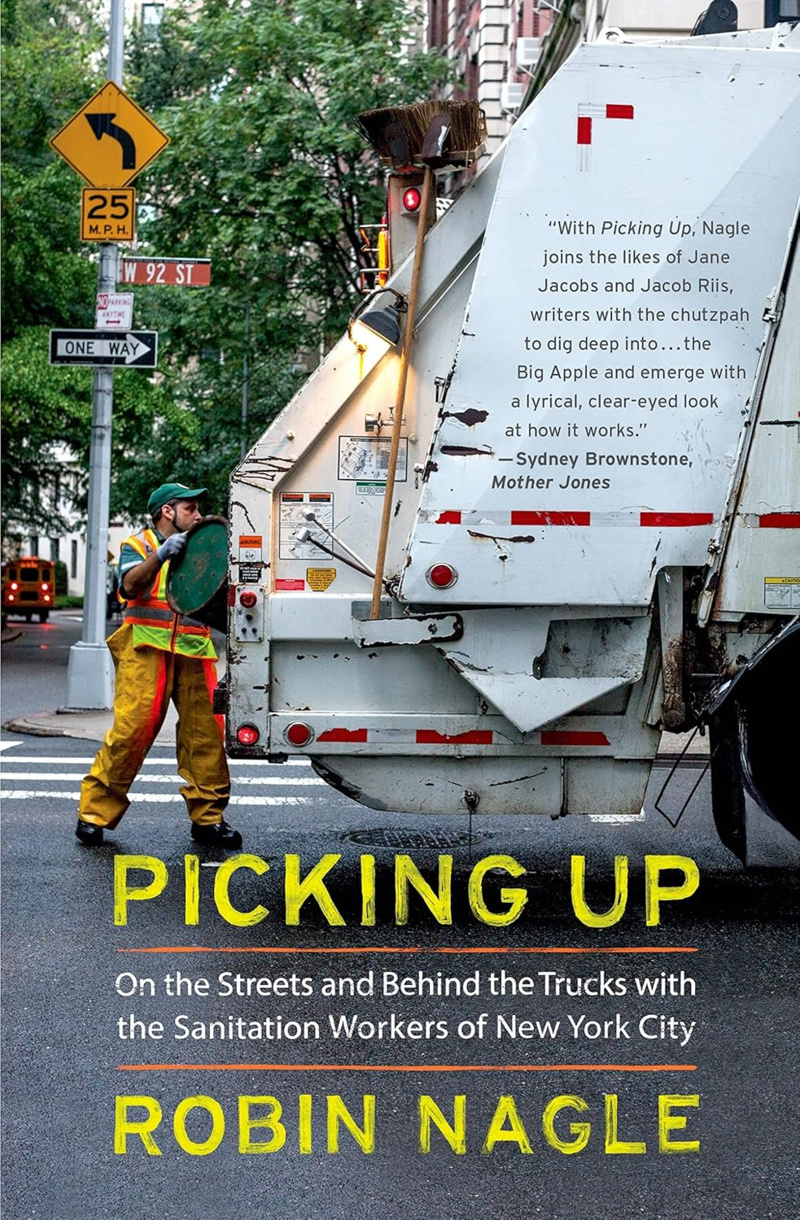
Picking Up
by Robin Nagle
One of the most unappreciated aspects of New York City is just how much work goes into keeping this place running. Robin Nagle gives us an in-depth look at perhaps the most indispensable municipal workforce, showing the ins and outs of how sanitation workers keep the city functional.
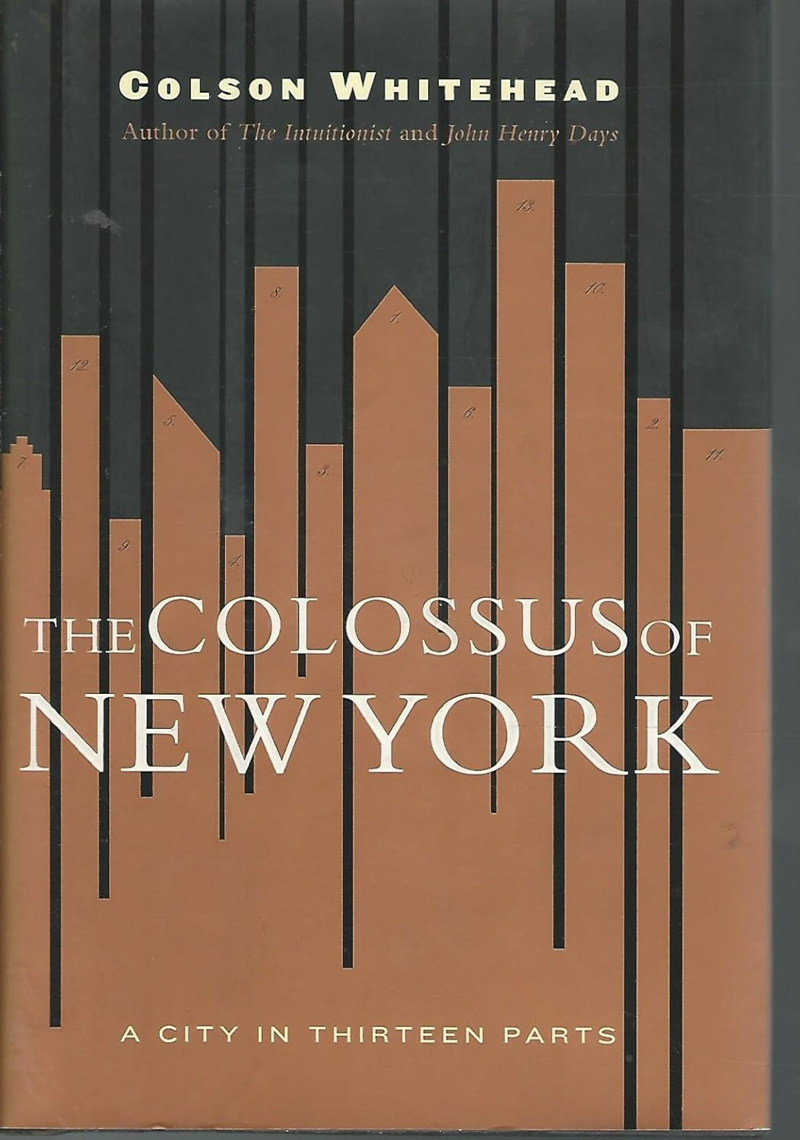
The Colossus of New York: A City in 13 Parts
by Colson Whitehead
This is the book that says the most about the city in the least amount of words. It bills itself as 13 essays but it’s closer to poetry – if you’re the type to underline passages I’d advise investing in a small pen factory. Anyone who has spent any amount of time in New York will recognize the city – and themselves – in its words.
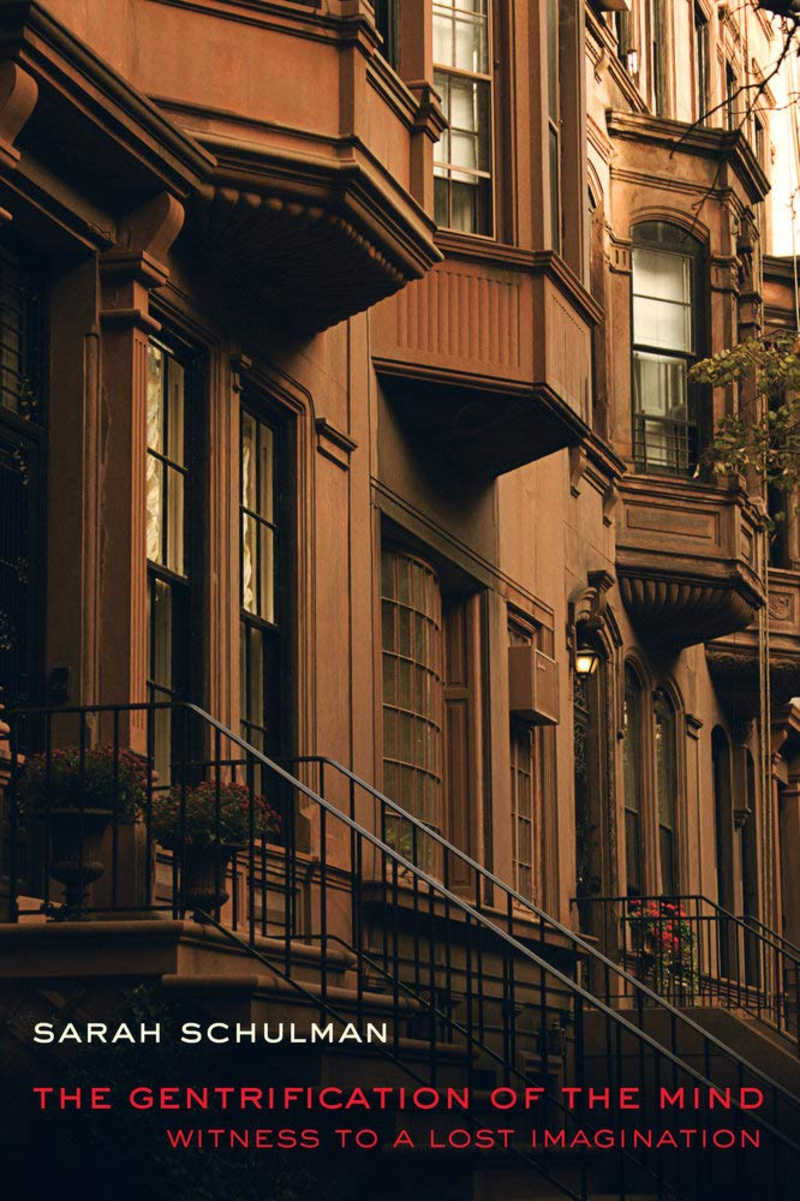
The Gentrification of the Mind: Witness to a Lost Imagination
by Sarah Schulman
A semi-memoir, semi-extended-essay of queer Manhattan in the 1980s and 1990s, Schulman details gentrification not just as a physical and geographical process, but a spiritual one that ultimately replaces history, community, accountability, and the way that people relate to the city around them.
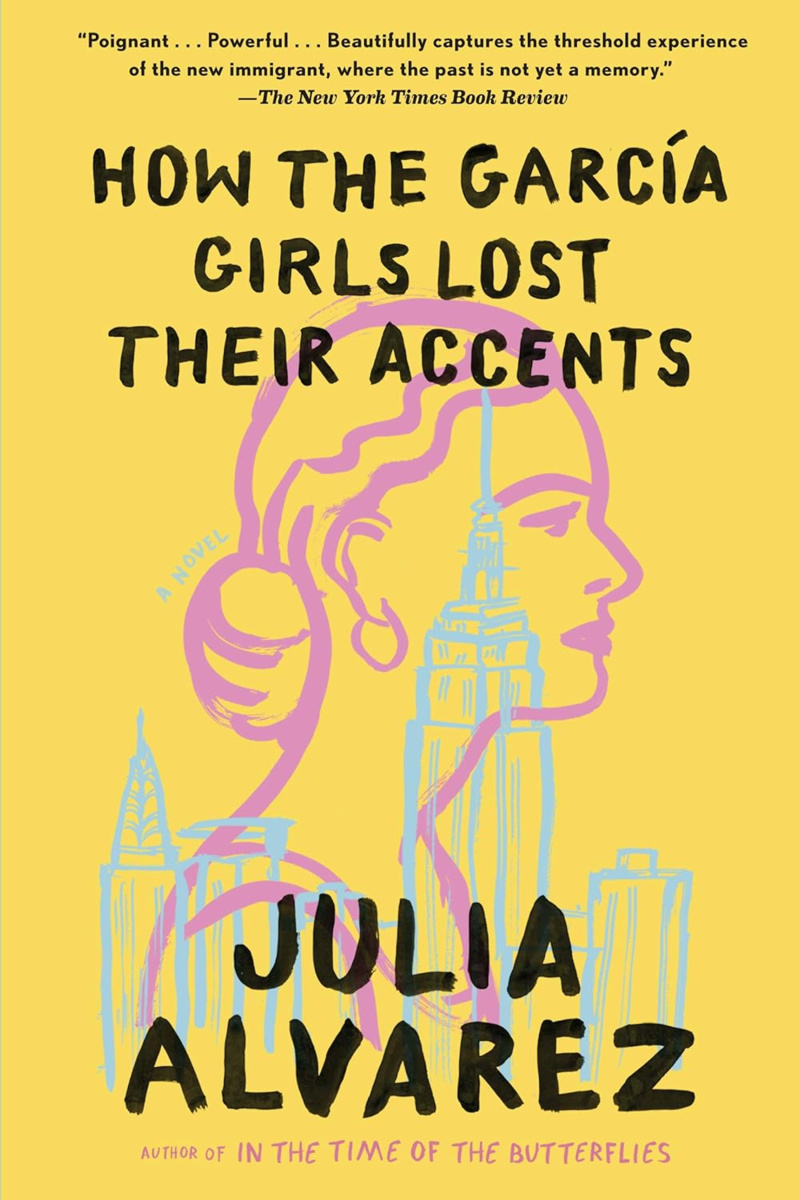
How the Garcia Girls Lost Their Accents
by Julia Alvarez
This is one of those books you can read ten times and each time go “I can’t believe I missed that” about something different. A wonderful story about a quintessential New York City experience – starting over.
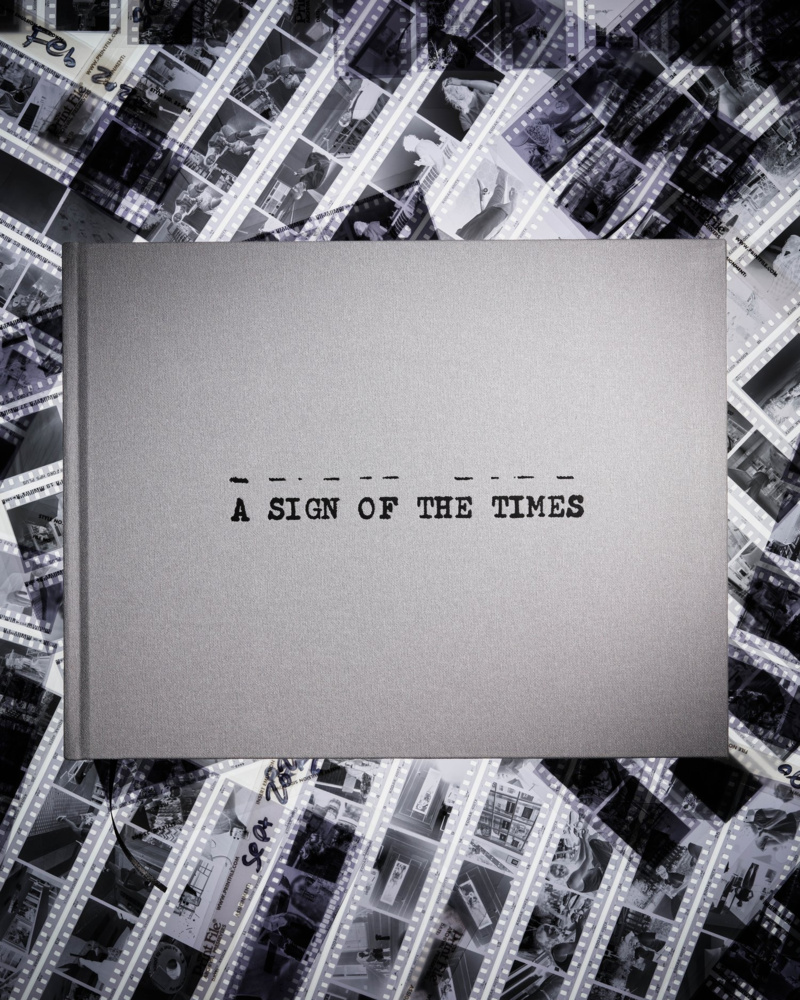
A Sign of the Times
by Gregory Berg
If you’re older than 7 and younger than 85, it’s a good bet that February 2020 to February 2021 was the weirdest 12-month stretch of your life. This (mostly) photo book documents the strange arc of that year, its pictures of the pandemic New York bring you right back to memories you’re probably trying to repress.
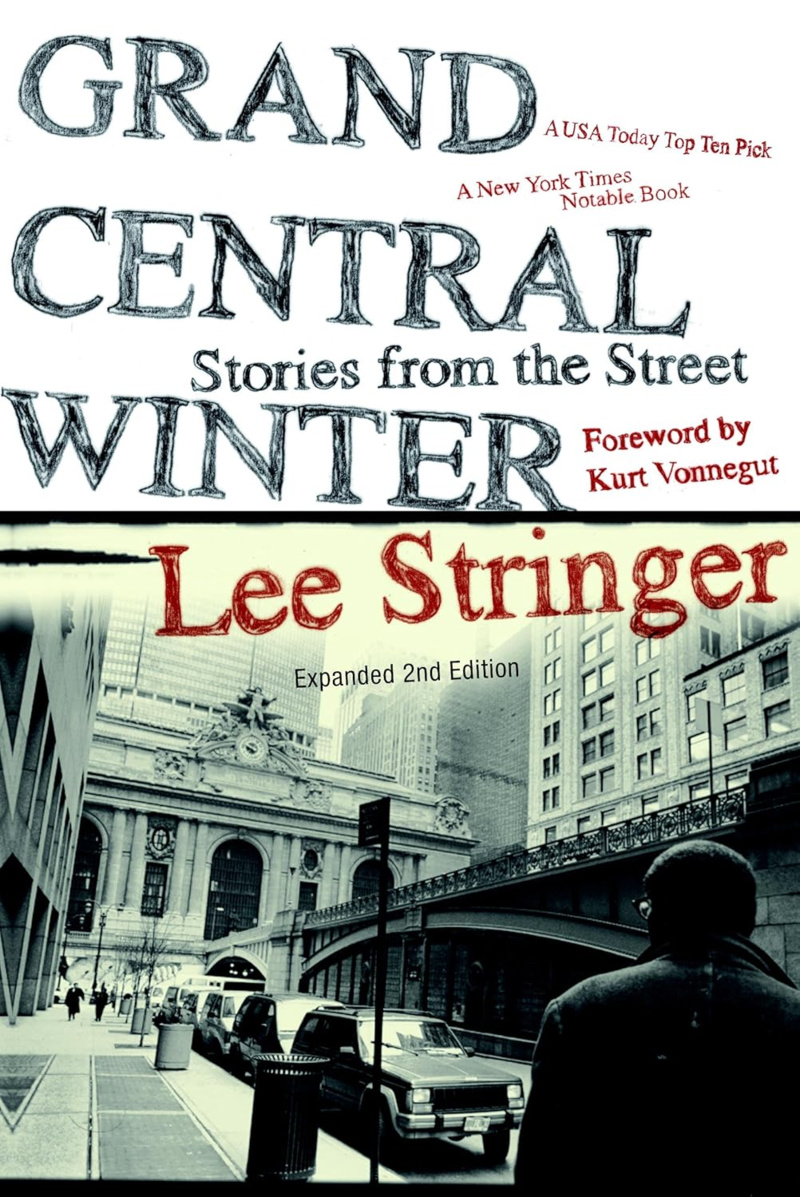
Grand Central Winter: Stories from the Street
by Lee Stringer
If you’re going to read a book about trying to find shelter in the underground of New York, please do yourself a favor and read one from someone who’s actually been there. Grand Central Winter tells a “there but for the grace of God go I” story of just how easy it is to fall into the cracks of the city.
I could also do another top 10 list just about books featuring New York transit tunnels: Julia Solis’s New York Underground, Joseph Raskin’s The Routes Not Taken, Matthew Litwack and JURNE’s Beneath the Streets, and Adam Mansbach’s Rage Is Back (the only fictional book – and tunnel – in the bunch) would definitely also make the list.
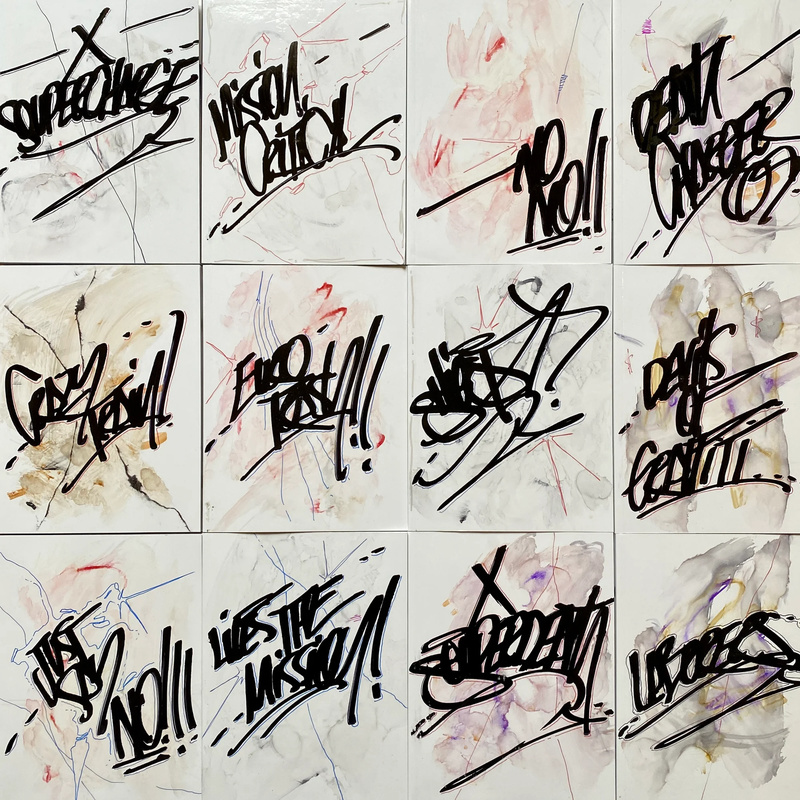
Life’s a Mission Then You’re Dead
by REVS, XSOUP, ARBOR
I might be the only person to put a book I haven’t actually read on a “favorite books” list. This limited edition dropped when I was out of town and is now a collector’s item currently going for $2100 on eBay. But what I know is that graffiti writers have the best stories about New York, and this book has stories from 100 writers. So you do the math.
Julia Vitullo-Martin
New York City-based journalist.
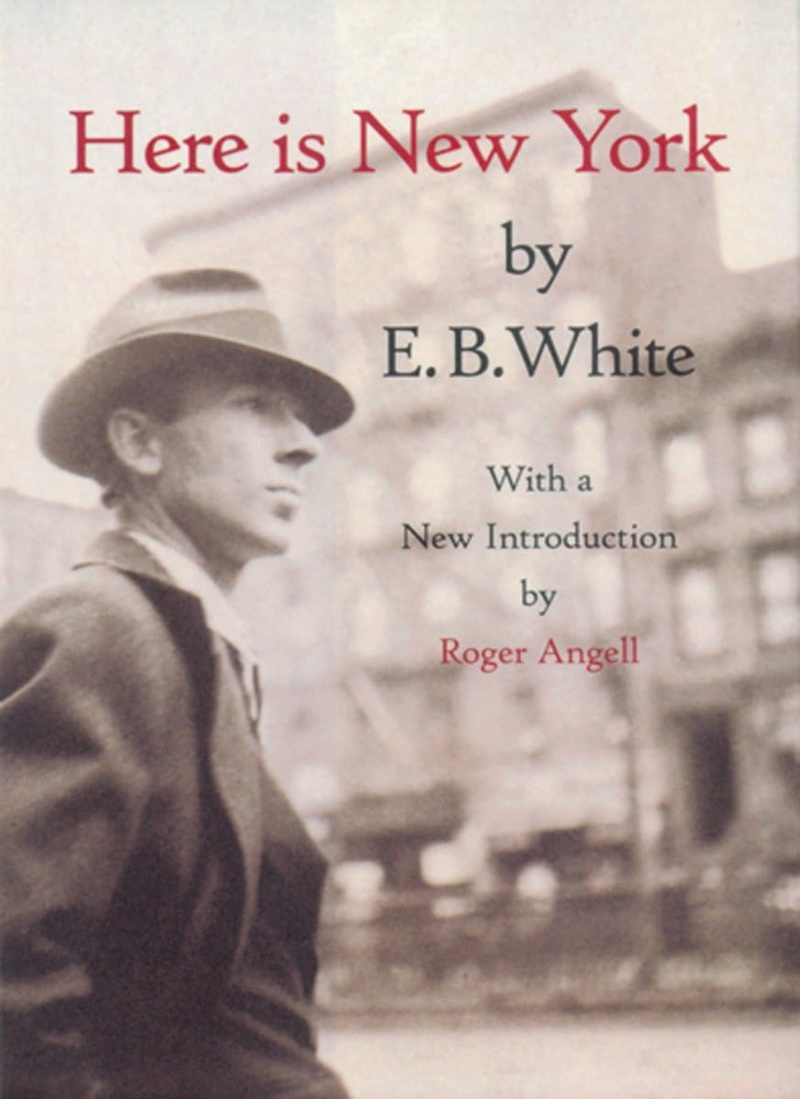
Here is New York
by E.B. White
Anyone who has ever read E. B. White is condemned to quote him, starting with this: “There are roughly three New Yorks. There is, first, the New York of the man or woman who was born here, who takes the city for granted and accepts its size and its turbulence as natural and inevitable. Second, there is the New York of the commuter — the city that is devoured by locusts each day and spat out each night. Third, there is the New York of the person who was born somewhere else and came to New York in quest of something. Commuters give the city its tidal restlessness; natives give it solidity and continuity; but the settlers give it passion.”
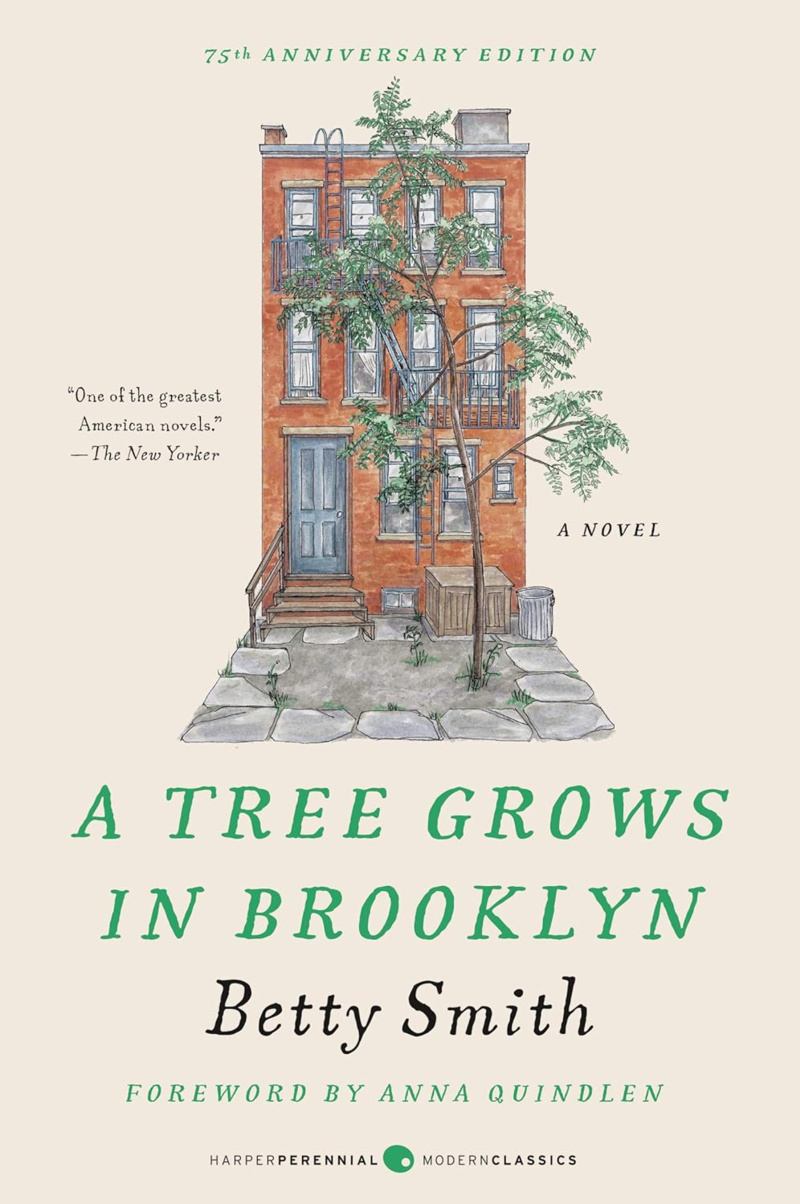
A Tree Grows in Brooklyn
by Betty Smith
A semi-autobiographical novel that begins in 1912, introducing Frances, an 11-year-old girl living in a tenement in Williamsburg, Brooklyn. Her love of reading helps her through the many traumas and heartbreaks of her life, guiding her eventually to the University of Michigan. As she leaves home for the last time she ponders the Tree of Heaven, growing and flourishing in her building’s harsh courtyard, despite serious efforts to destroy it. She sees it as a metaphor for her family’s survival.
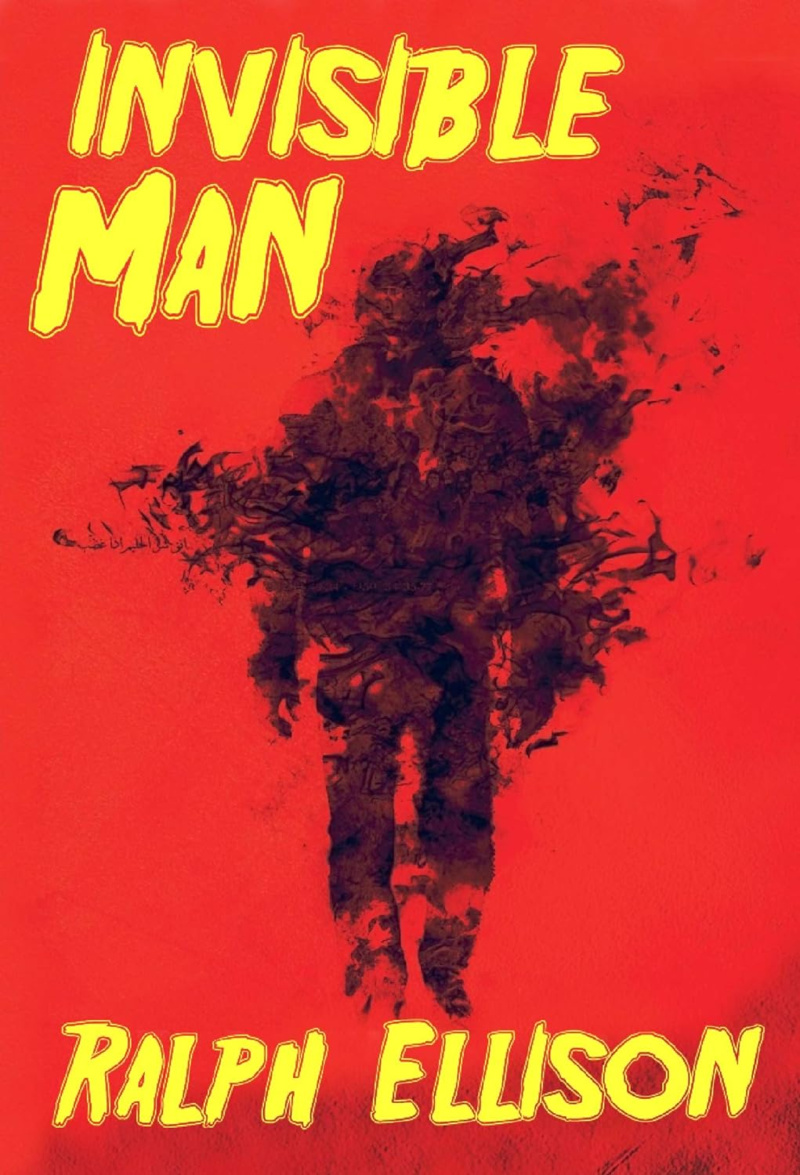
Invisible Man
by Ralph Ellison
Narrated by an unnamed black man living in an underground room wired with hundreds of electric lights powered by (stolen from) the city’s electric grid, it’s as terrifying an opening scene as exists in American literature. He works in the boiler room of a paint factory whose chief attendant who, believing he’s trying to steal his job, tricks him into setting off an explosion. From this, many harrowing events occur while the narrator discusses the social invisibility he has lived in for most of his life.
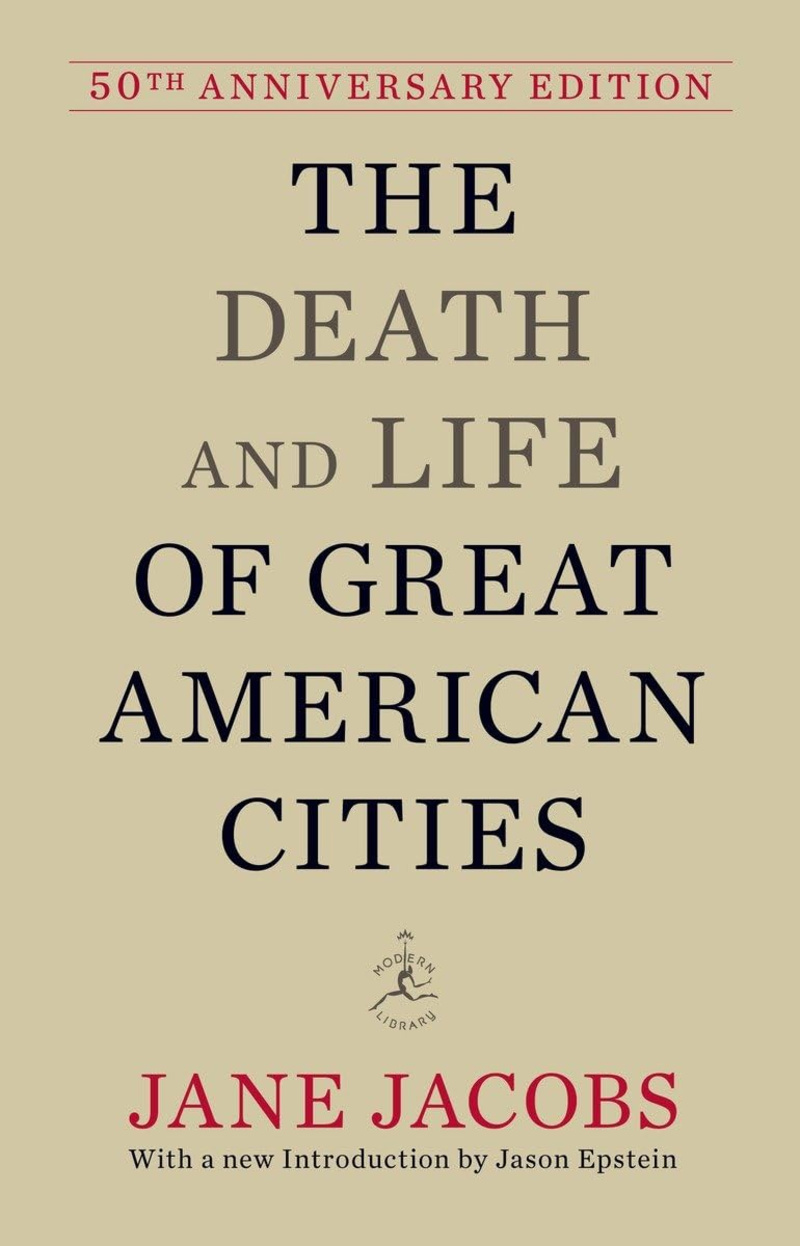
The Death and Life of Great American Cities
by Jane Jacobs
With her near-revolutionary ideas about how successful cities work—neighborhoods are safer when they have “eyes on the street” that belong to “the natural proprietors of the street, for example—Jacobs inspired a re-thinking about cities that continues to this day. She wasn’t always right—she called the Upper West Side one of New York’s “areas of failures” and designated Morningside Heights “a surly kind of slum” but she was profoundly right about the importance of mixing uses, creating density, keeping stretches of old buildings, and casting a cold eye on managed playgrounds.
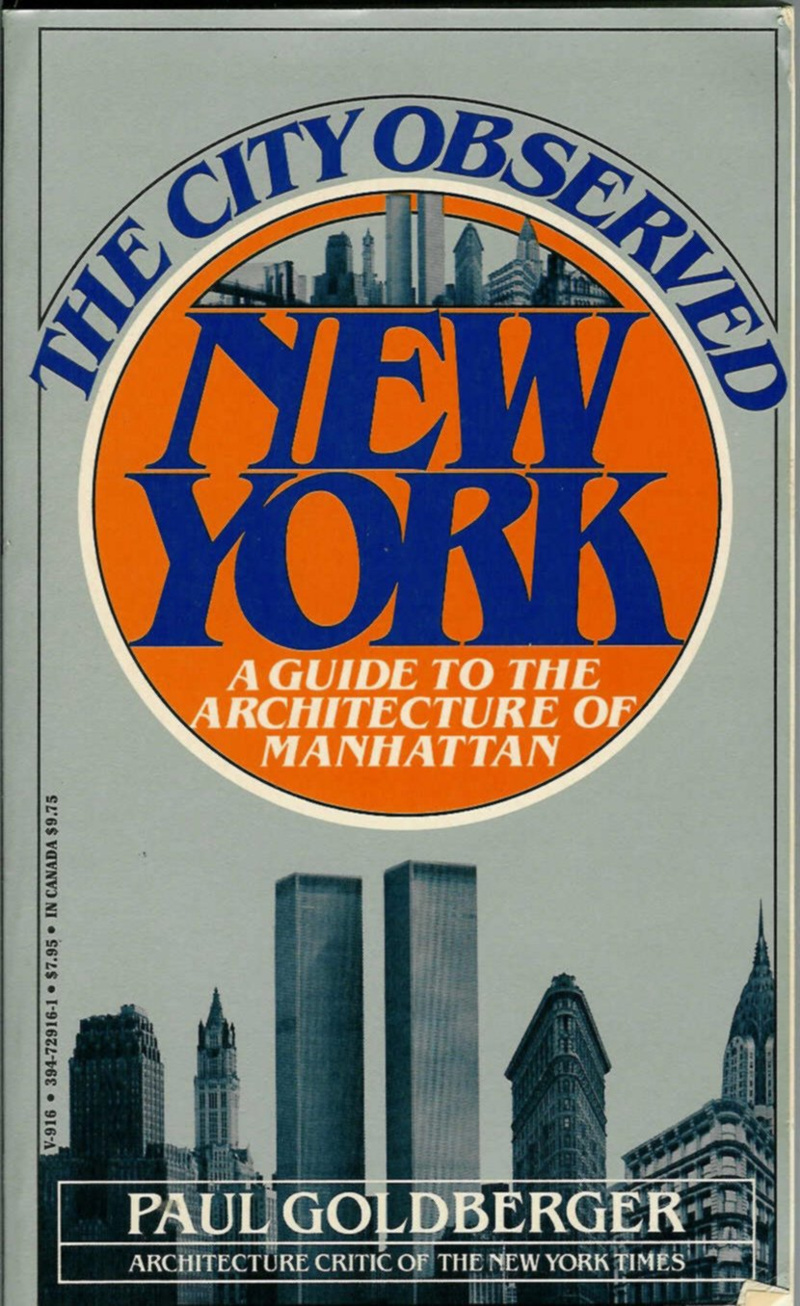
The City Observed New York: A Guide to the Architecture of Manhattan
by Paul Goldberger
An energetic and highly personal walking tour of the best and worst of Manhattan’s architecture, to be carried and checked when out and about and to be used as a reference book when home and at rest. Manhattan is divided into 26 areas, each accompanied by a map and vivid photos by David W. Dunlap.
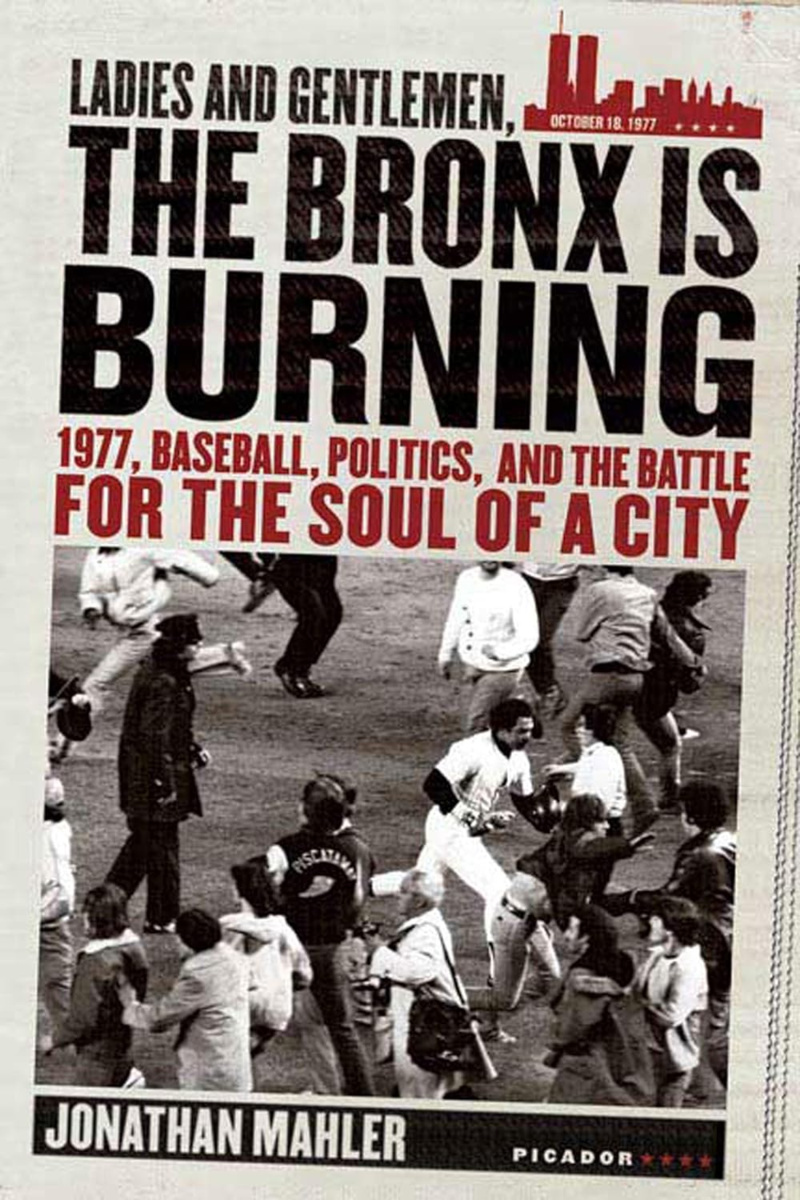
Ladies and Gentlemen, the Bronx Is Burning: 1977, Baseball, Politics, and the Battle for the Soul of a City
by Jonathan Mahler
It should have been a time of splendor for the city and the Bronx—Game 2 of the 1977 World Series was played at Yankee Stadium and covered by ABC. Instead, it was a time of humiliation and shame. The great city had fallen. Mahler, a sympathetic observer, begins with the financial and spiritual crises afflicting New York in the mid-1970s and deftly uses the troubled Yankees as a metaphor for their troubled host.
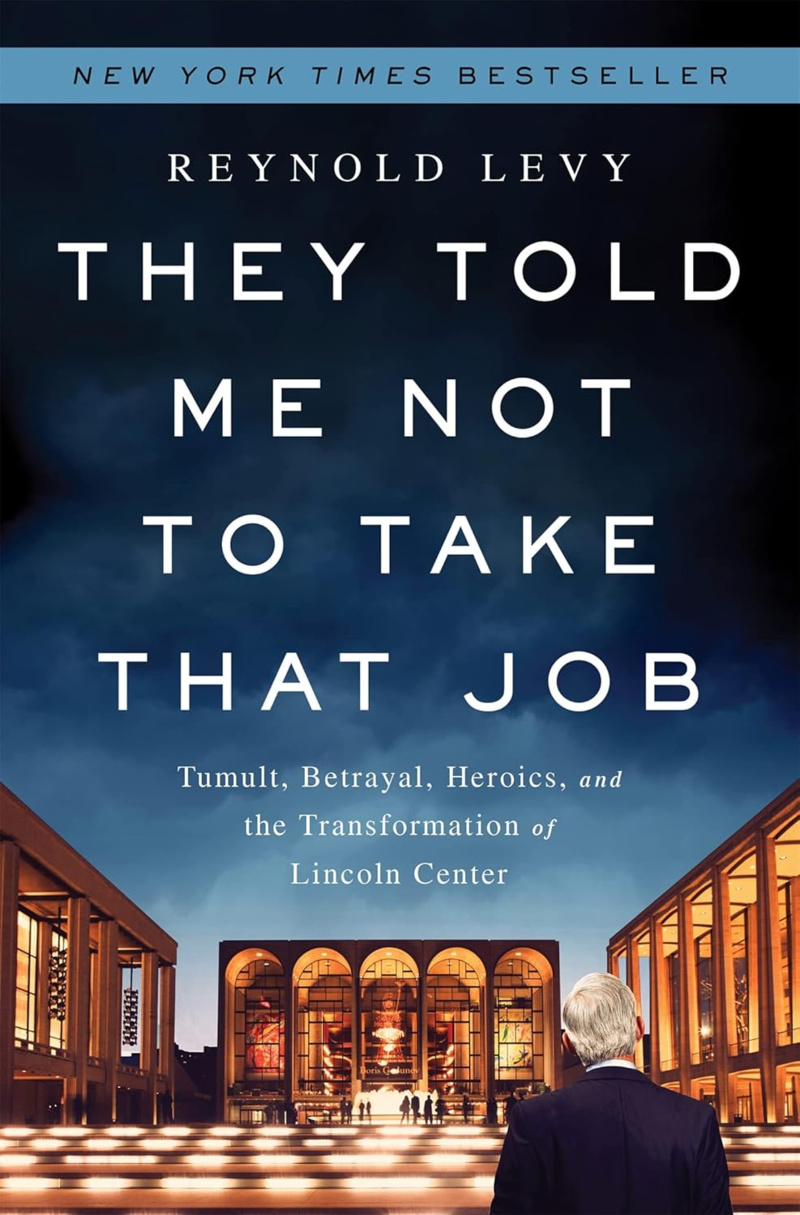
They Told Me Not to Take That Job: Tumult. Betrayal. Heroics, and the Transformation of Lincoln Center
by Reynold Levy
A stunningly articulate and frank discussion by former Lincoln Center president Reynold Levy of how he analyzed, strategized, and ultimately changed (for the better) large segments of one of New York’s most important—and most difficult—cultural institutions. His ideas were Jane-Jacobs-like: remove Lincoln Center from its pedestal and have it embrace its cityscape, build blades—digital advertising signs—along 65th Street as works of art but also a reconfiguration of the hostile street, open Lincoln Ristorante in the former restaurant desert, demolish Milstein Plaza, build a bridge to the Juilliard School, and much more.
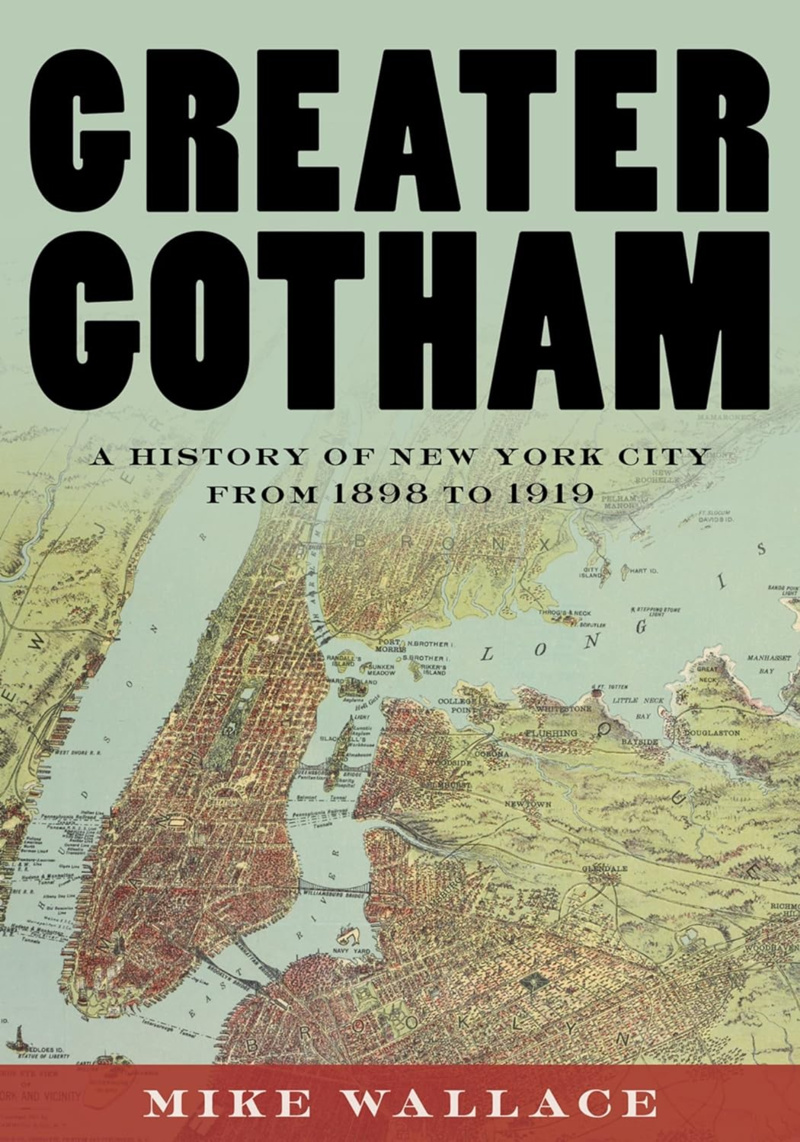
Greater Gotham: A History of New York City from 1898 to 1919
by Mike Wallace
You may not think you care about those early years in New York, but you do: those are the years when New York became New York when great thinkers argued and fought, workers and capitalists brawled on the waterfront and in the factories, social contracts were debated and temporarily resolved, handsome buildings were built, and the rest of the world, especially formerly indifferent Europe, took notice that an immense, raw, and wealthy new city had emerged ascendant from the 19th century.
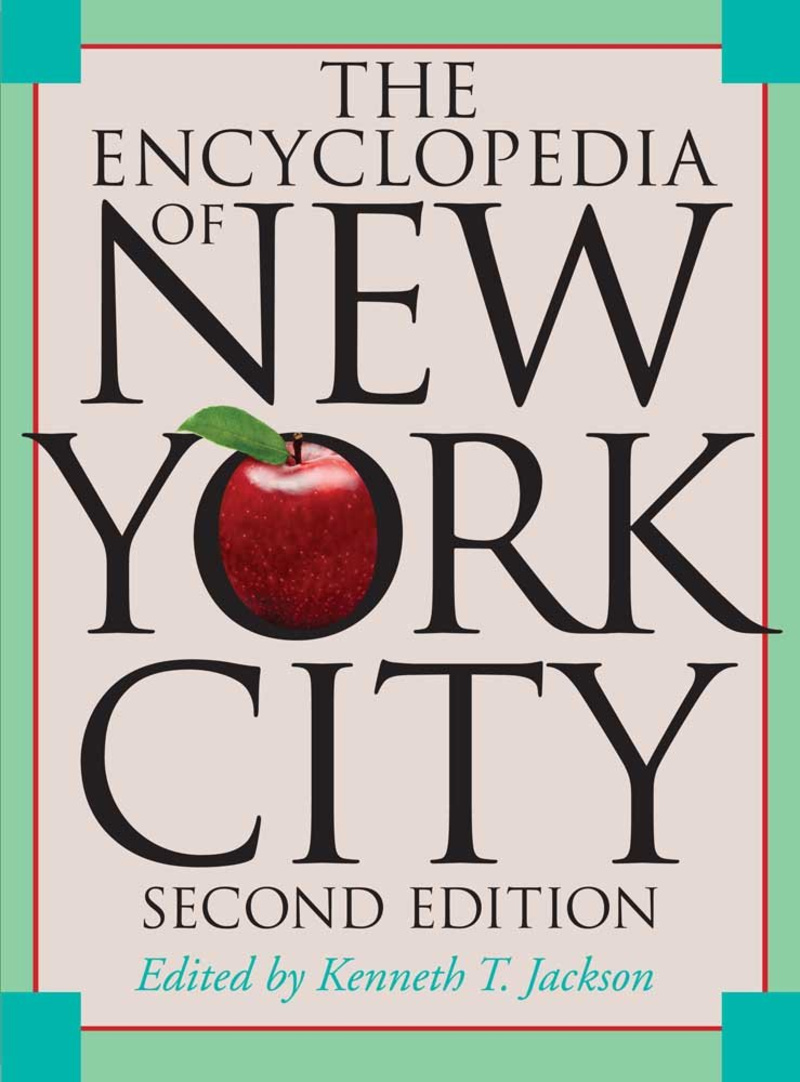
The Encyclopedia of New York City
by Kenneth T. Jackson
Just as once nearly every middle-class American family aspired to have the Encyclopedia Britannica on their shelf, so every New York family should own this magnificent encyclopedia of their city. The neutral tone can grate but the coverage of every development, big and small, every park, major and minor, and every material governmental innovation, like the soon-to-be-eliminated Metrocard, is invaluable.
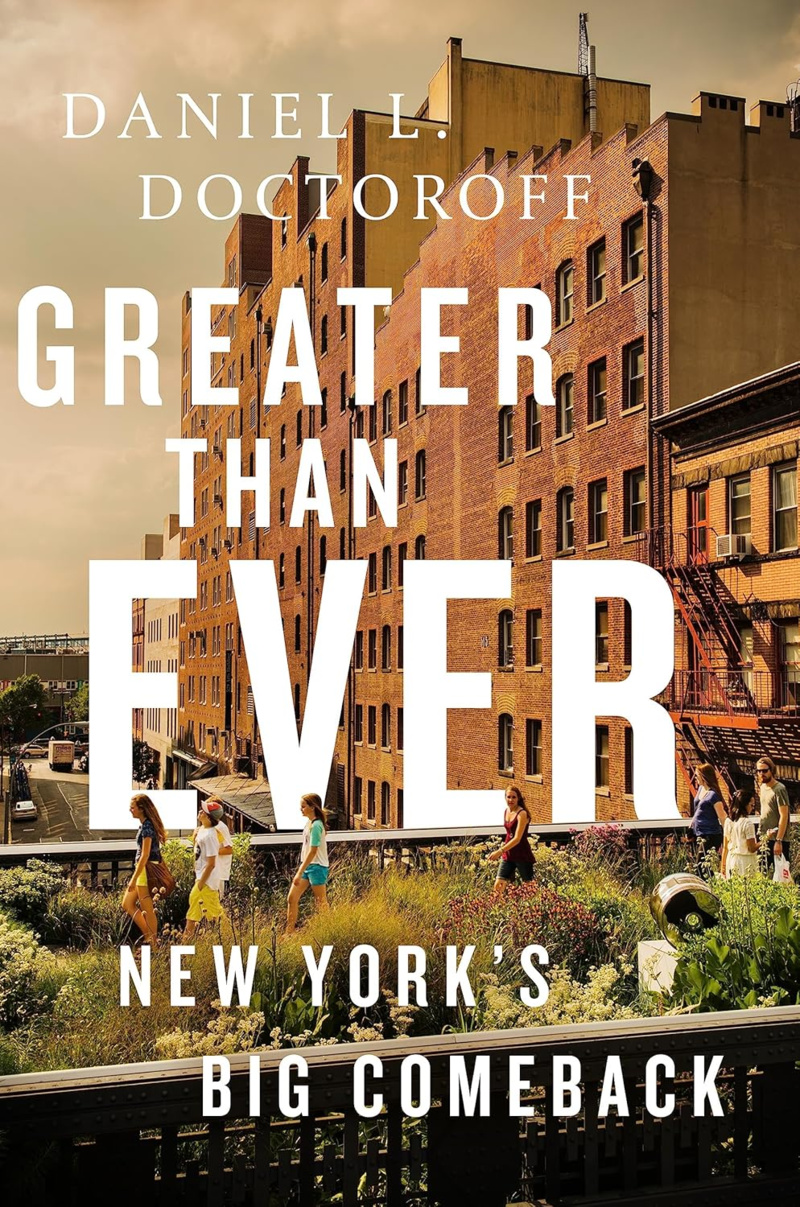
Greater than Ever, New York’s Big Comeback
by Daniel L Doctoroff
How much you enjoy Dan Doctoroff’s saga of New York’s comeback probably depends in large part on how much you enjoyed the Bloomberg administration. “We will rebuild, renew, and remain the capital of the free world,” said Bloomberg in his first inaugural speech in 2002, following his election that was overshadowed by the attacks of 9/11. And in many ways, his administration did exactly that. This book tells how.
John Lazzaro
Photographer and author of A Vanishing New York: Ruins Across the Empire State and The Walls Still Talk: A Photographic Journey Through Kings Park Psychiatric Center
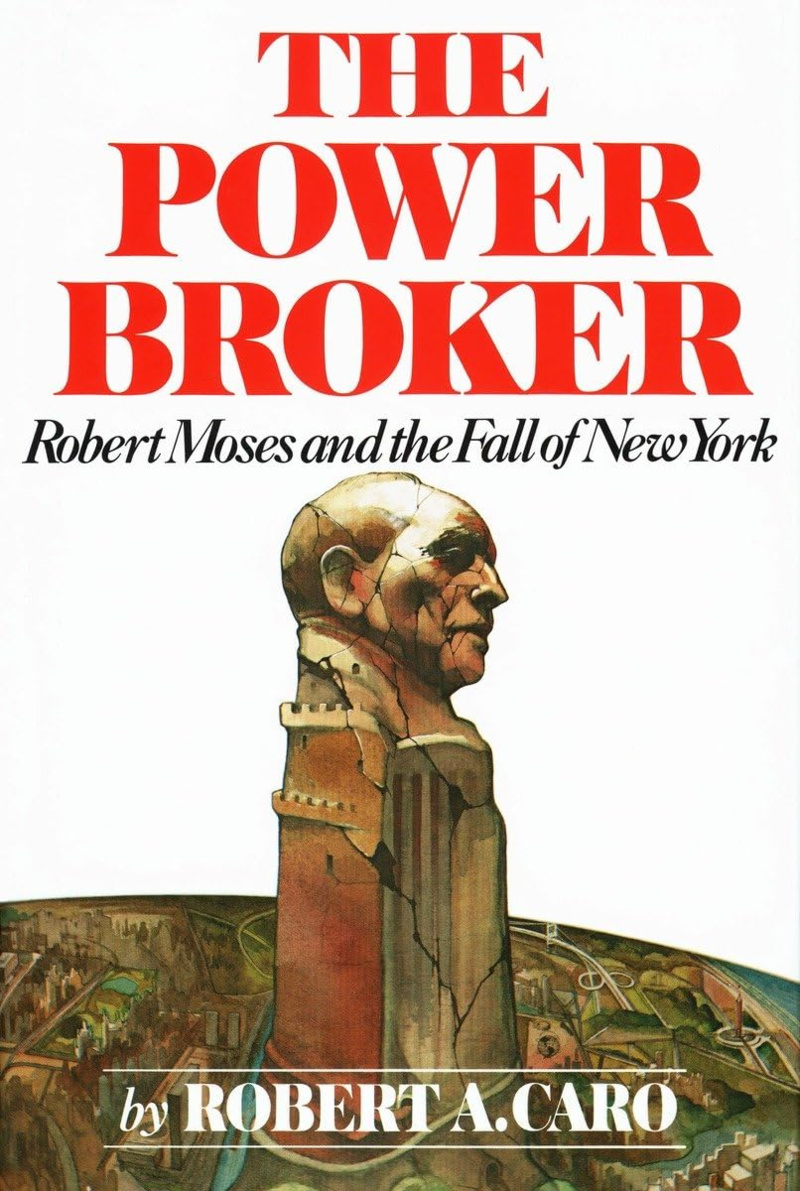
The Power Broker: Robert Moses and the Fall of New York
by Robert Caro
An excellent biographical portrait of New York City planner Robert Moses and how he rose to – and kept – his power over several New York City mayors and State governors.
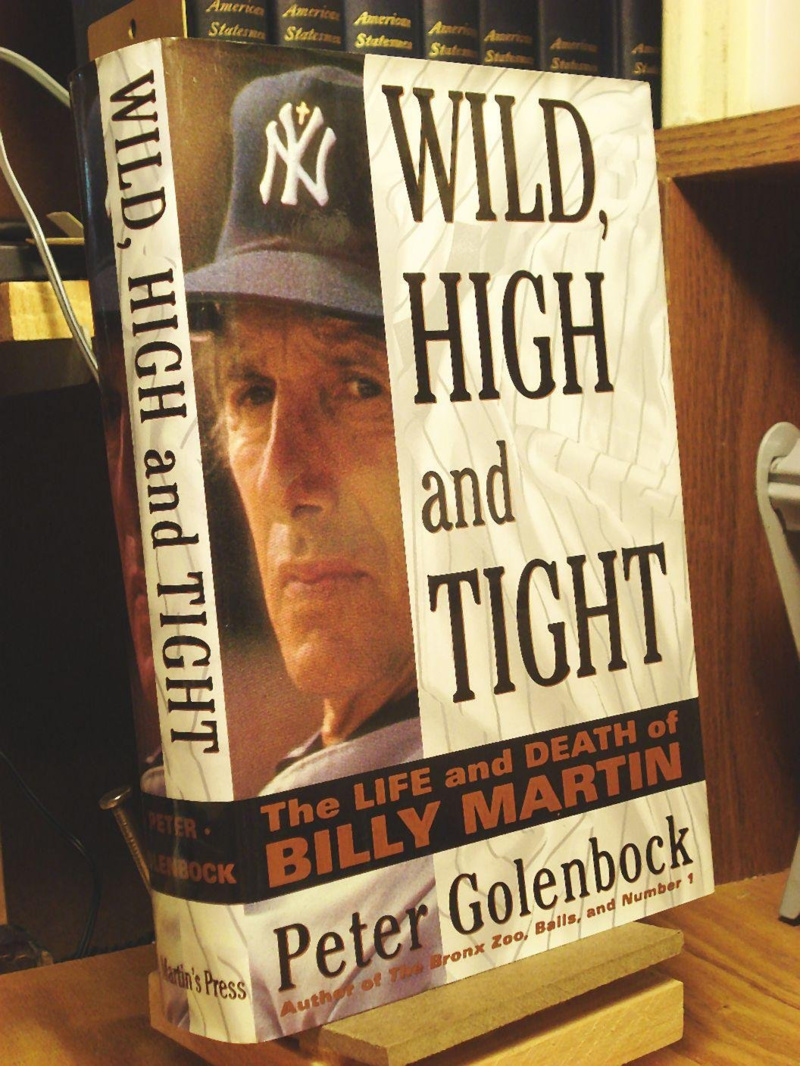
Wild, High, and Tight: The Life and Death of Billy Martin
by Peter Golenbock
Biography of Billy Martin – renowned second baseman for the New York Yankees in the 1950s and then manager who led them to a World Series win in 1977. He was then subsequently hired and fired by them five different times.
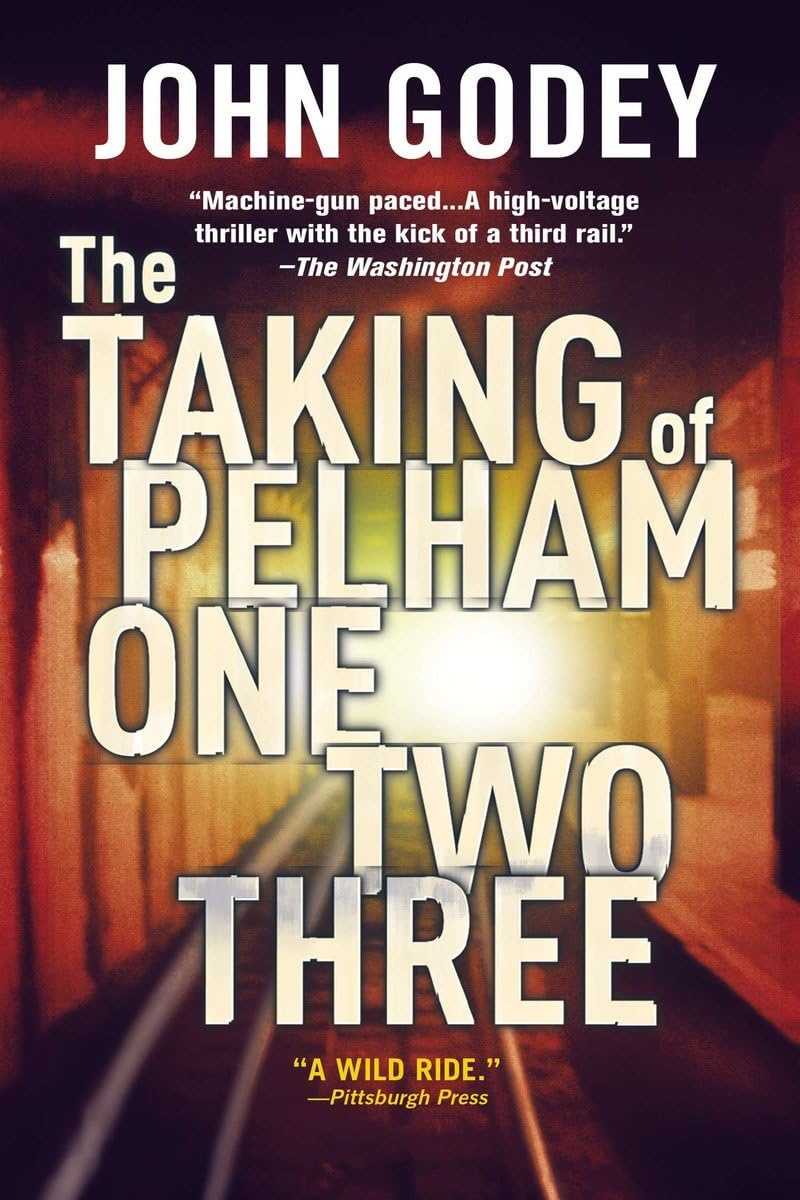
The Taking of Pelham One, Two, Three
by John Godey
A fictional story of four men who hijack a NYC subway train for $1,000,000. Made into a movie in 1974 and again in 2009.
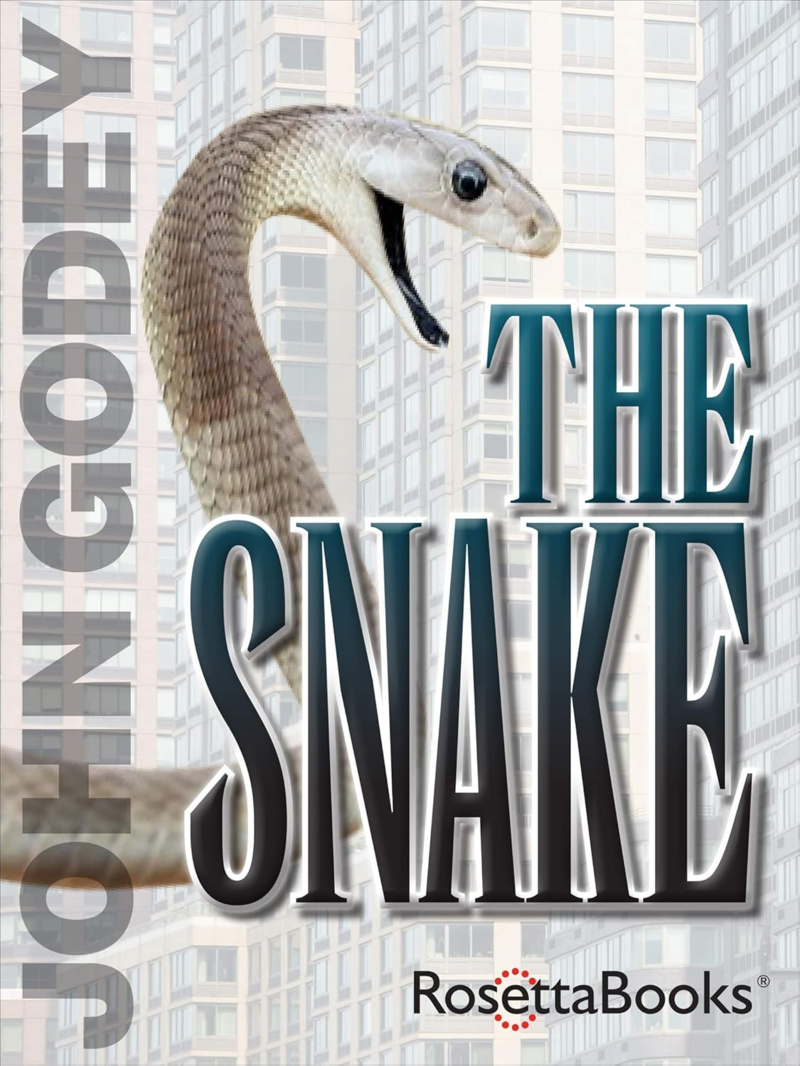
The Snake
by John Godey
A fictional story of a highly venomous snake that gets loose in Central Park.
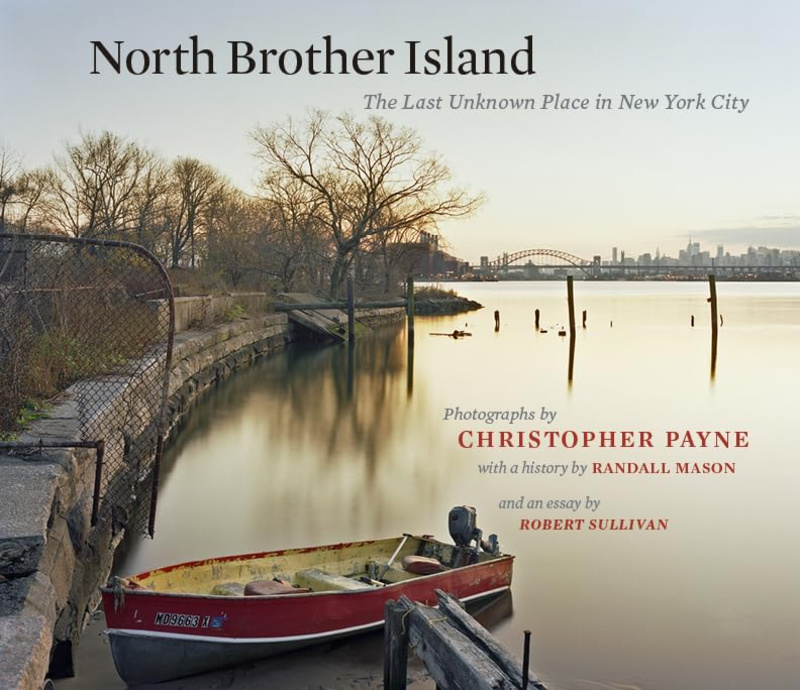
North Brother Island: The Last Unknown Place in New York City
by Christopher Payne
A photography book of Riverside Hospital, a former isolation and infectious diseases hospital situated on North Brother Island in the East River.
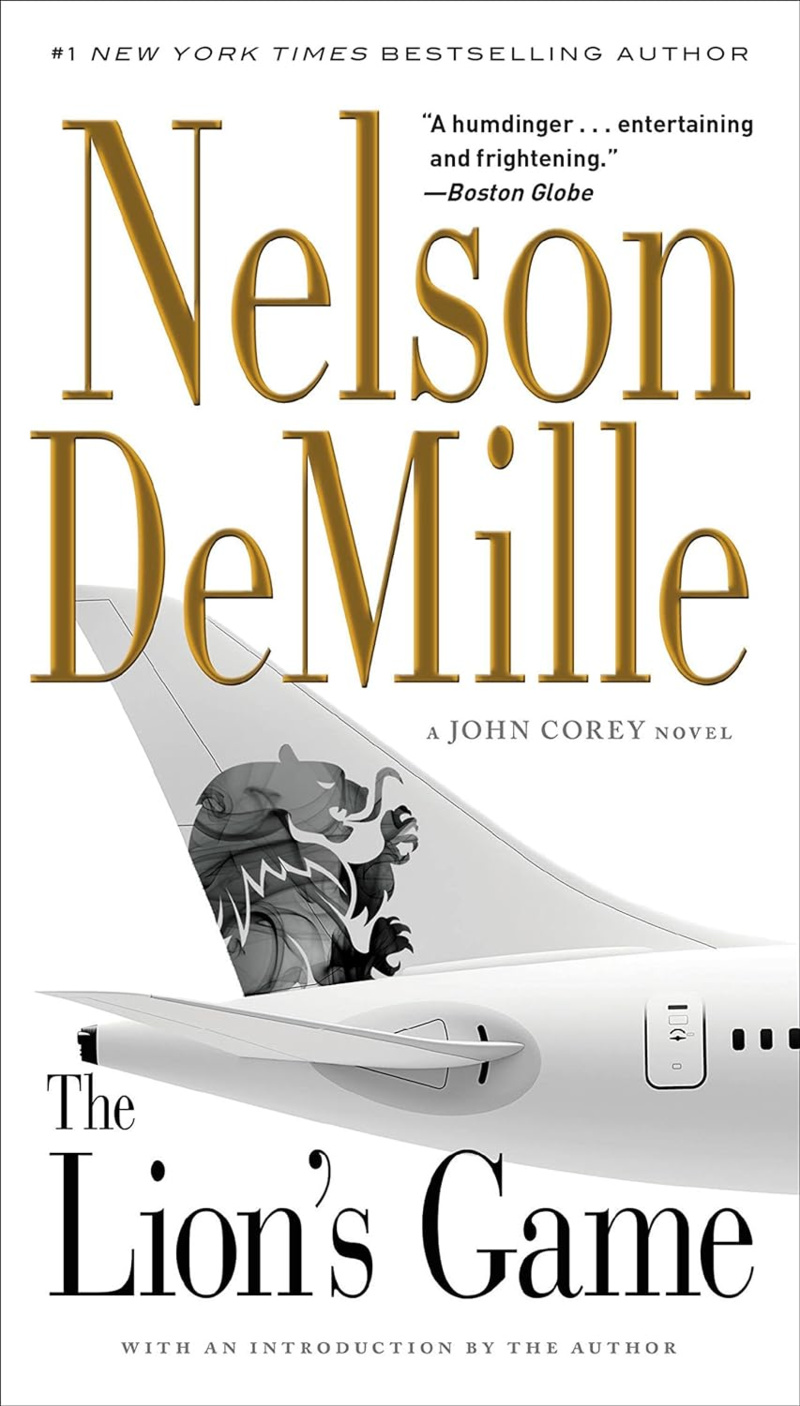
The Lion’s Game
by Nelson DeMille
A fictional novel about John Corey, a former NYPD detective now serving as a contractor for the FBI Anti-Terrorist Task Force
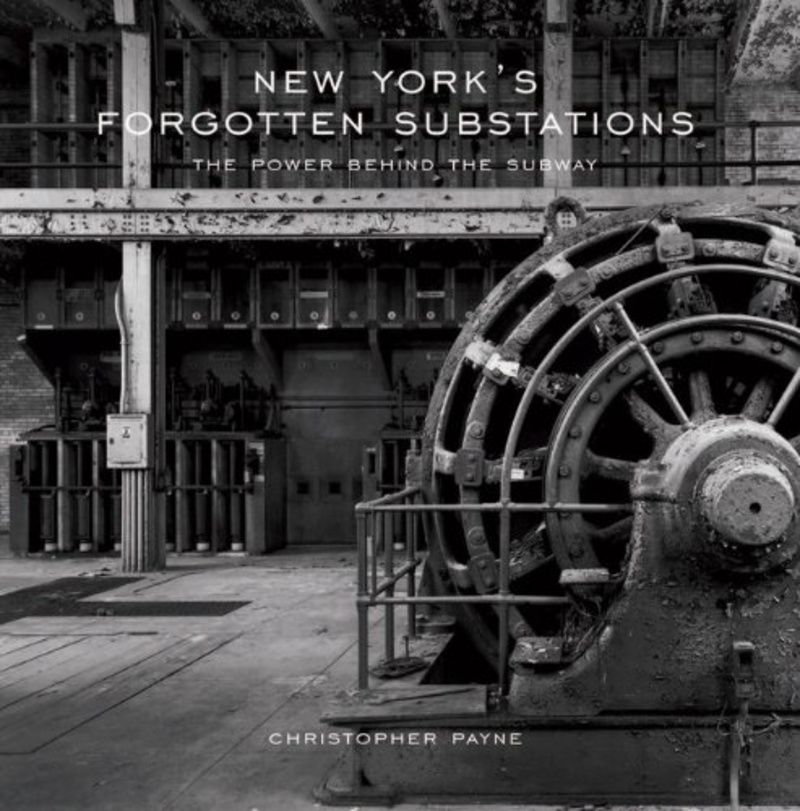
New York’s Forgotten Substations: The Power Behind the Subway
by Christopher Payne
A beautiful photography book of images of the machinery in New York City substations.
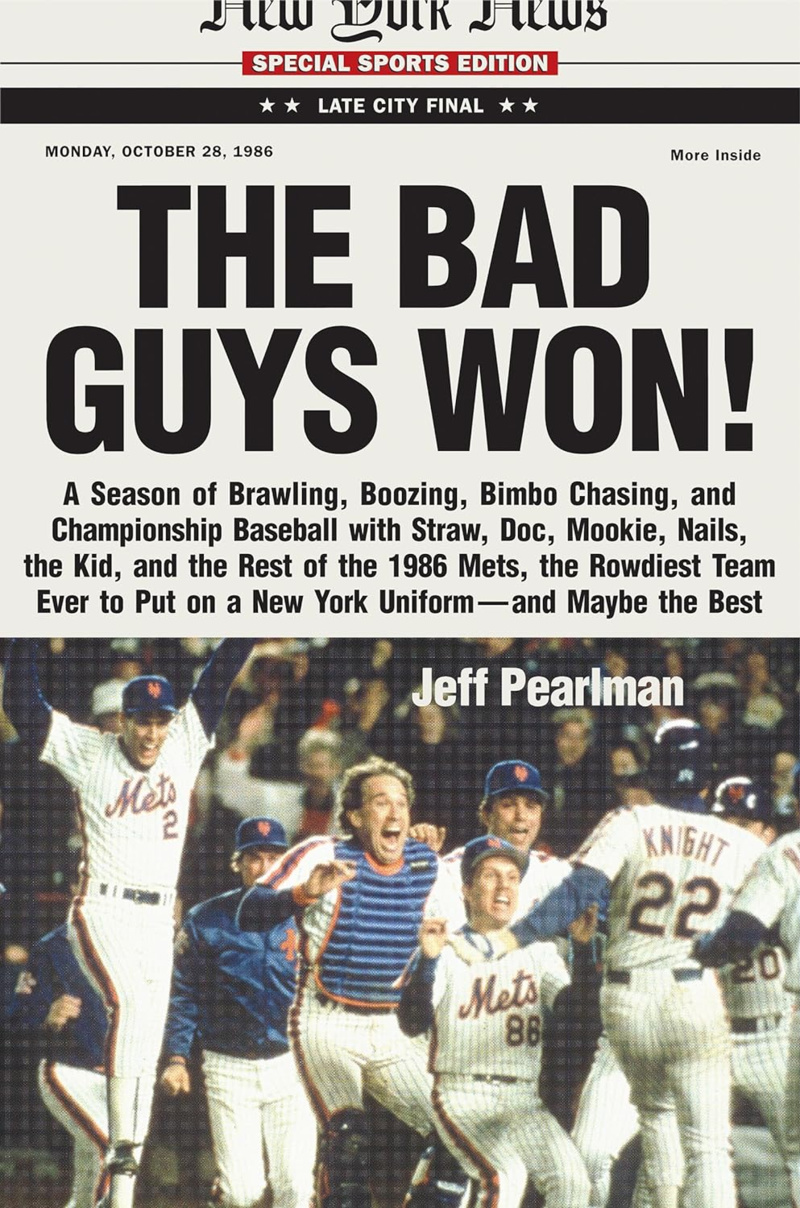
The story of the 1986 Mets season and their World Series win.
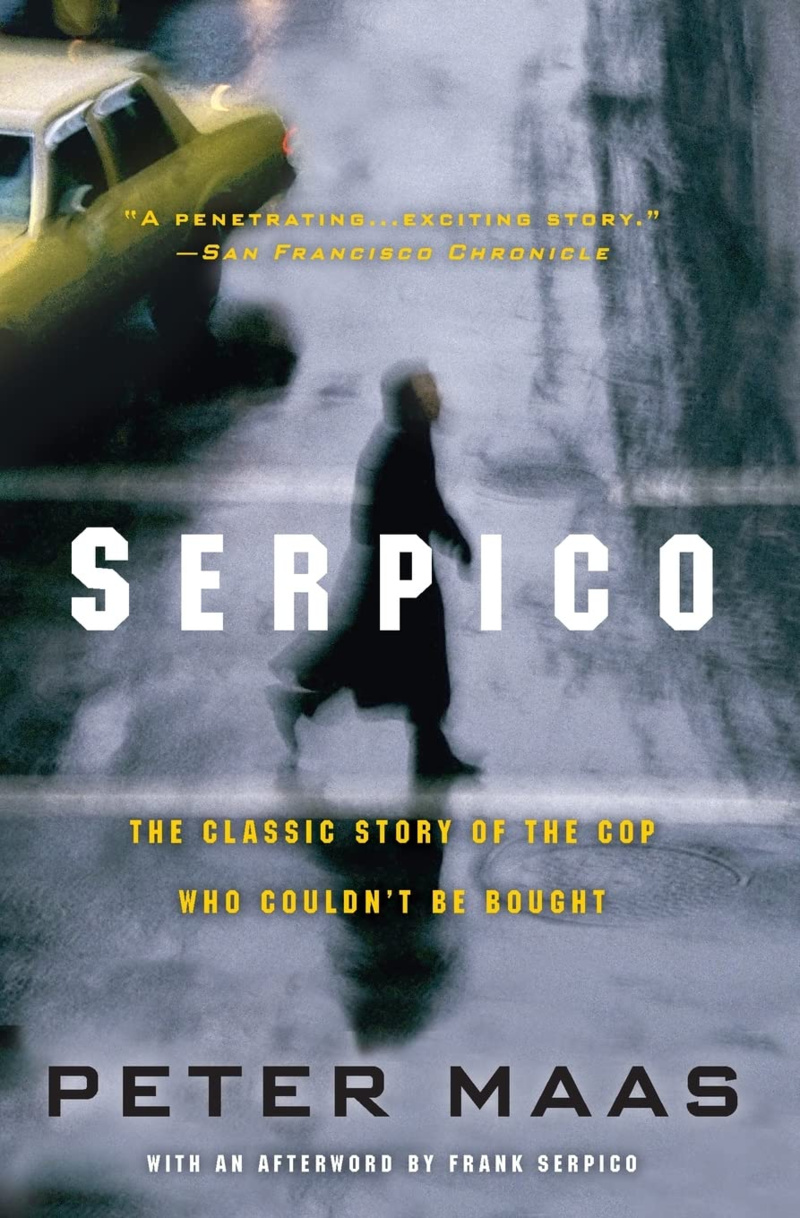
Serpico
by Peter Maas
The true story of a New York City police officer who stood up to and exposed corruption within the department. Made into an Academy Award-winning movie in 1973 starring Al Pacino.
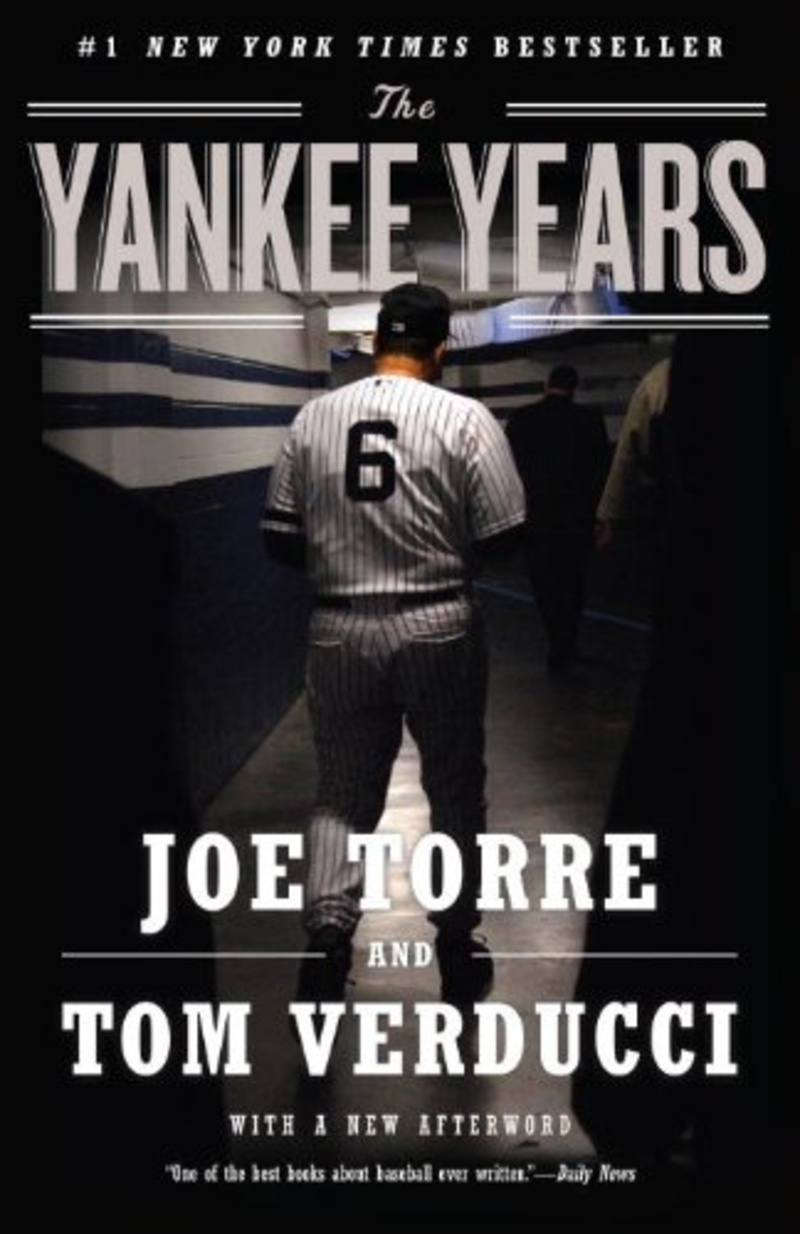
The Yankee Years
by Joe Torre & Tom Verducci
The definitive story of how Yankees manager Joe Torre built the team into a dynasty from 1996 to 2007.
John Surico
New York City journalist.
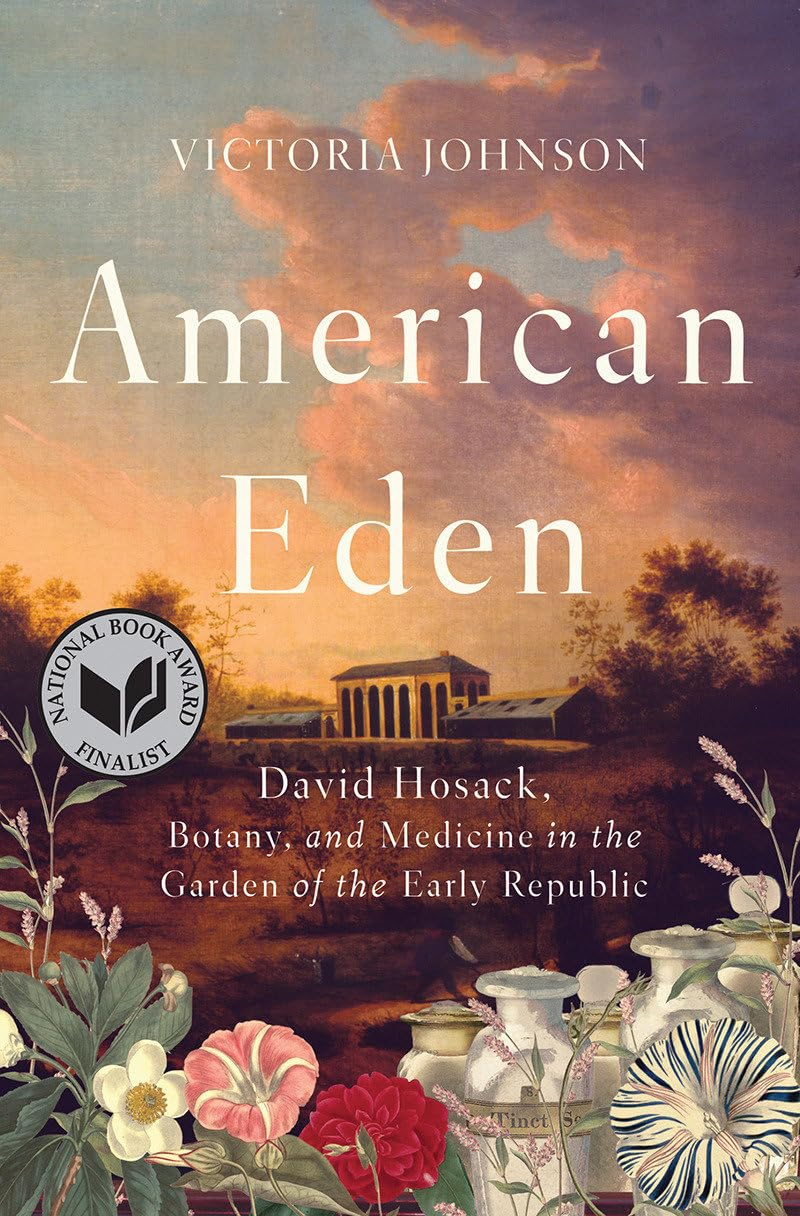
American Eden: David Hosack, Medicine, Botany and Medicine in the Garden of the Early Republic
by Victoria Johnson
The story of the man who brought the then-emergent science of botany to America, whose botanic garden (America’s first) stood where Rockefeller Center sits today, weaves a fascinating, almost Rosencrantz-and-Guildenstern tale alongside the Founding Fathers in New York’s first days of the early Republic.
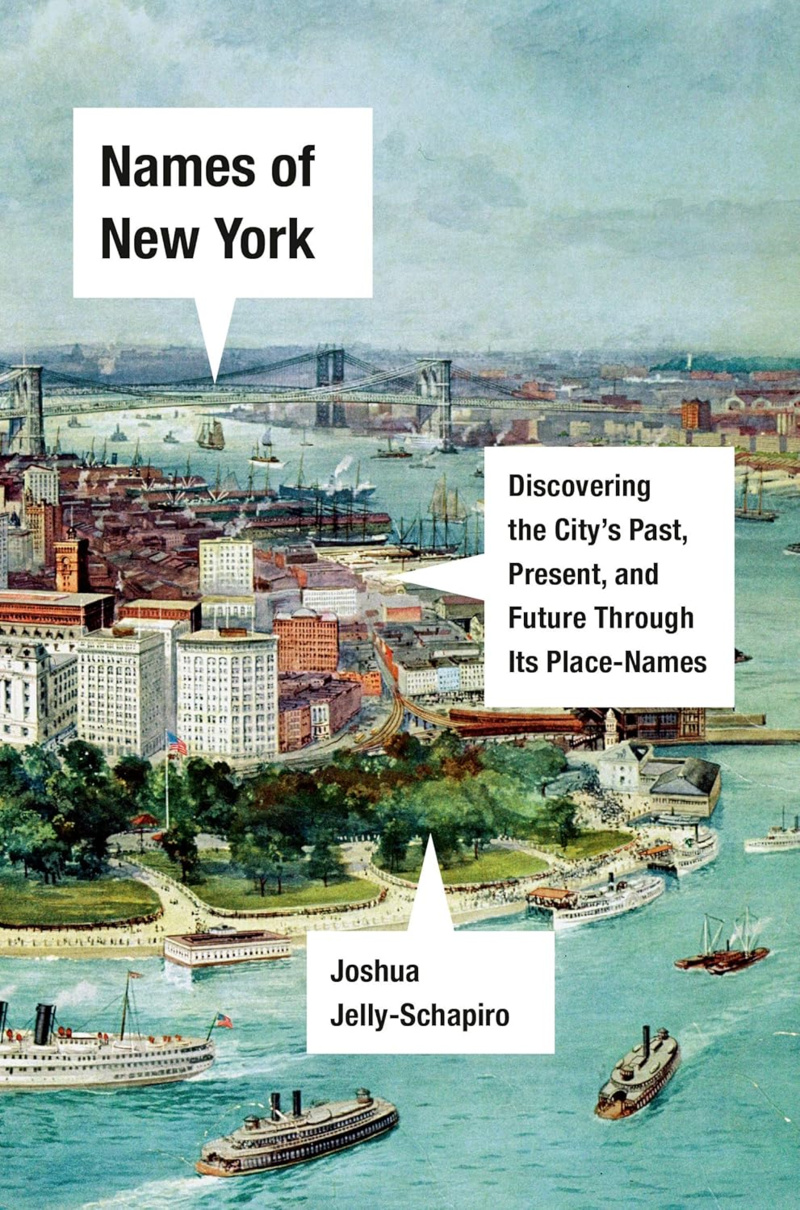
Names of New York
by Joshua Jelly-Schapiro
The historian delivers a much-needed, sometimes uncomfortable reckoning of the place-names New Yorkers regularly exchange in daily life—of neighborhoods, of street signs, of plazas and landmarks—that helps inform and deepen the public spaces we share and live in.
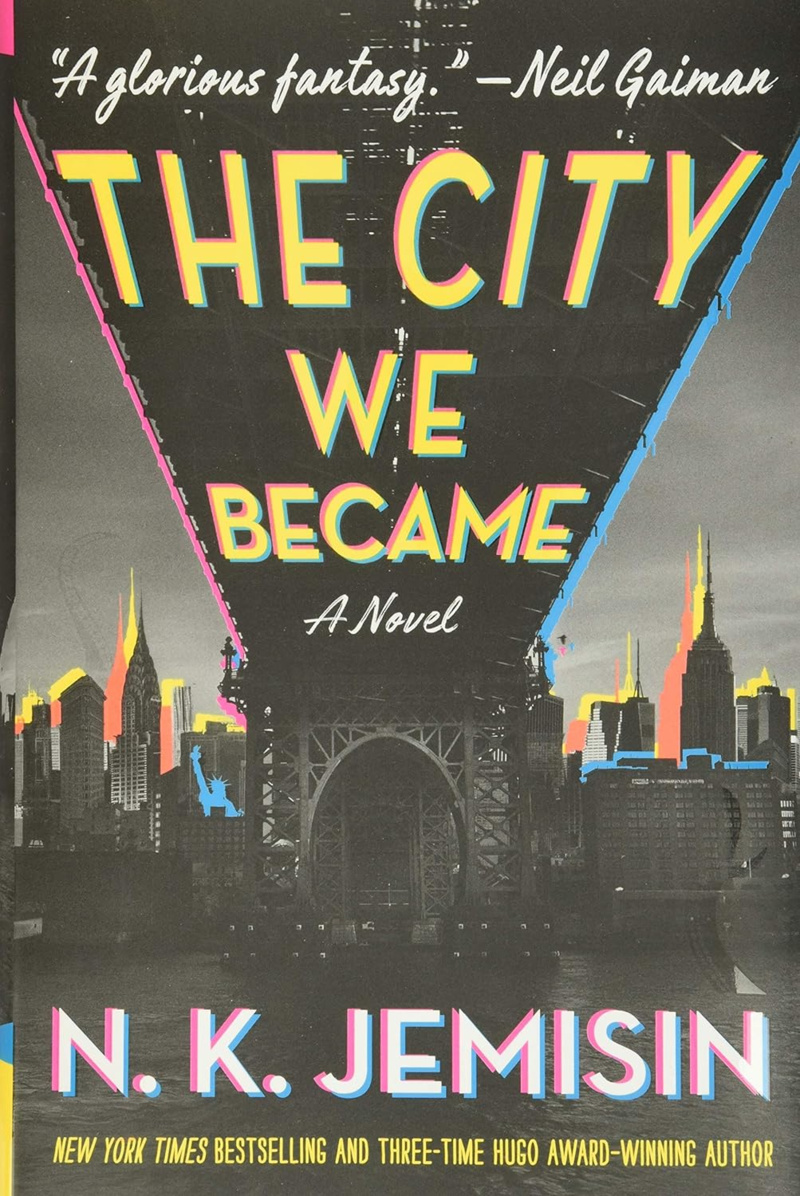
The City We Became + The World We Make
by N.K. Jemisin
The Bed-Stuy-based writer brings her award-winning sci-fi home for the Great Cities Duology, where the boroughs are living beings immersed in an interdimensional fight against nefarious-yet-familiar forces hell bent on destroying the city we know and love.
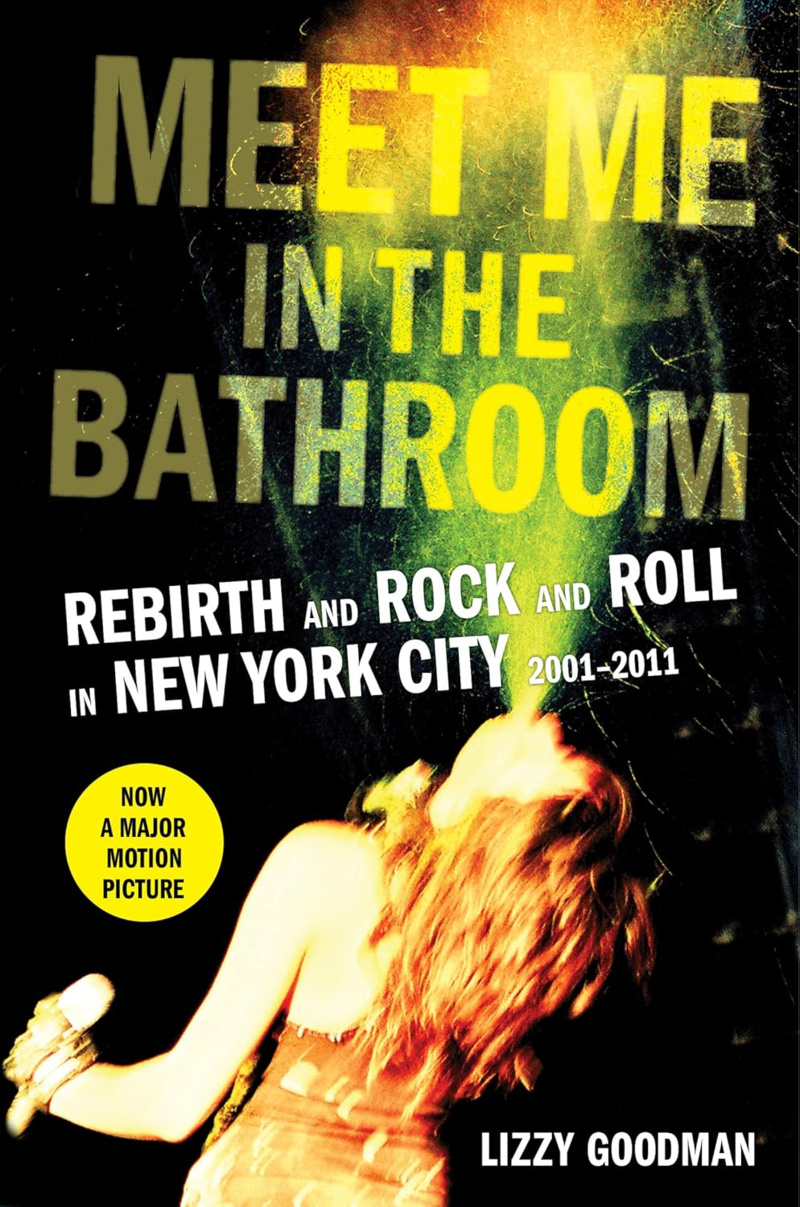
Meet Me in the Bathroom
by Lizzie Goodman
This oral history of the early-aughts indie rock scene on the Lower East Side and in north Brooklyn provides a fascinating, behind-the-scenes look at what many proclaim to be the city’s last true “scene,” which doubles as a larger rumination on New York after 9/11.

Here is New York
by E.B. White
Perhaps no better love letter to New York City than this one, as White strolls through his beloved Manhattan on the brink of immense change after the Second World War. (It has one of my favorite passages, on White’s despair that his favorite drinking holes were beginning to install the newest technology then: television.)
Louis So
Untapped New York tour guide who leads guests to uncover Secrets of the Brooklyn Bridge and Grand Central Terminal.
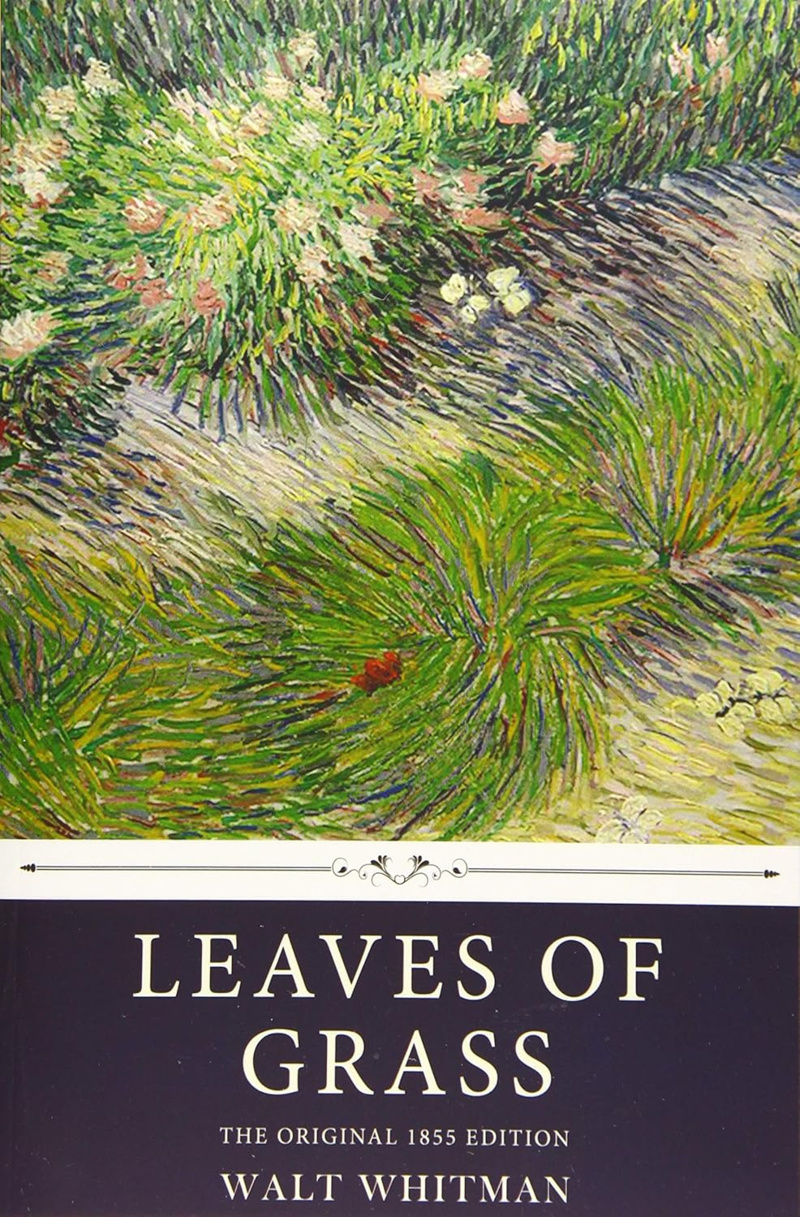
Leaves of Grass
by Walt Whitman
There’s nothing more American in poetry—and nothing more New York—than the poems here inspired by the medley of people, many deemed “roughnecks,” hanging out on the then underbelly of New York: The Bowery. All of whom get celebrated by the quintessential Brooklynite.
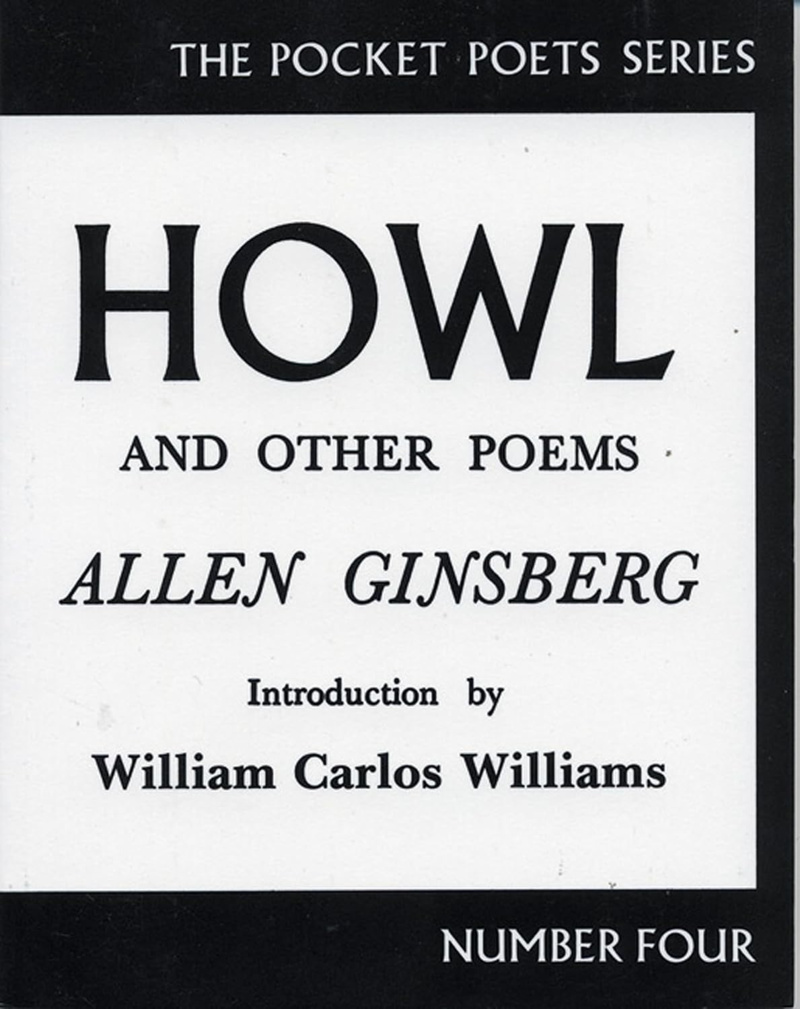
Howl
by Allen Ginsberg
Whitman’s artistic inheritor Allen Ginsberg invoked the Greater New York topography of New Jersey (his home state), Rockland and Westchester counties, and Long Island in his epic masterpiece of 20th century resistance poetry. The base of resistance is strongly rooted in 1950s New York City as his band of Beats writers crisscross America from coast to coast.
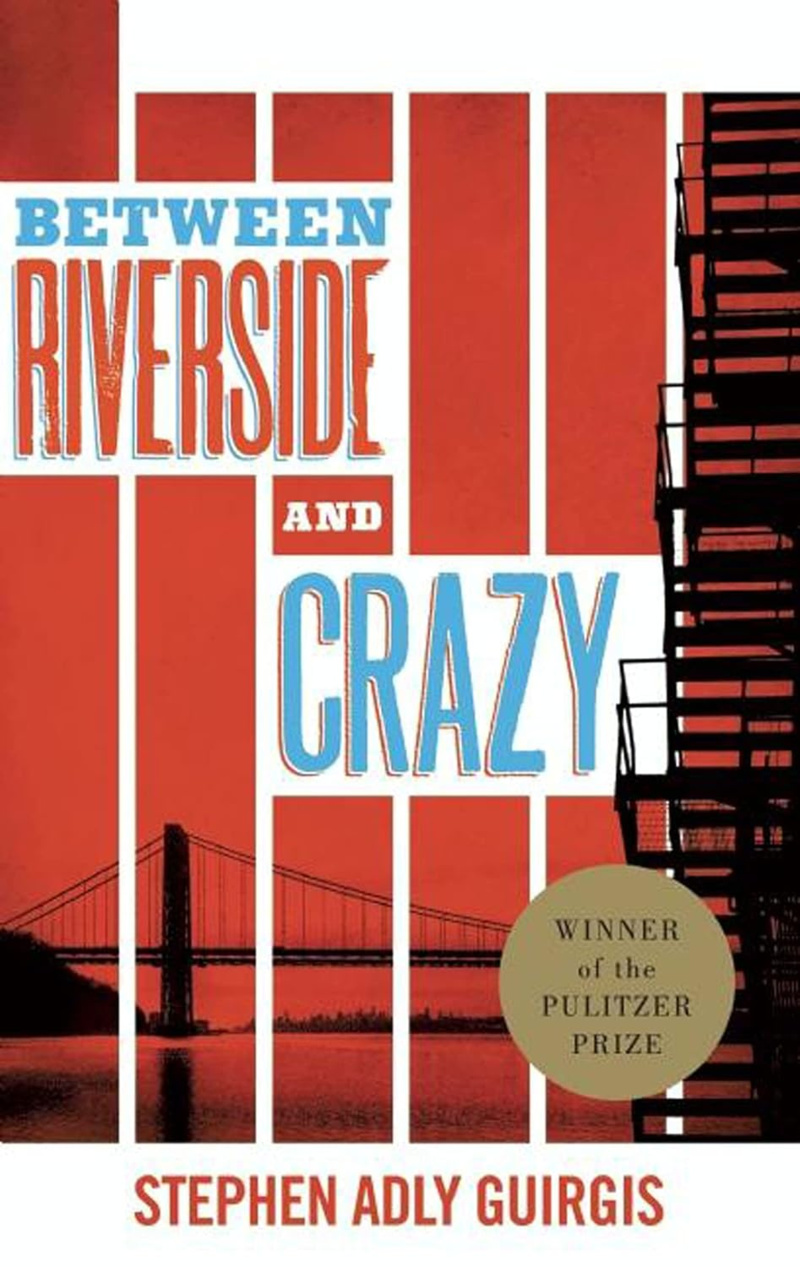
Between Riverside and Crazy
by Steven Adly Gurgis
A play, set on Manhattan’s Upper West Side concerning an old timer cop who inherited an enviable, but heartbreaking apartment (wife passed, son jailed) in a gentrified New York. He faces a battle that might have him evicted. Written by a New York City playwright, the play went from Off-Broadway to Broadway last year. Gurgis shares a love for rough around the edges, lower social class characters of New York, similarly to Ginsberg and Whitman.

The Great Gatsby
by F. Scott Fitzgerald
Besides that it’s now a Broadway musical, which makes it doubly New York, I love TGG because the outer borough vs. Manhattan/City experience is central to the story. I grew up in East Flushing, so I know Little Neck (West Egg), Great Neck (East Egg), Willets Point (the Valley of the Ash) where auto shops still exist, and THIS: “The city seen from the Queensboro Bridge is always the city seen for the first time, in its first wild promise of all the mystery and the beauty in the world.”

Here is New York
by E.B. White
In this essay collection, E. B. White shares his observations about the inhabitants, culture, and history of New York City. Born in Mount Vernon, New York, White is probably best known for Charlotte’s Web ans Stuart Little, but he was also a journalist and a longtime contributor to The New Yorker and Harper’s. “Here Is New York,” grew out of an article White wrote for the travel magazine: Holiday.
Cullen Brown
Cullen leads various tours for Untapped New York, including our newly launched Powering NYC : East River Ferry Tour!
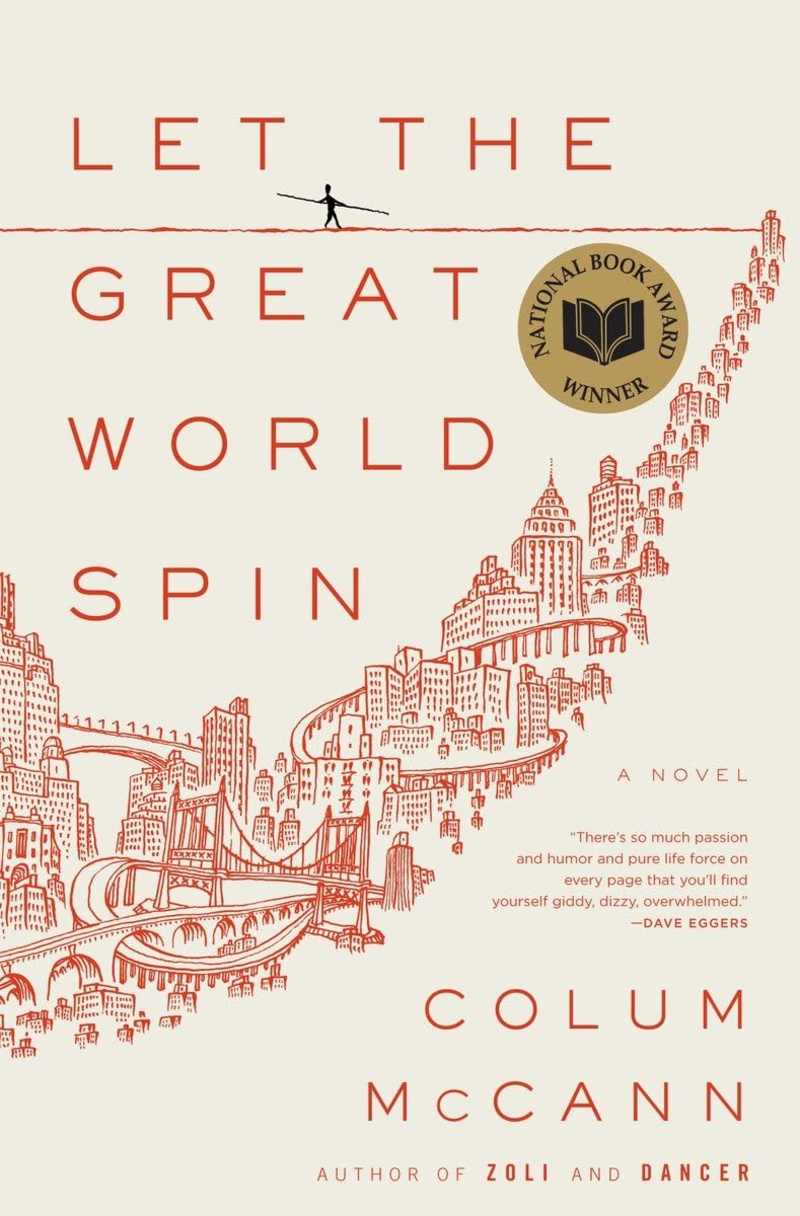
Let the Great World Spin
by Colum McCann
This book blends diverse lives and time periods into an amazing narrative.
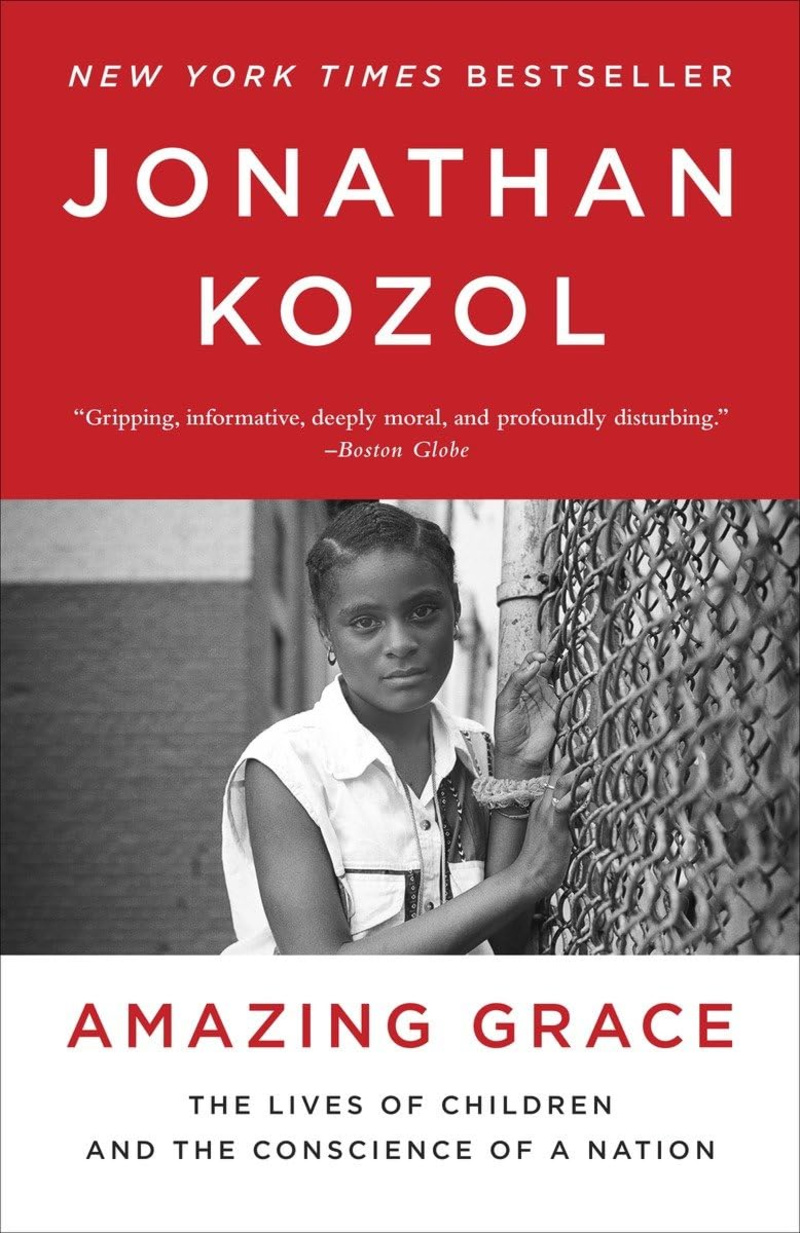
Amazing Grace: The Lives of Children and the Conscience of a Nation
by Jonathan Kozol
An insightful, disturbing, and sometimes humorous look into how children experienced the South Bronx in the early 1990s.
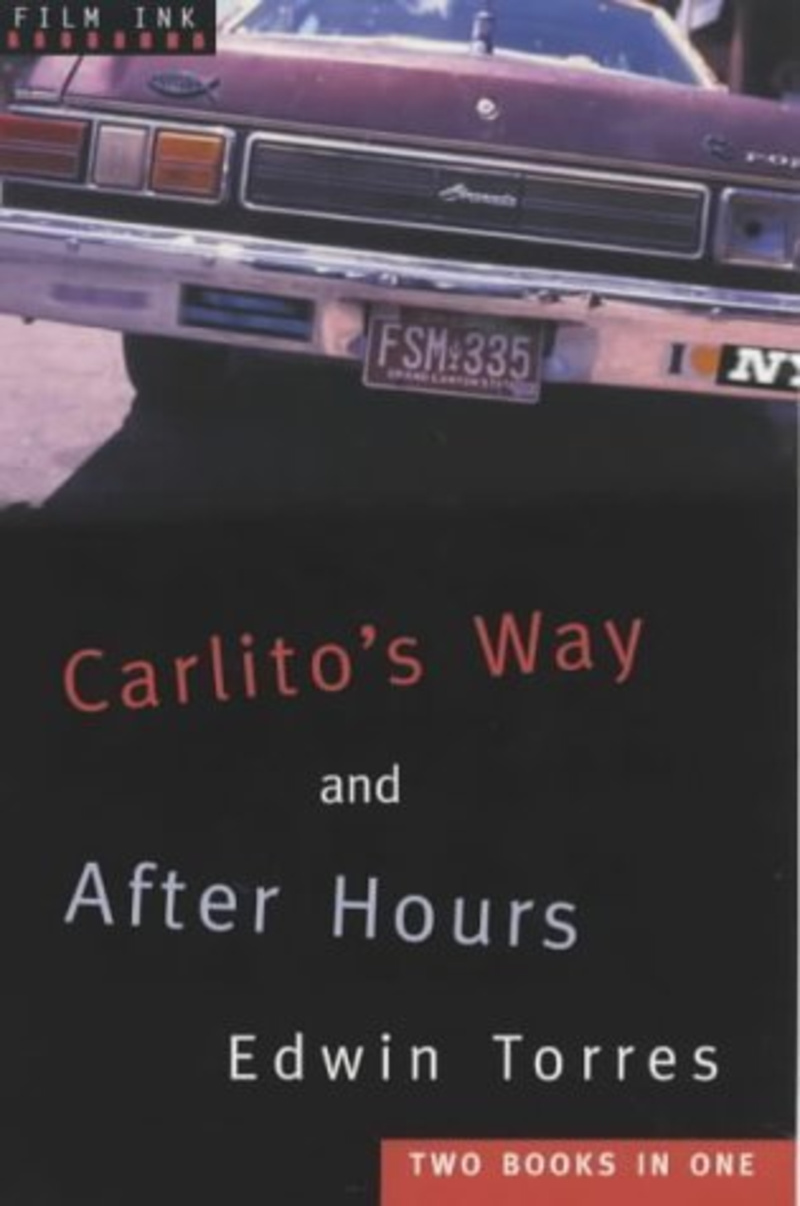
Carlito’s Way
by Edwin Torres
Its sequel (After Hours) was adapted into the Brian de Palma movie of the same name, but this one is way better. It contains a dictionary of New York City street slang in East Harlem and an amazing story of crime and adventure as well.
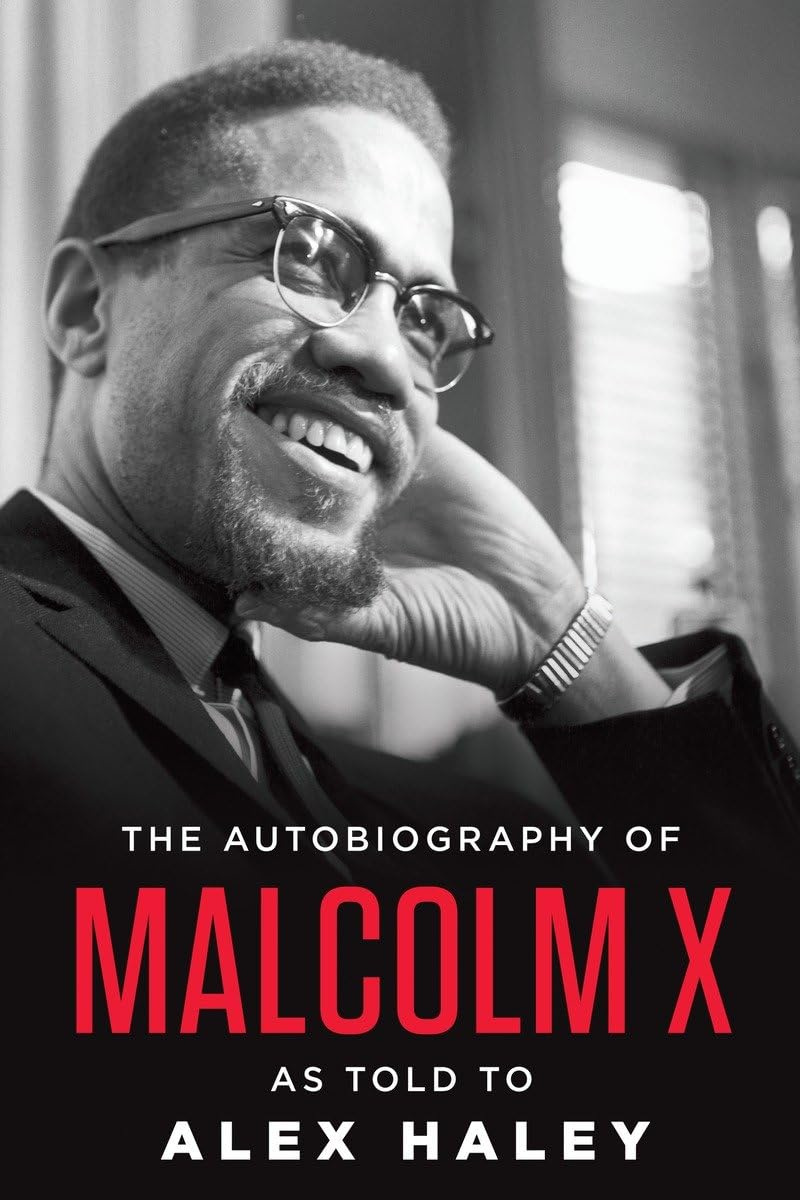
Autobiography of Malcolm X
by Alex Haley
Beginning in pre-war Michigan and later Harlem, it traces a classic story of an energetic and ambitious person whose life is supercharged by coming into New York City.
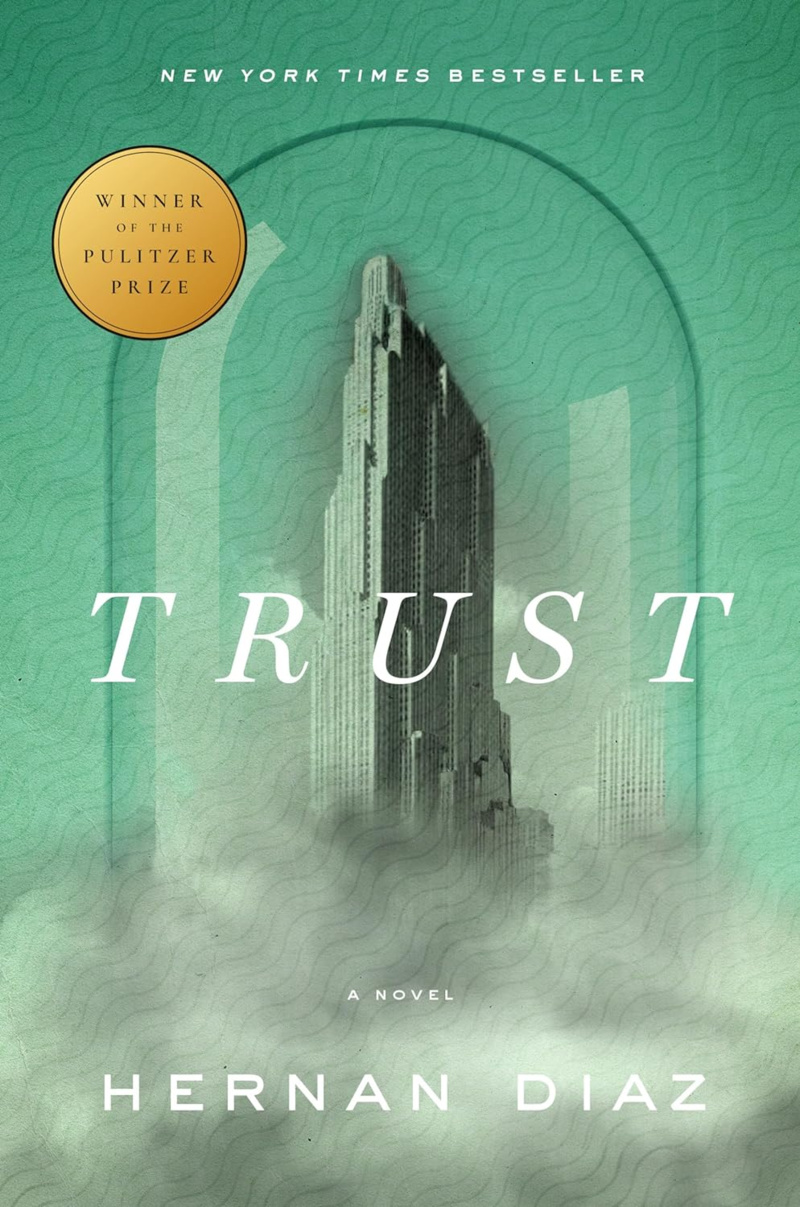
Trust
by Hernan Diaz
Its Borges-esque metafictional structure in engaging, with different sections and perspectives that contradict each other. This Pulitzer Prize Winner also gives an interesting look into early 20th-century Wall Street and high society.
Untapped New York Insiders
Robyn Roth-Moise
Robyn is a longtime Insider who has also helped lead some Insider experiences such as our tour of The Belleclaire Hotel and interviews with her architect father, the late Richard Roth, Jr. of the noted New York City firm Roths & Sons.
- New York: The Novel by Edward Rutherford
- Our Crowd: The Great Jewish Families of New York by Stephen Birmingham (who also wrote The Rest of Us: The Rise of America’s Eastern European Jews where he discusses Emery Roth-Robyn’s great-grandfather!)
- Zabar’s: A Family Story, with Recipes by Lori Zabar
- New York New York New York: Four Decades of Success, Excess, and Transformation by Thomas Dyja
- The Plaza by Julie Satow (who also wrote the book featured at one of our Lit Salon launch parties: When Women Ran Fifth Avenue)
- Last Days of Night by Graham Moore
- Broadway, Schrafft’s and Seeded Rye: Growing Up Slightly Jewish on the Upper West by Lyla Blake Ward
- House of Outrageous Fortune by Michael Gross
- Empty Mansions: The Mysterious Life of Huguette Clark and the Spending of a Great American Fortune by Bill Dedman
- Time After Time by Lisa Grunwald
Marie Carter
A New York transplant from Scotland, Marie is the author of a few books of her own including Holly’s Hurricane and Moritimer and The Witches.
- Cat Men of Gotham: Tales of Feline Friendship in Old New York by Peggy Gavan
- Damnation Island: Poor, Sick, Mad, and Criminal in 19th-Century New York by Stacy Horn
- The Women’s House of Detention: A Queer History of a Forgotten Prison by Hugh Ryan
- Sex Workers, Psychics, and Numbers Runners: Black Women in New York City’s Underground Economy by LaShawn Harris
- The Black Angels: The Untold Story of the Nurses Who Helped Cure Tuberculosis by Maria Smilios
Klaus-Peter Statz
One of our founding Insiders, you can see many of Klaus’s photographs from Untapped New York walking tours and Insider events on our website and social media.
- Bonfire of the Vanities by Tom Wolfe
- Time and Again by Jack Finney
- Island at the Center of the World by Rusell Shorto
- Up in the Old Hotel by Joseph Mitchell
- Das Deutsche New York, Ilona Stoelken
What is your favorite New York City book? Let us know on Instagram, Threads, or Facebook, @untappedny!

